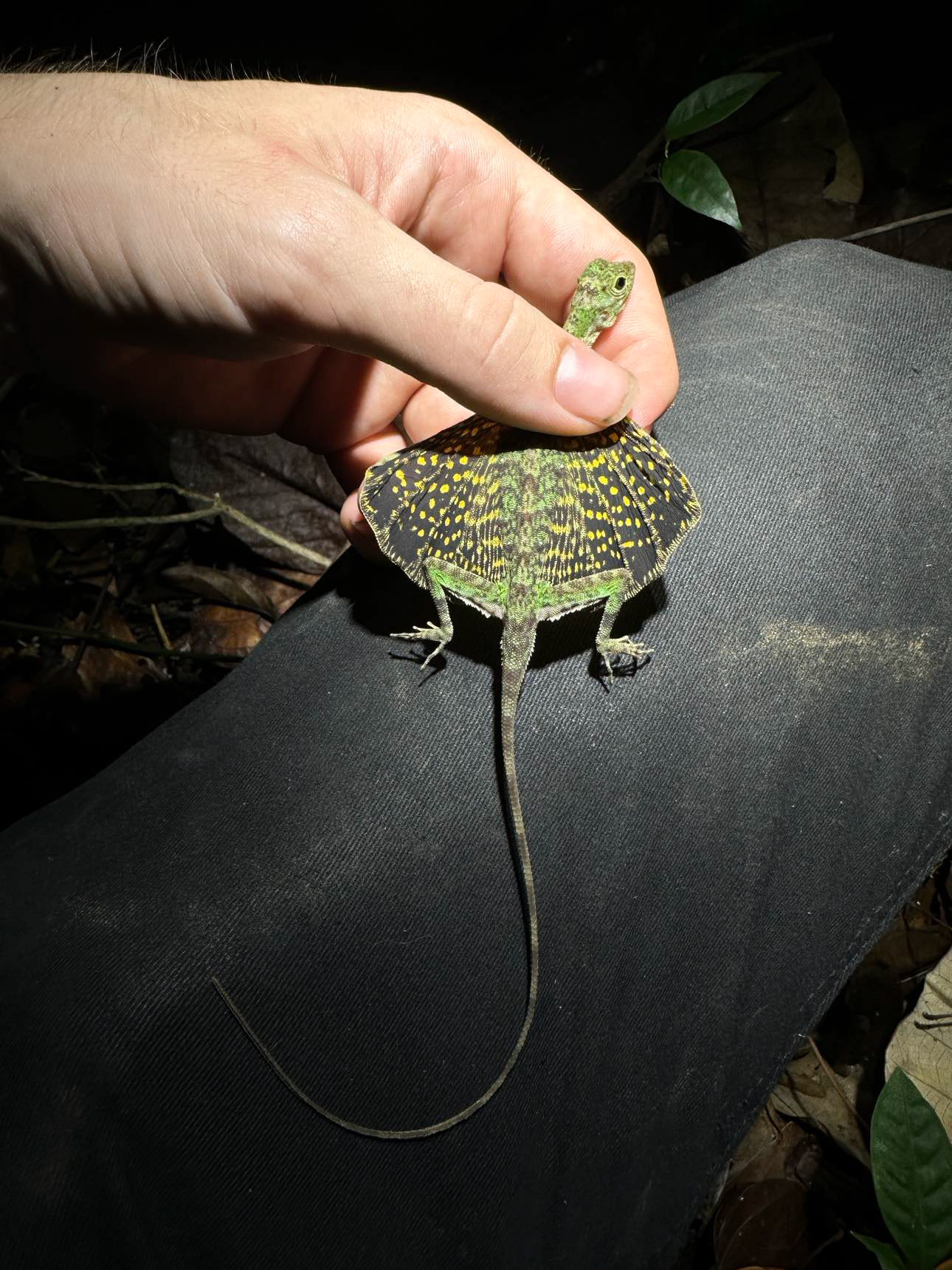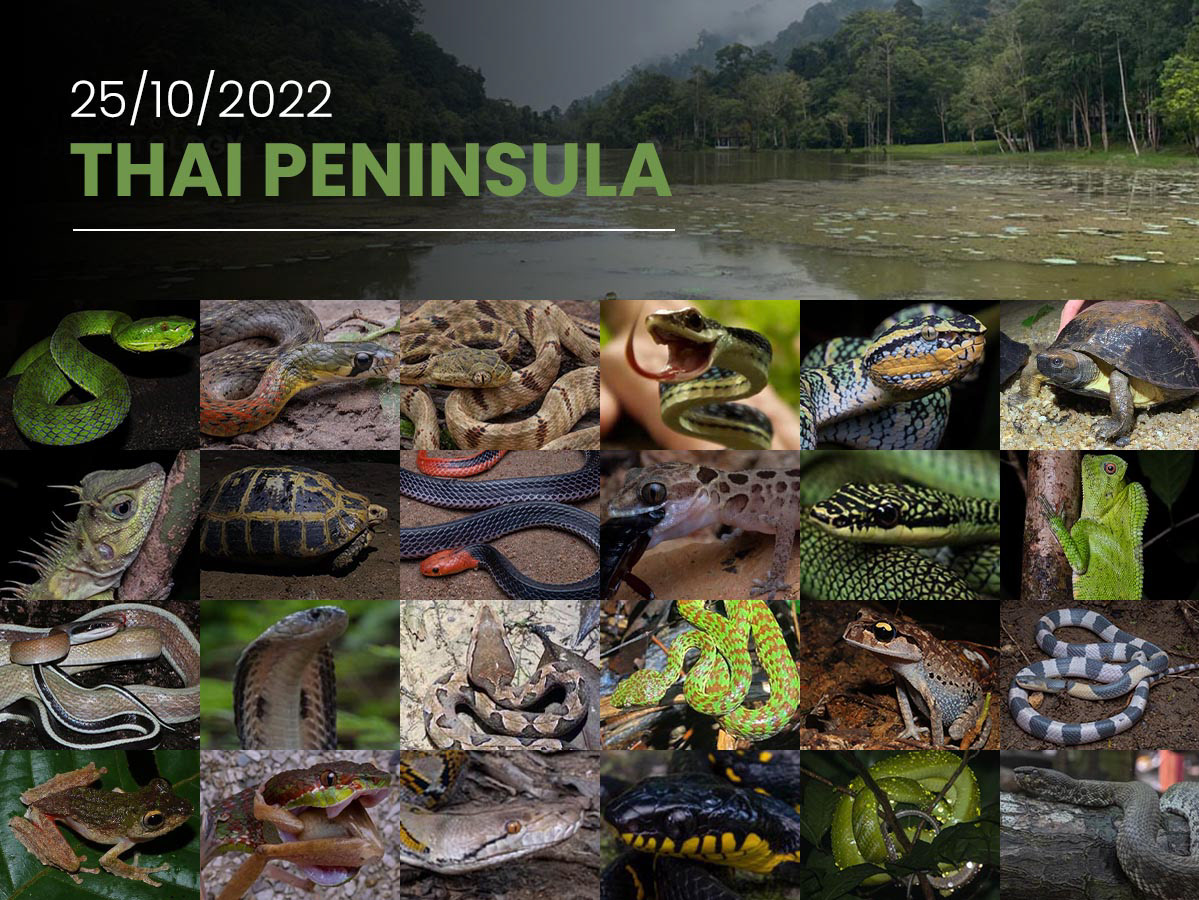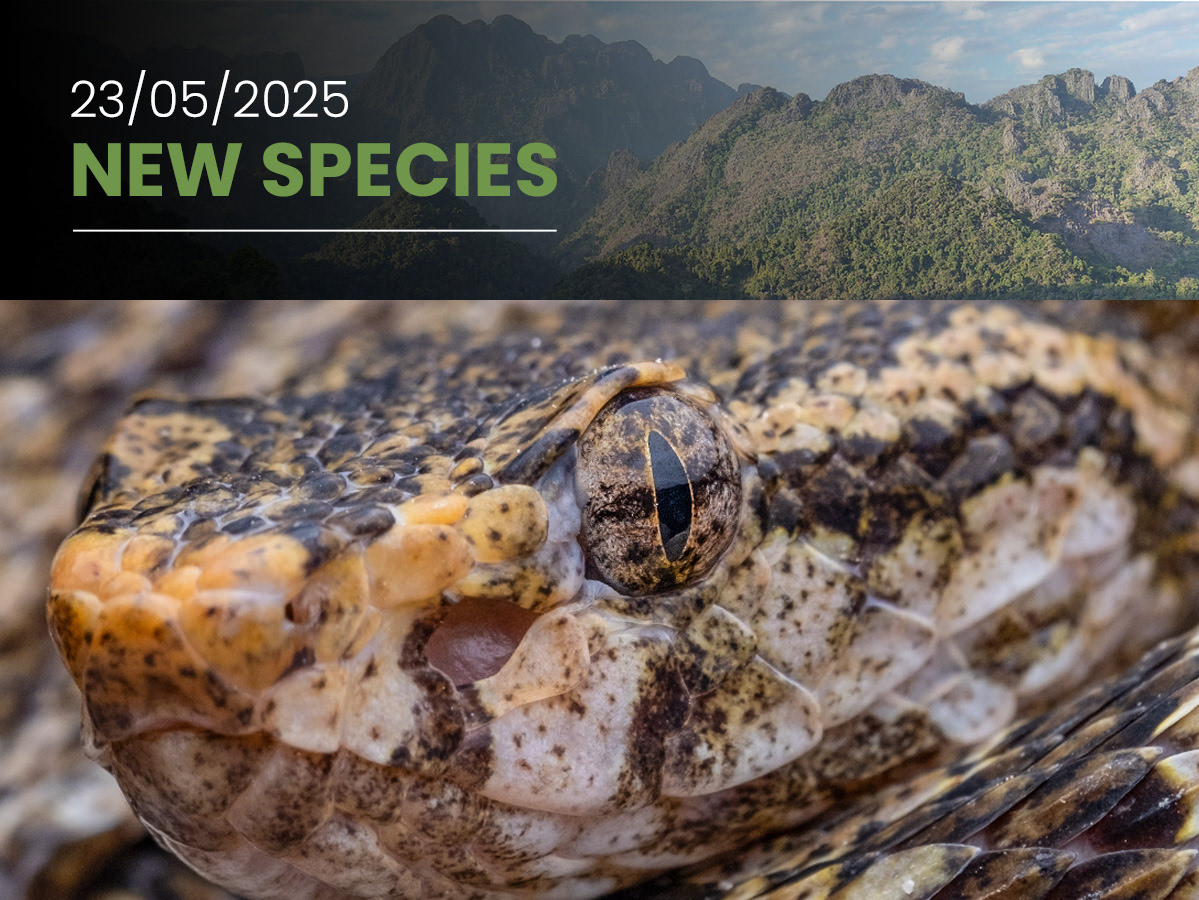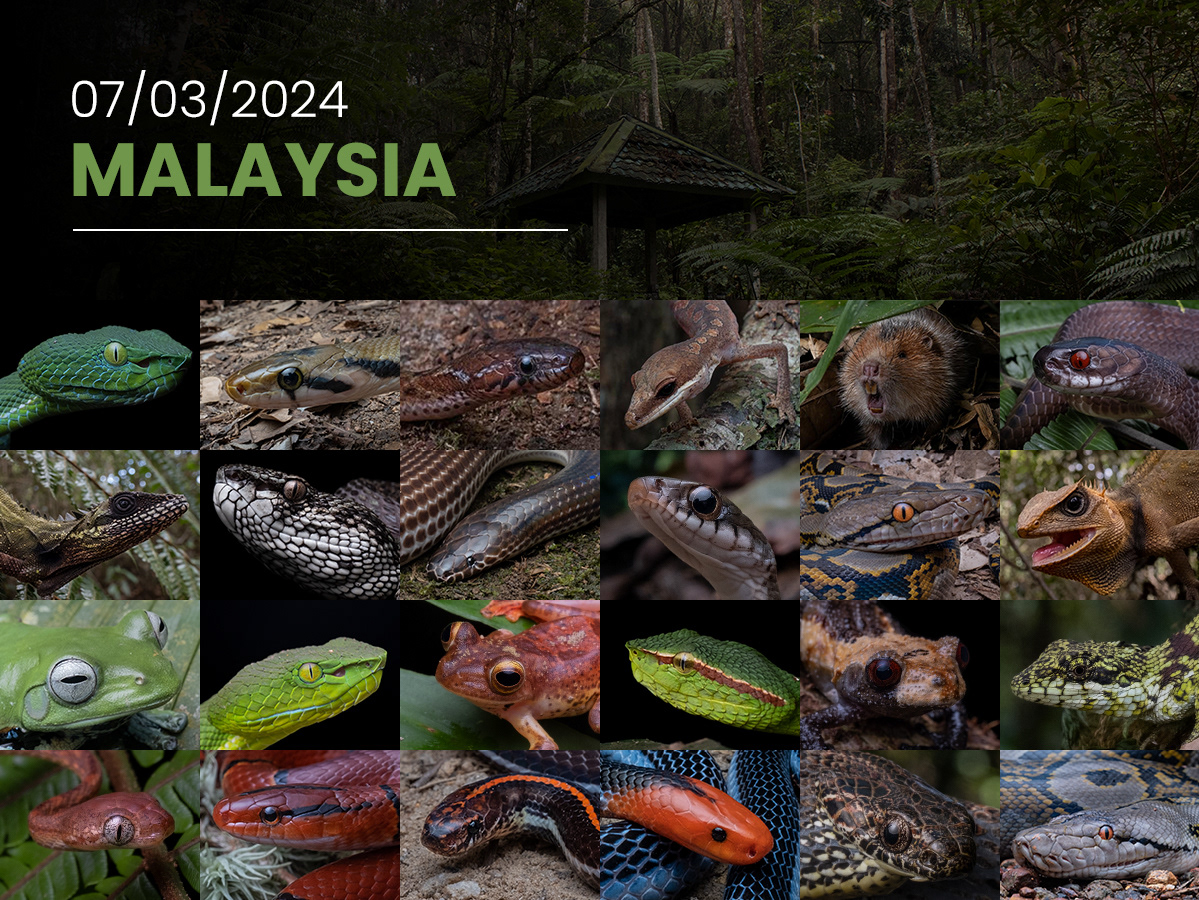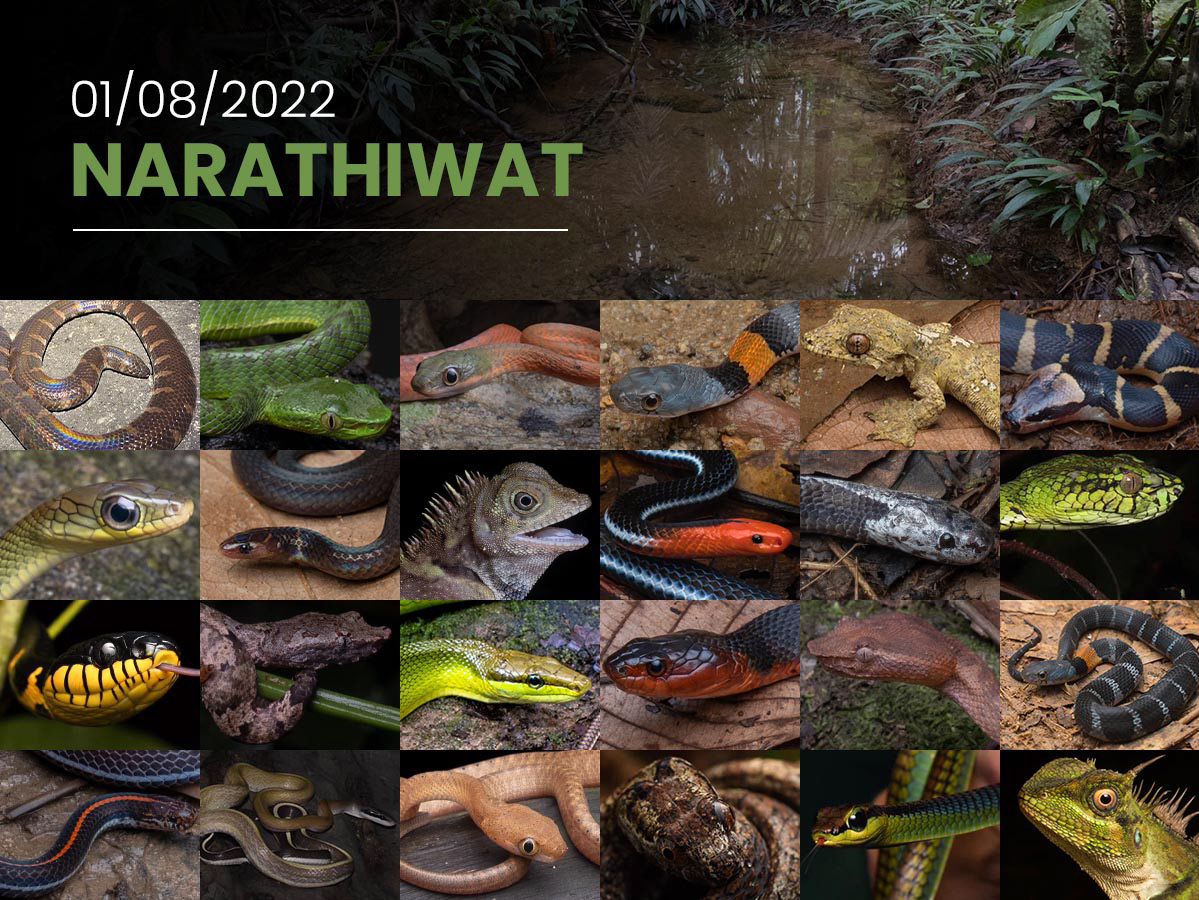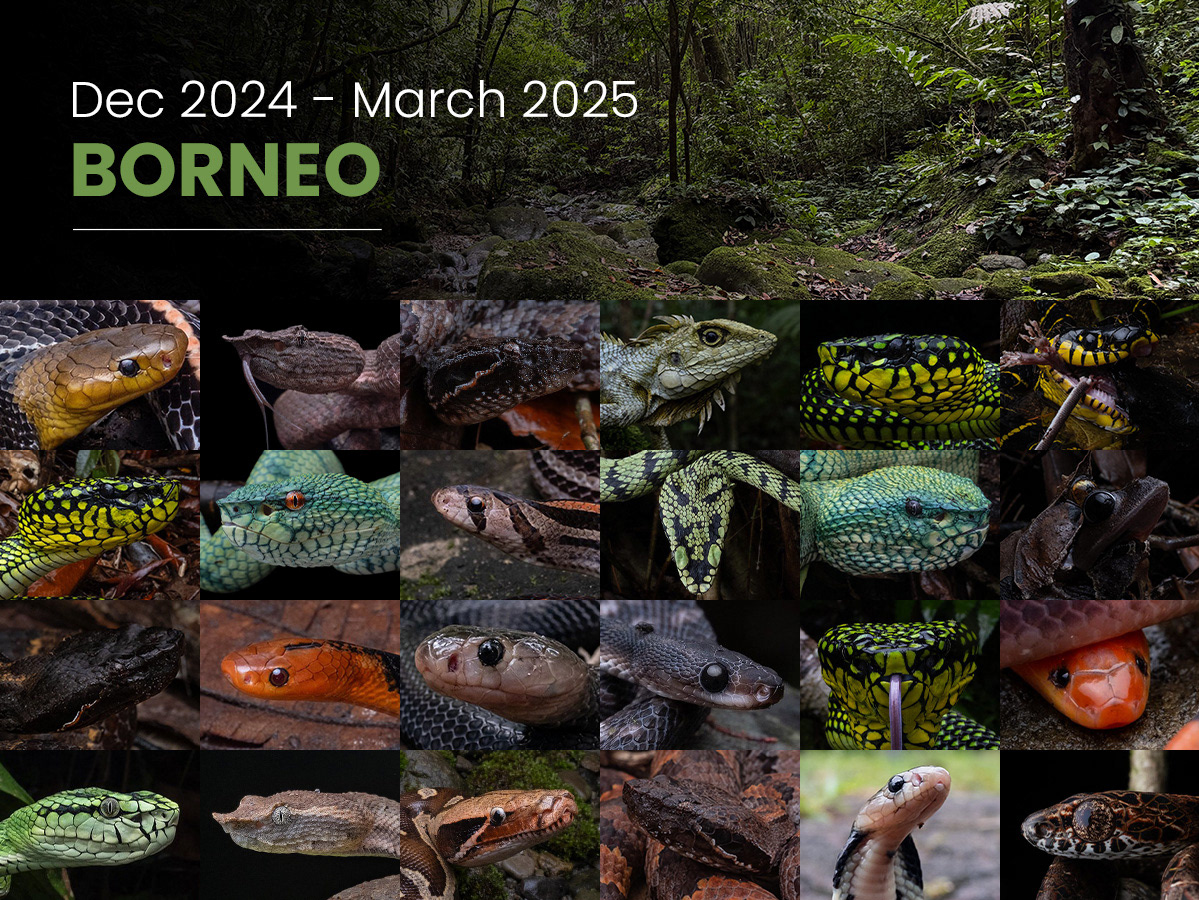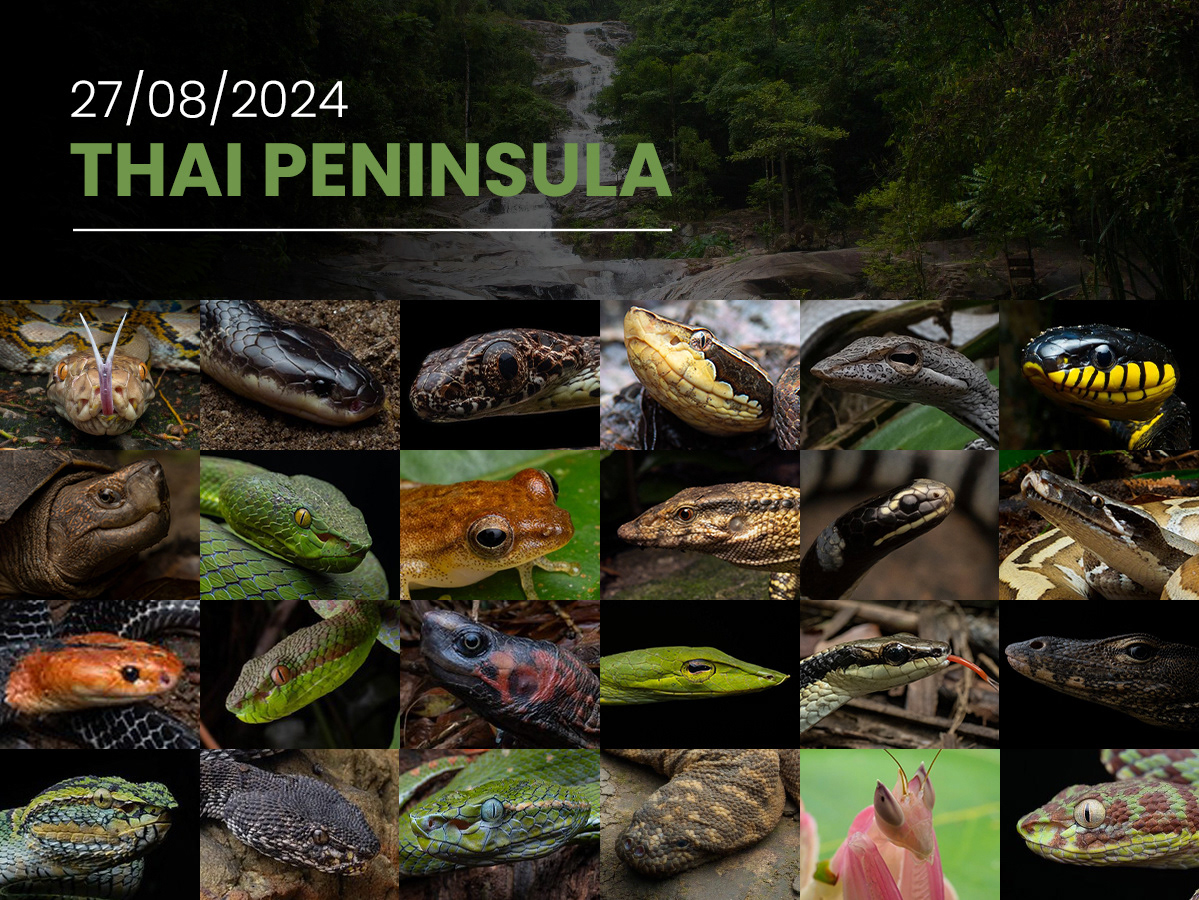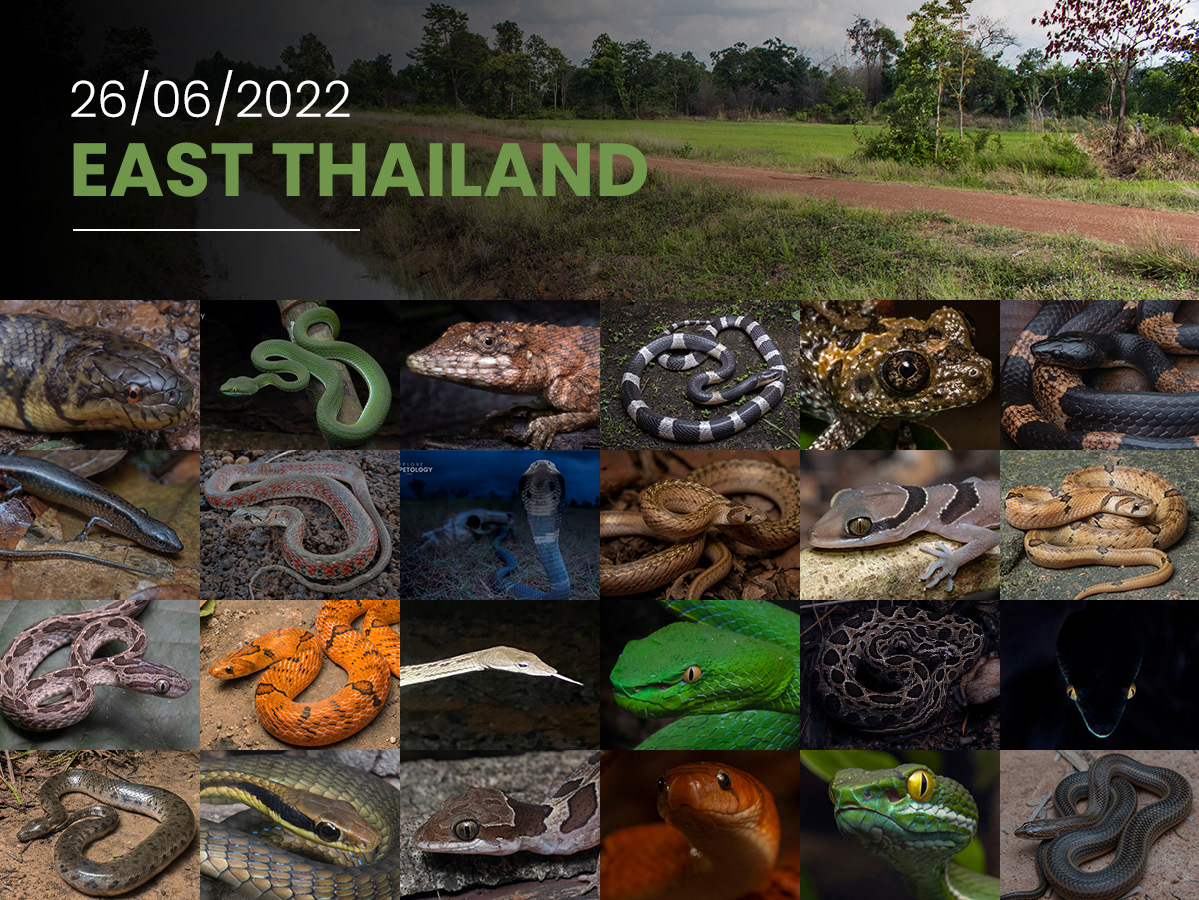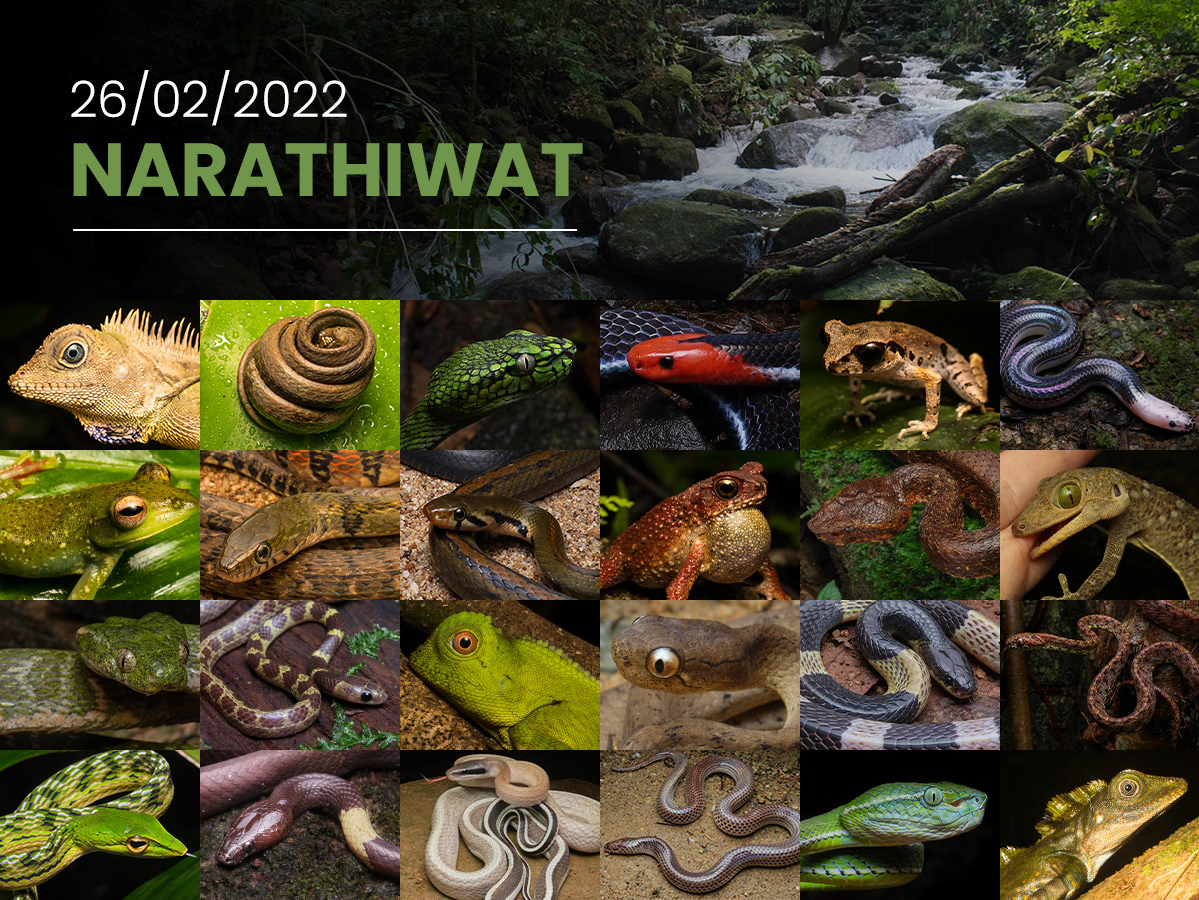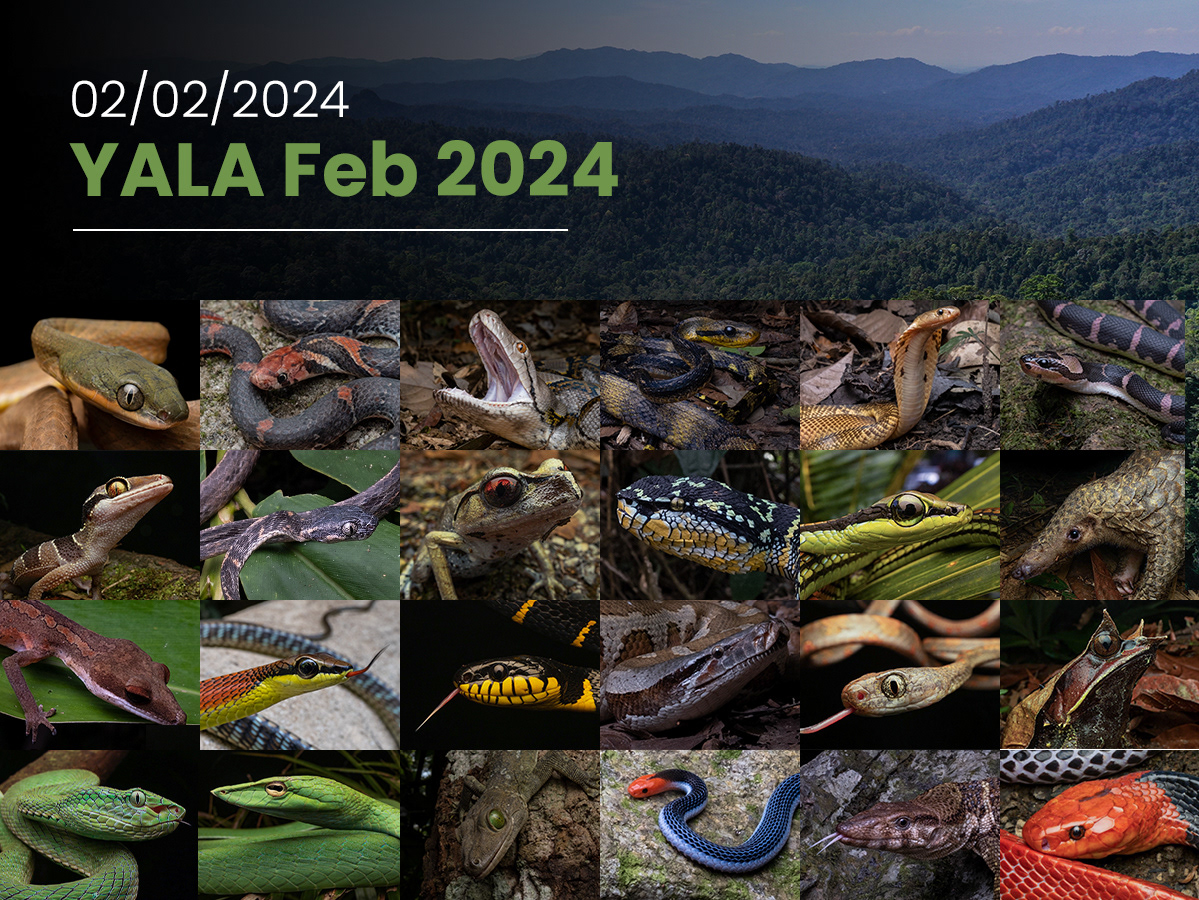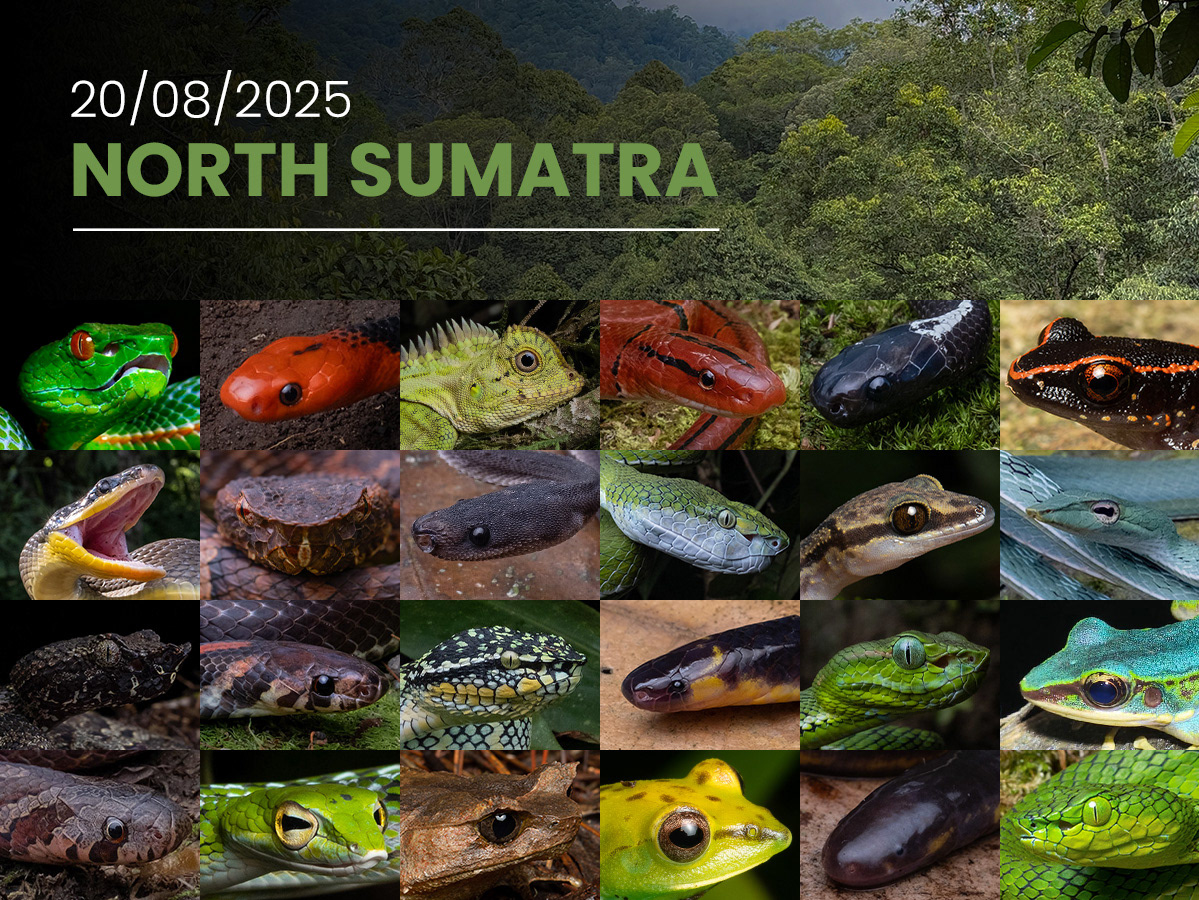February 2023 marked the one year anniversary of Explore Herpetology, as well the start of our long-awaited Yala Expedition. This would be a 10 day adventure across 5 separate locations, primarily within Yala, Thailand’s most southern province nestled within the most biodiverse region of the country. Every group trip we have operated provided a valuable learning experience, and we felt more prepared than ever for this expedition.
The trip was scheduled during the peak of the dry season, drastically different conditions than our highly successful field trips here in the past, but our team felt extremely confident that productivity would be just as high. The trip was fully booked, making the group an eclectic total of 9 individuals (including guides), with ages ranging from 21 to mid 60s.
Hat Yai
We met in Hat Yai, Southern Thailand’s largest city, in the afternoon of the 21st before final preparation for the first voyage into the jungle. The excitement was palpable, every individual was full of anticipation of what was to come, and it absolutely did not disappoint.
For the first and only night of herping in the Hat Yai area, we attacked a forested valley mixed with plantations. Moments after arriving, our guest Fredrik, who had never been “herping” before, spotted the first snake of the trip, a Speckle-bellied keelback (Rhabdophis chrysargos). The group went on to find a total of 8 species of snake with roughly 20 individuals, the highlight being the very rare Kopstein’s bronzeback (Dendrelaphis kopsteini). Additional species included some triangle keelbacks (Xenochrophis trianguligerus), a juvenile elegant bronzeback (Dendrelaphis formosus), mangrove cat snake (Boiga melanota), an uncommon collared reed snake (Calamaria pavimentata), close to 10 puff-faced water snakes (Homalopsis buccata) and our first elapid of the trip, a small-spotted coral snake (Calliophis maculiceps). Unfortunately, the coral was deep in shed.
We were surprised by two testudines, a juvenile elongated tortoise (Indotestudo elongata) and an Asian leaf turtle (Cyclemys dentata). Other interesting herpetofauna included several large-tubercled bent-toed geckos (Cyrtodactylus macrotubercalus) and many spotted litter toads (Leptopbrachium hendricksoni).
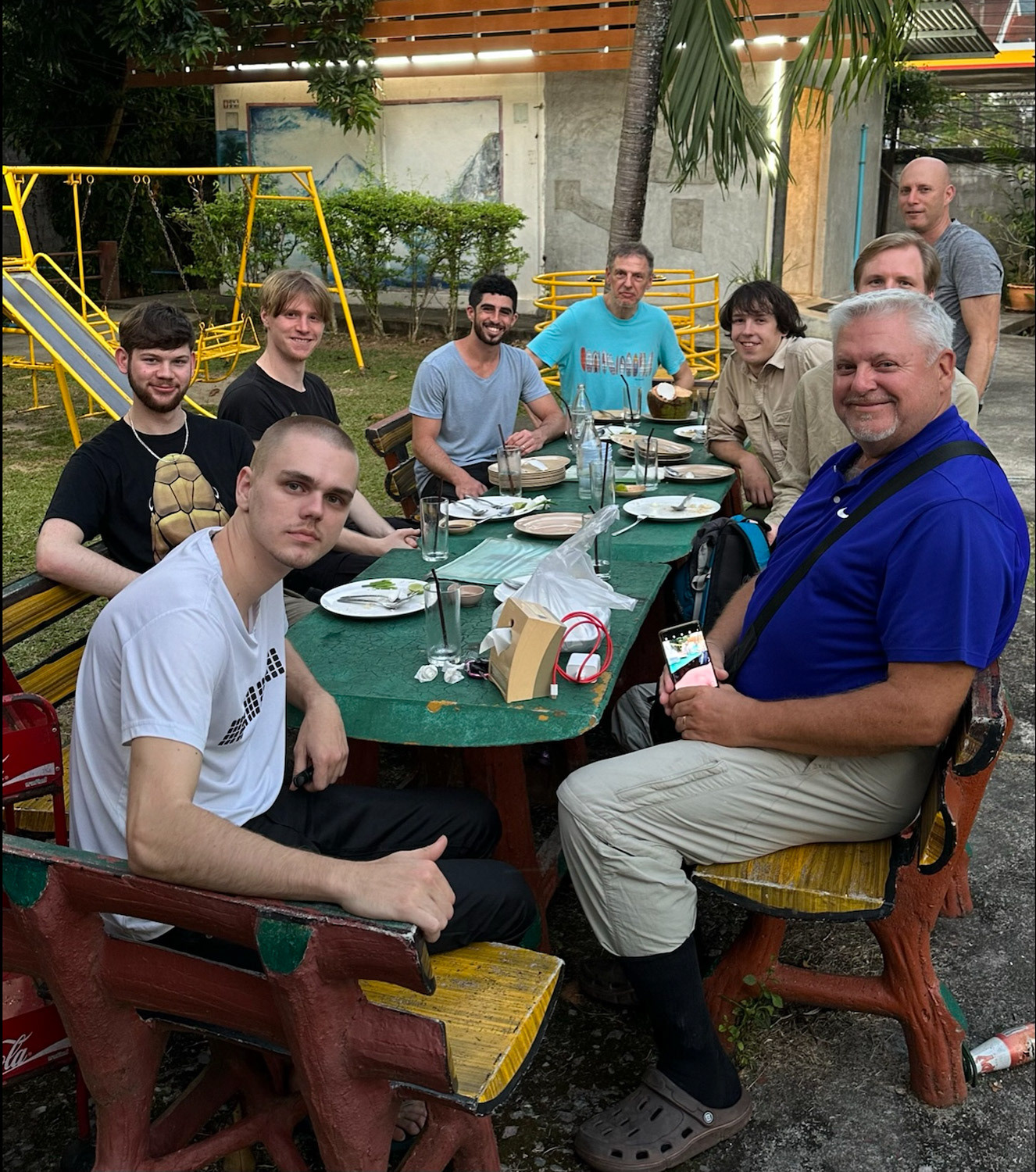
The group having dinner before the first night.
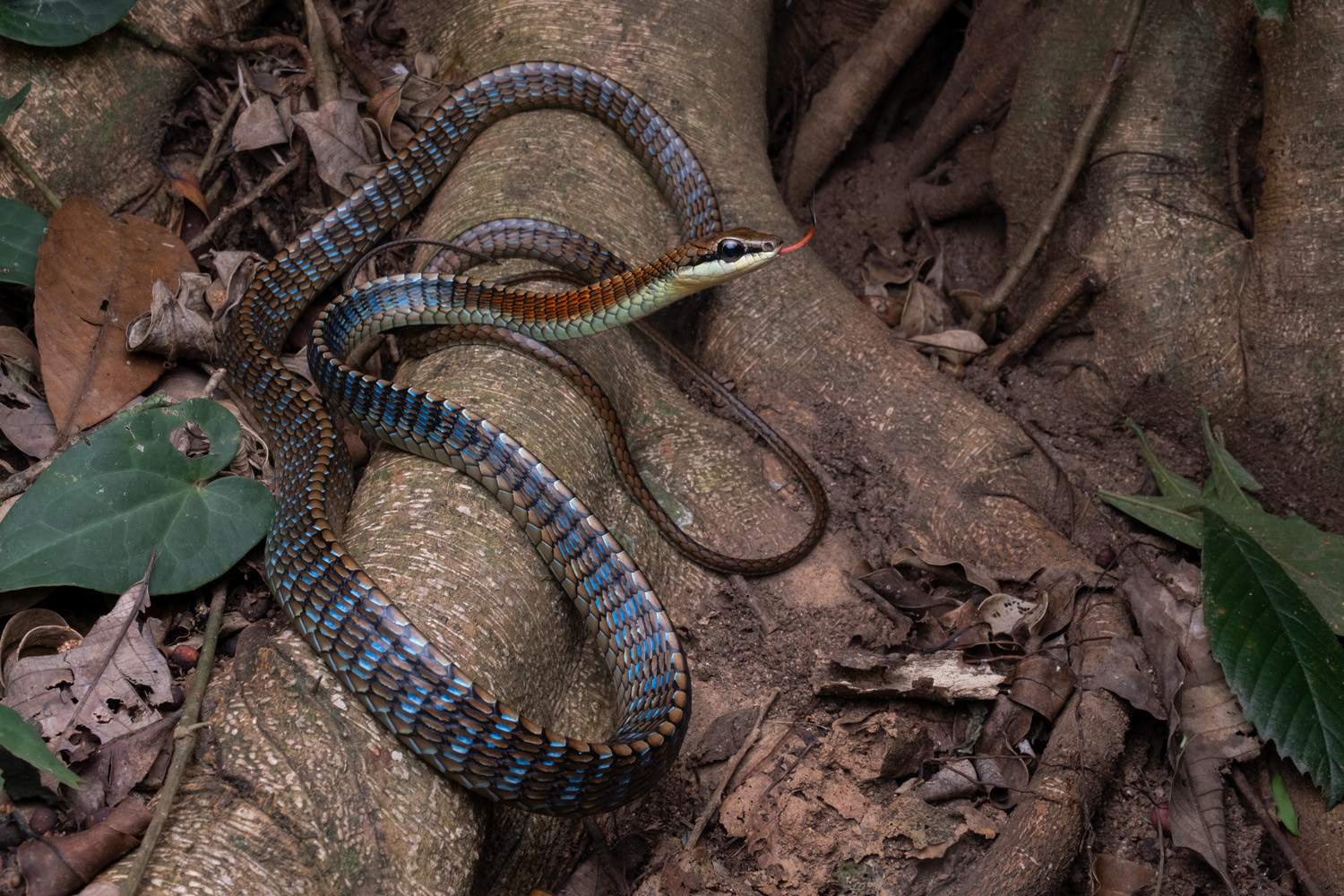
Kopstein's bronzeback (Dendrelaphis kopsteini).
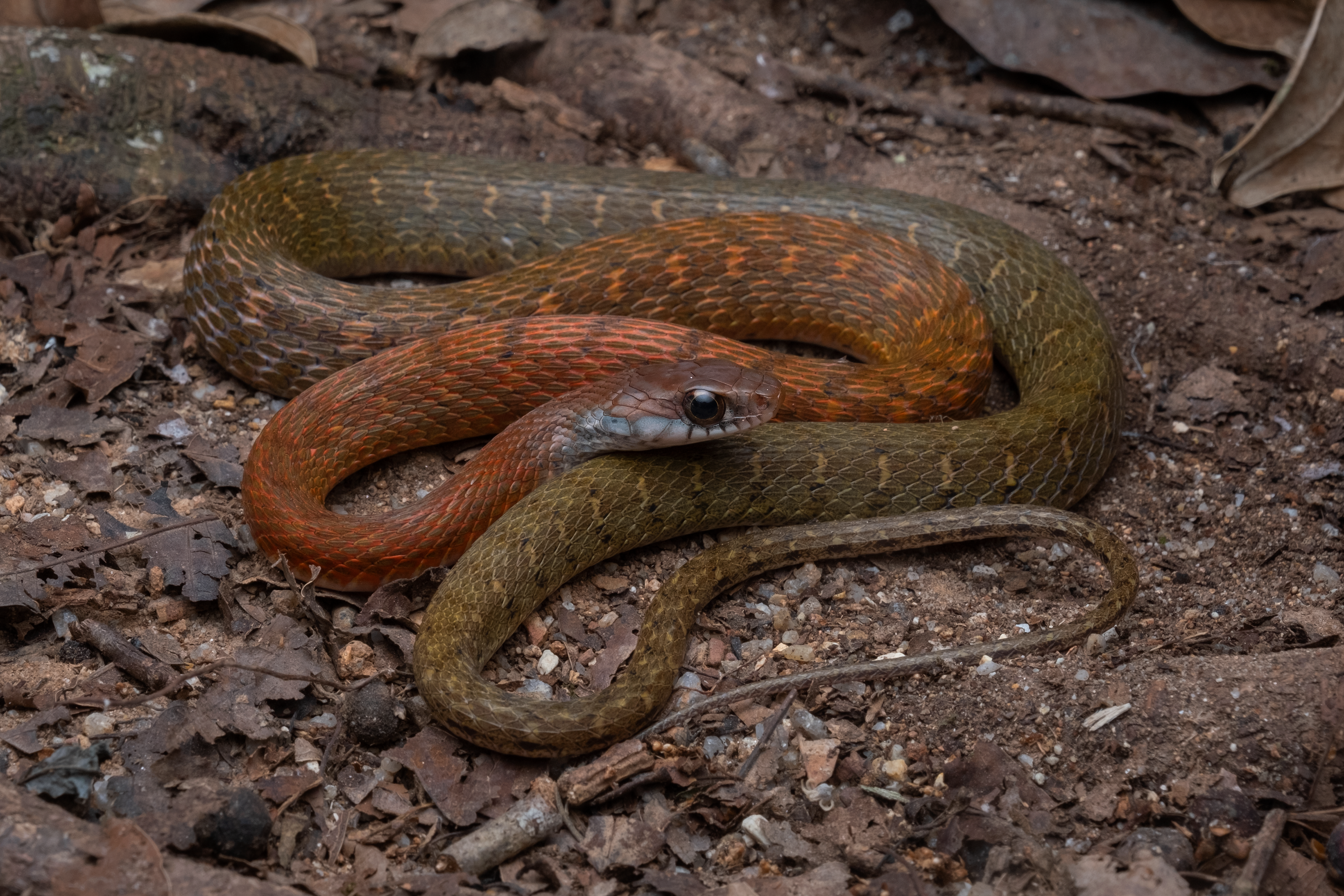
Speckle-bellied keelback (Rhabdophis chrysargos).
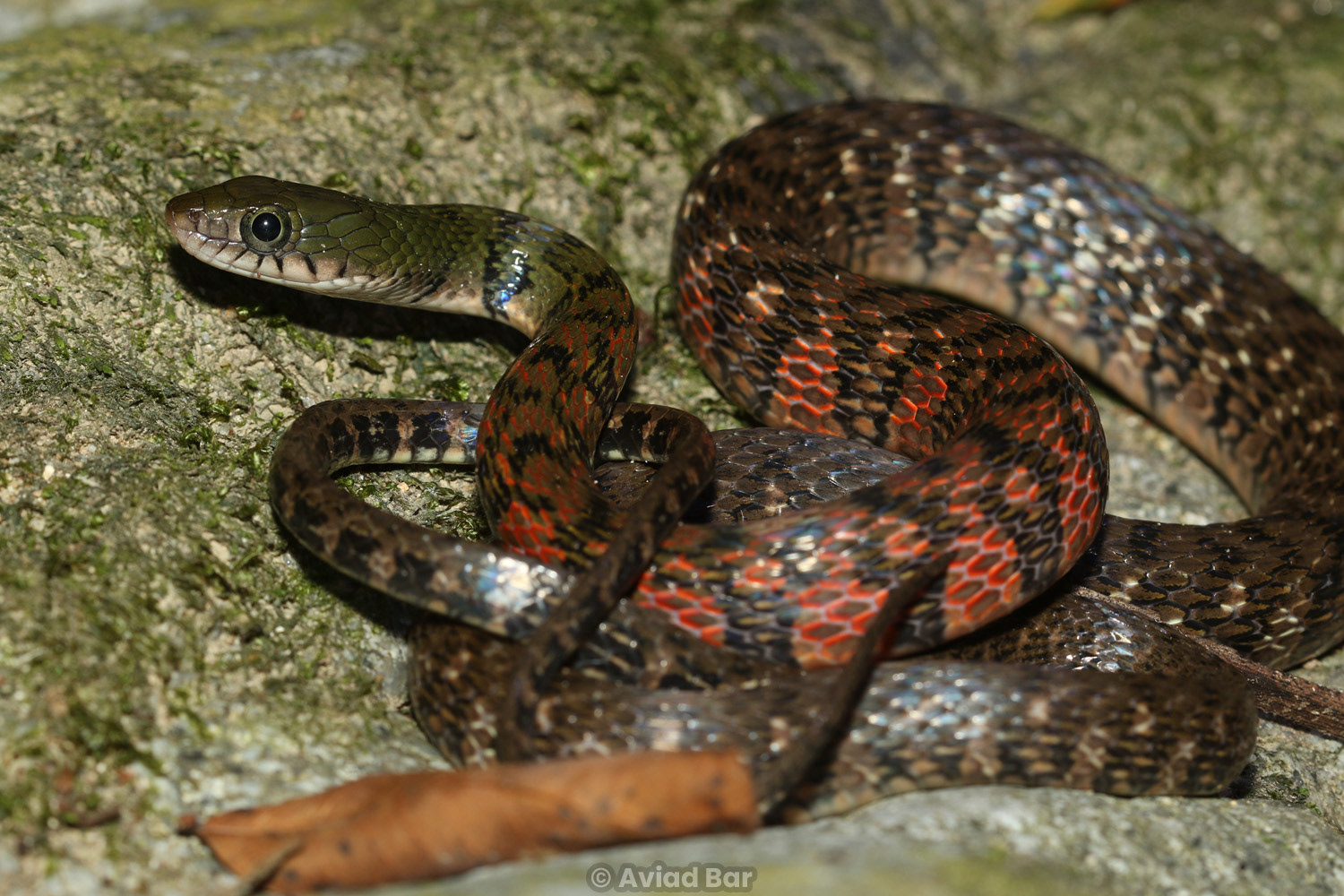
Triangle keelback (Xenochrophis trianguligerus).
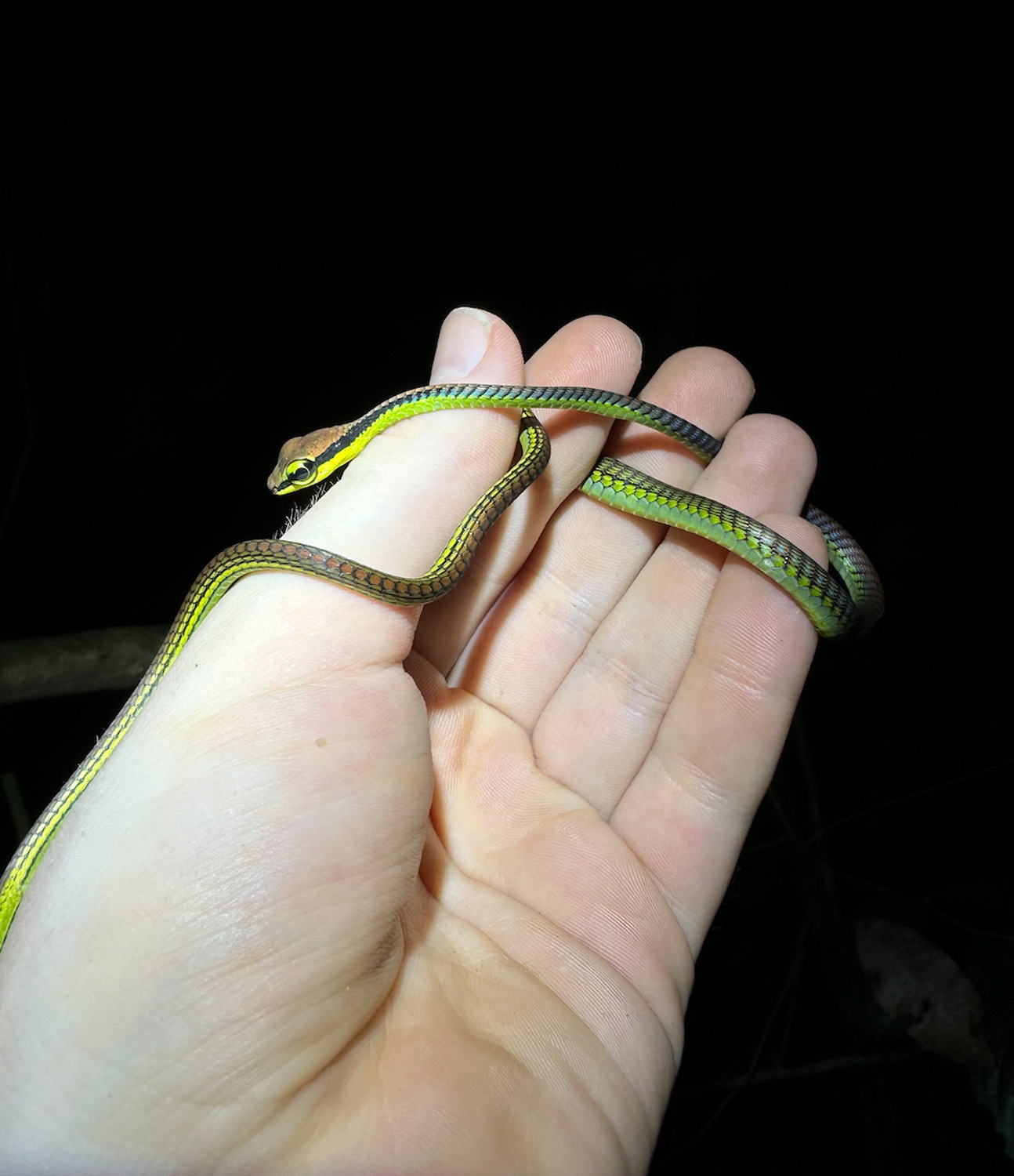
Juvenile Elegant bronzeback (Dendrelaphis formosus).
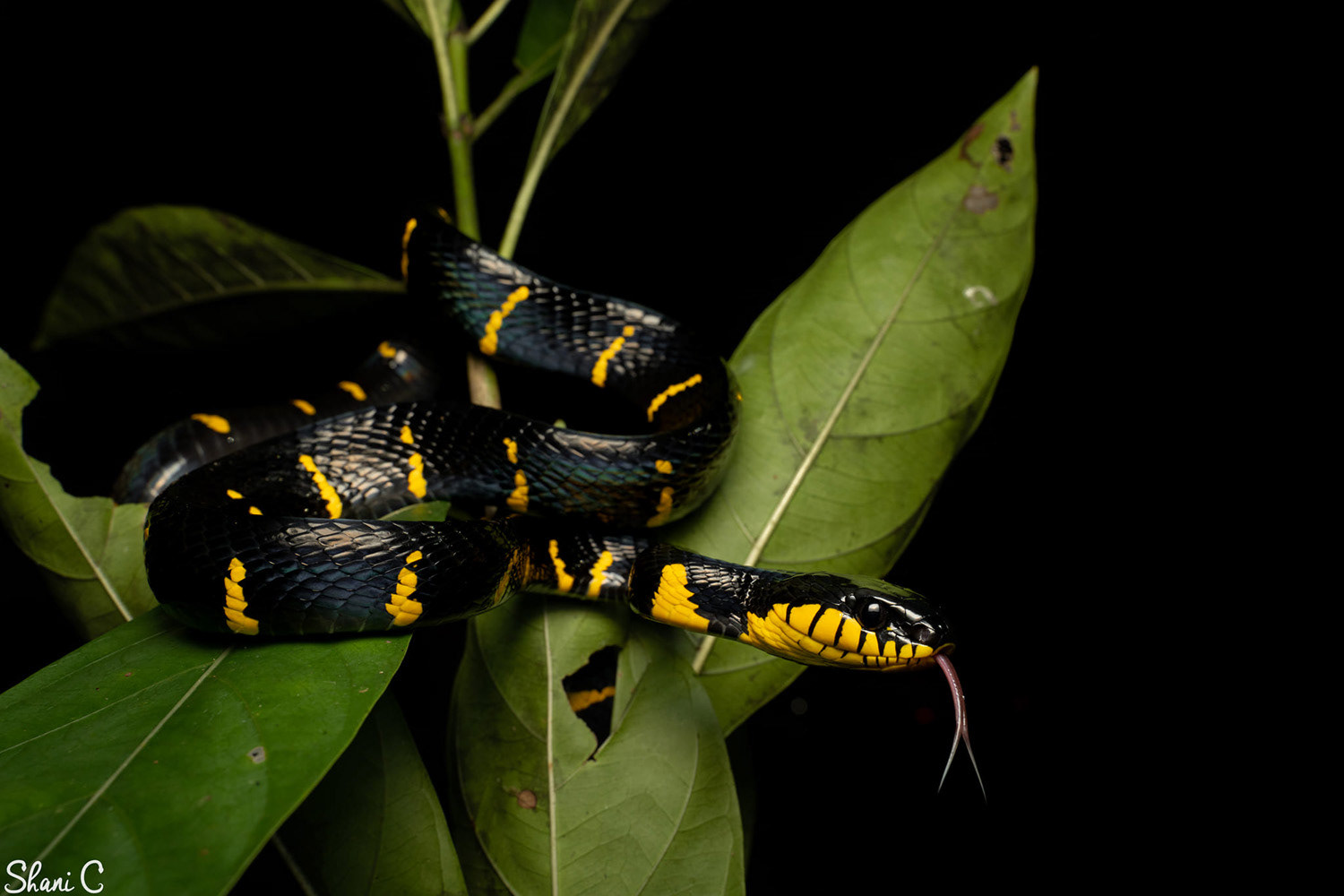
Mangrove cat snake (Boiga melanota).
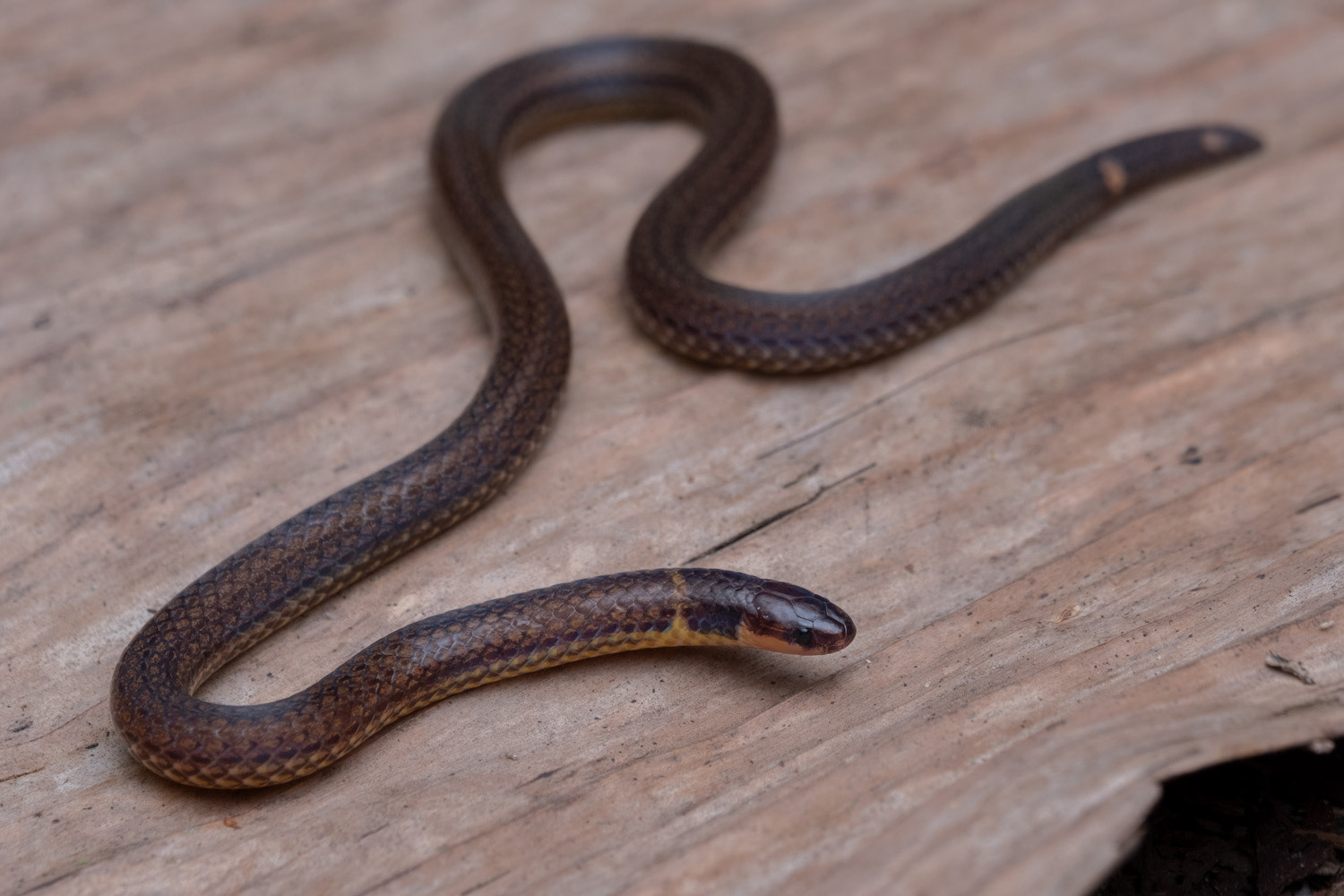
Collared reed snake (Calamaria pavimentata).
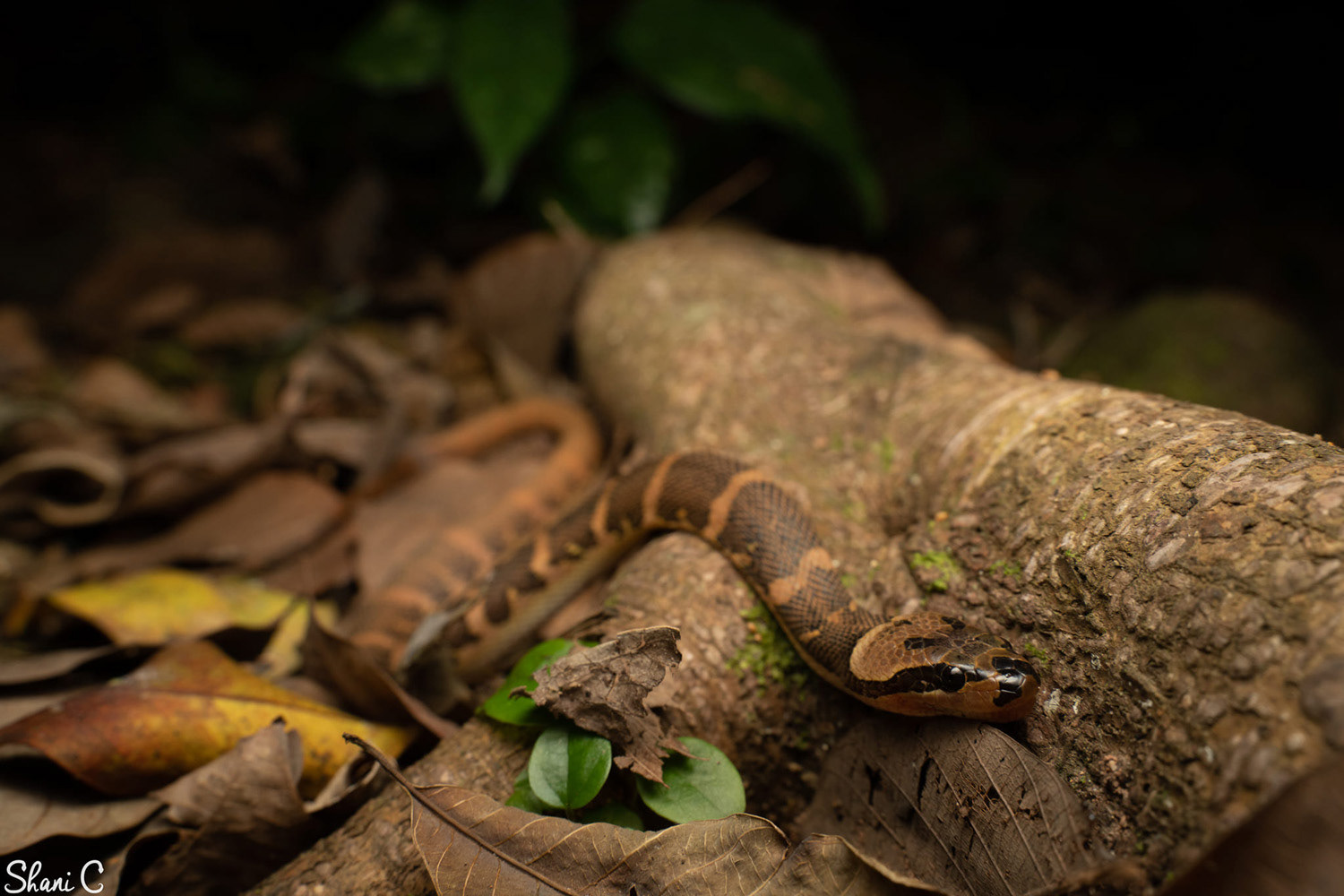
Puff-faced water snake (Homalopsis buccatta).
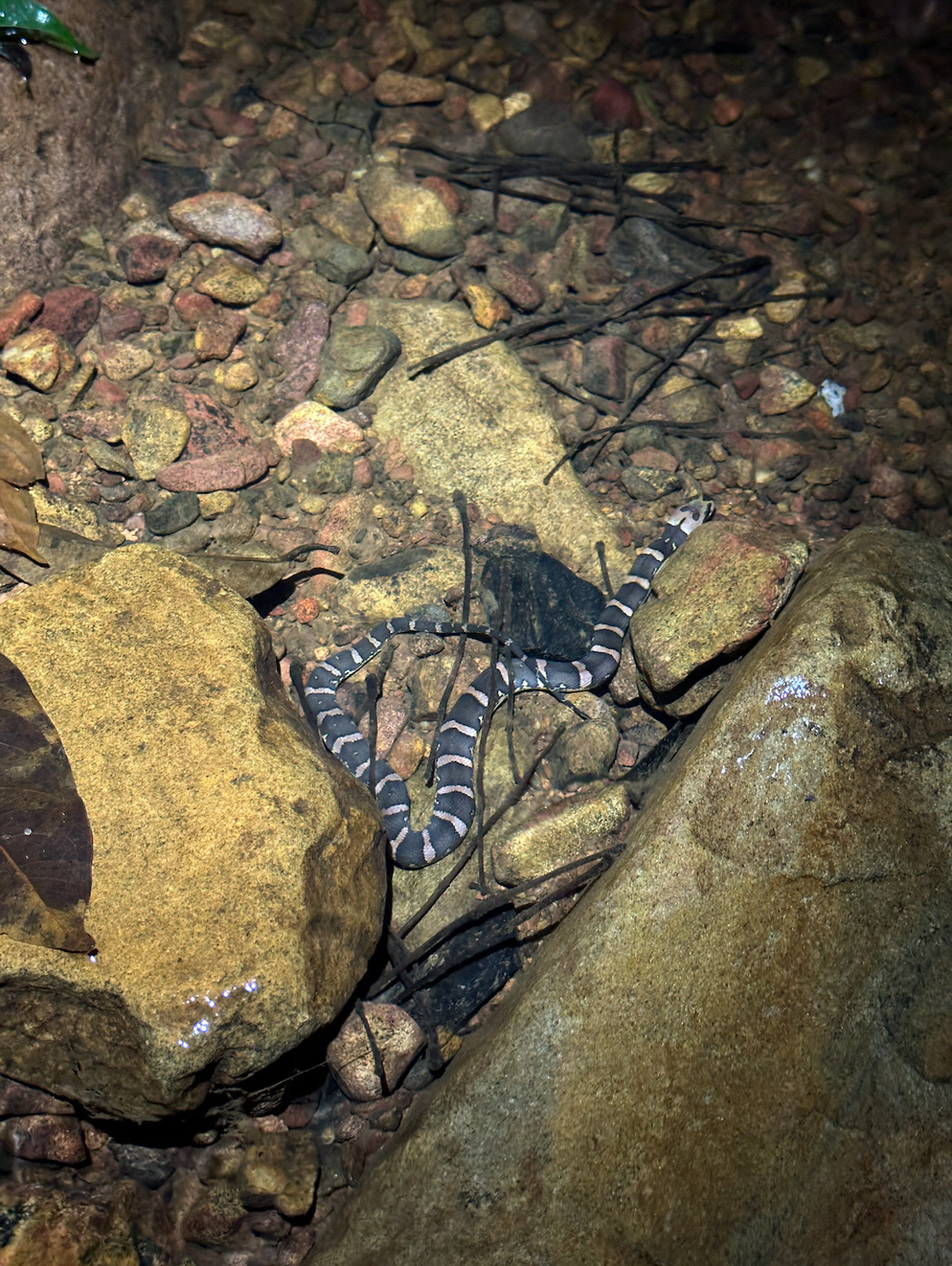
Puff-faced water snake (Homalopsis buccatta).
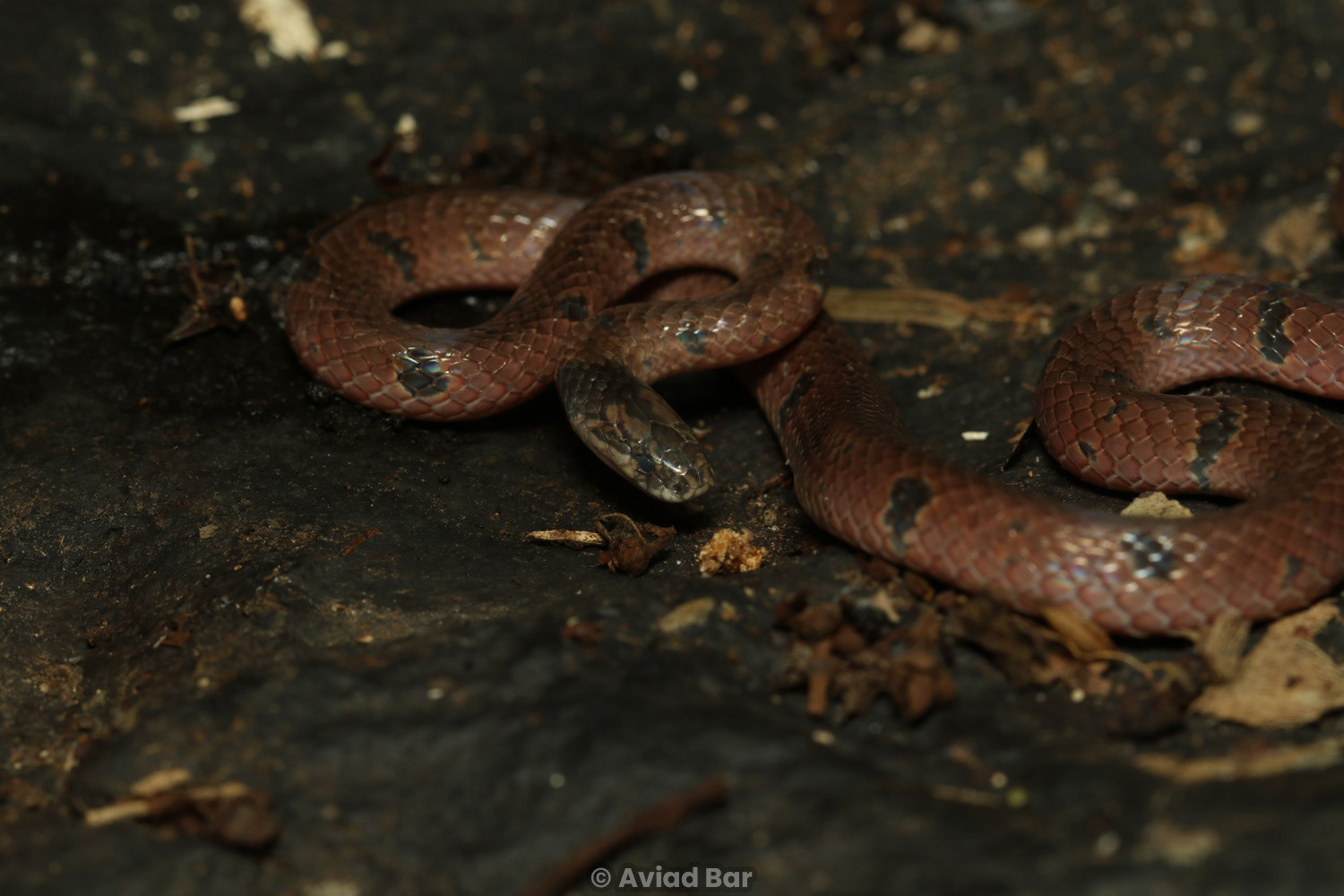
Small-spotted coral snake (Calliophis maculiceps).
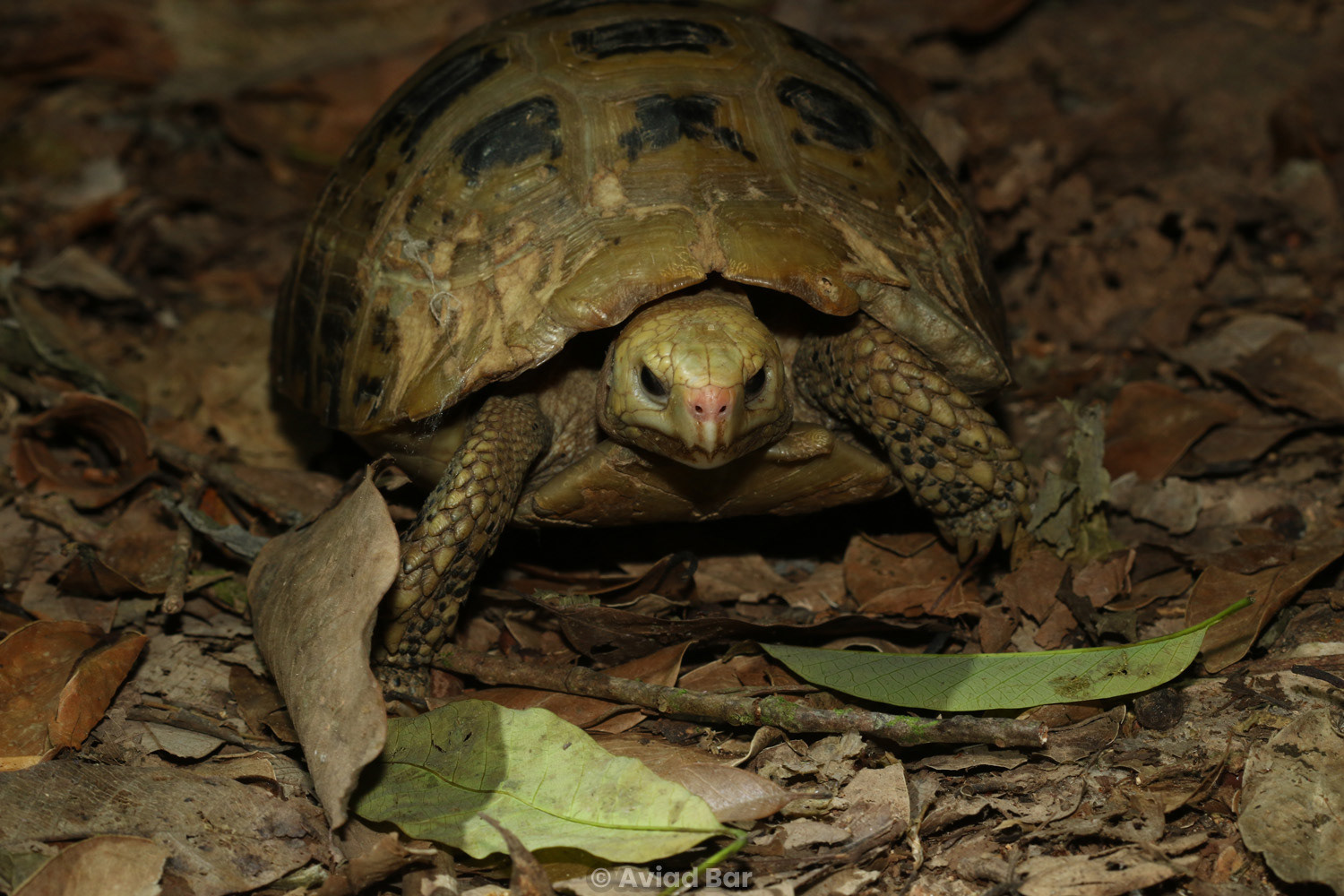
Elongated tortoise (Indotestudo elongata).
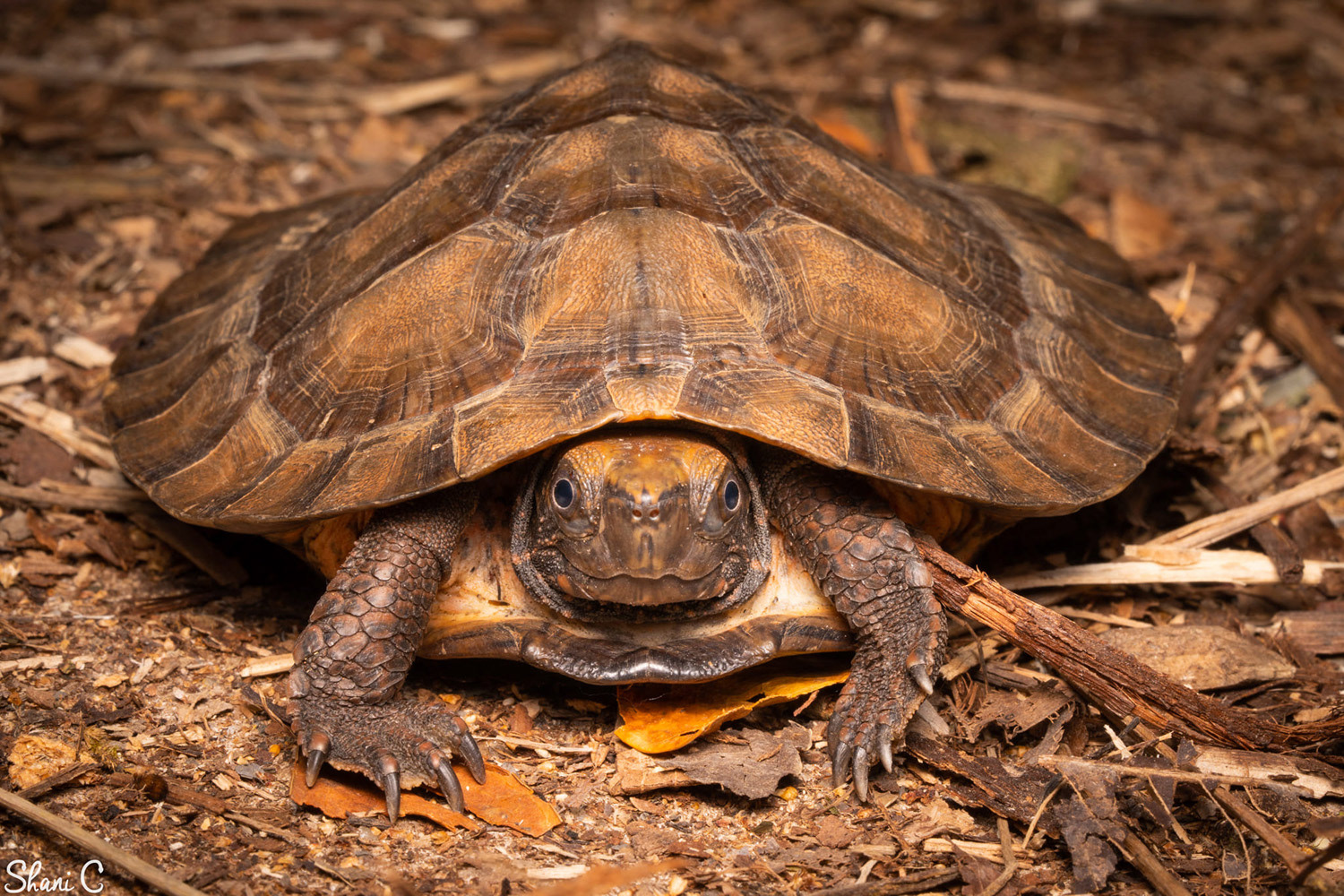
Asian leaf turtle (Cylcemys dentata).
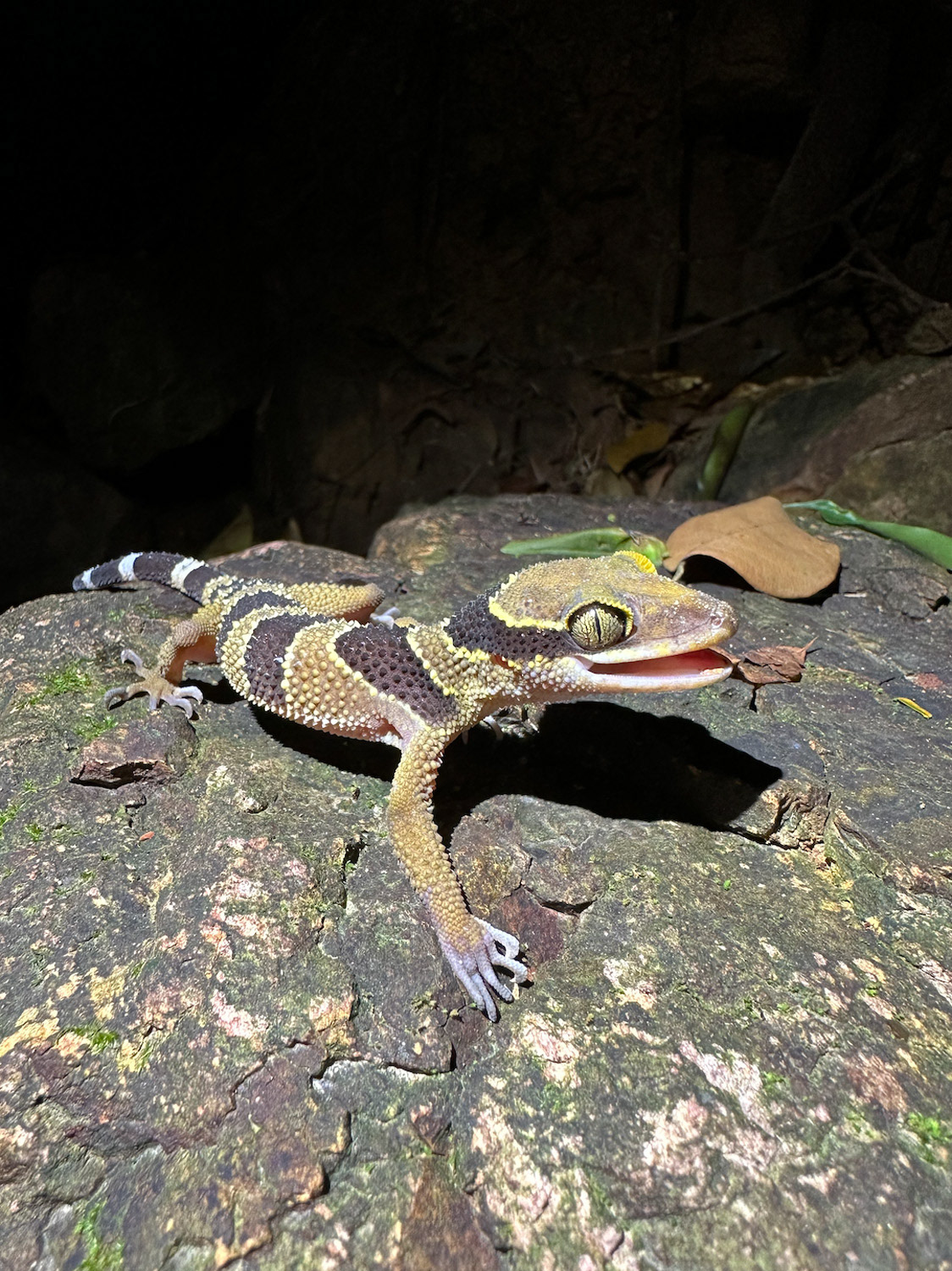
Large-tubercled bent-toed gecko (Cyrtodactylus macrotubercalus).
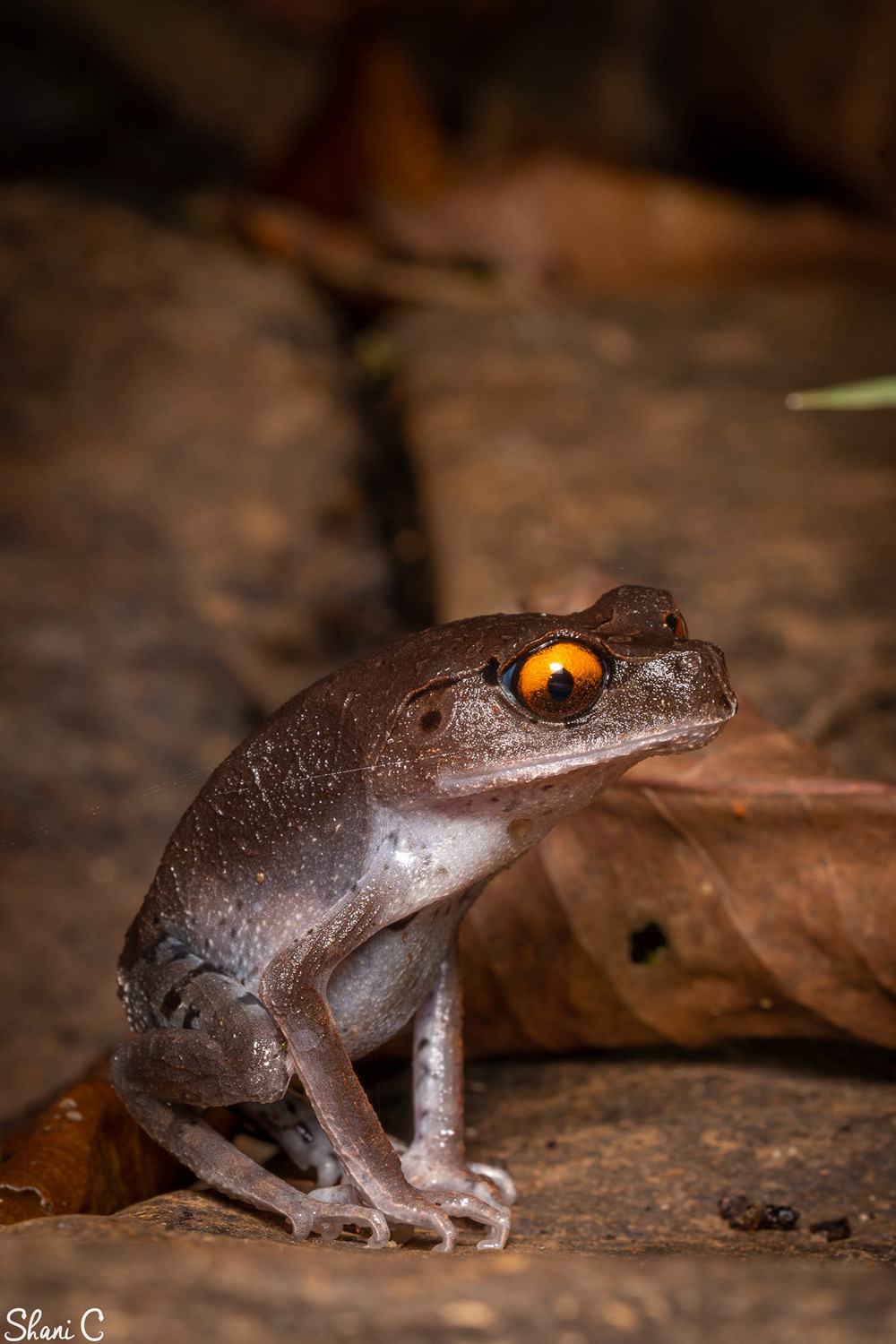
Hendrickson's litter toad (Leptobrachium hendricksoni).
Than To
The next day, we drove several hours south to our first location in Yala province, a unique limestone karst dominated landscape which had consistently been one of our team’s most productive locations in the south. It lived up to the hype, with a titanic 11 species of snake on the first night alone.
We began the evening road cruising and got another speckle-bellied keelback (Rhabdophis chrysargos) before it got totally dark. After dark, we cruised a juvenile Malayan pit viper (Calloselasma rhodostoma) and a large Bengkulu cat snake (Boiga bengkuluensis). Once out on foot, we saw a juvenile female Wagler’s pit viper (Tropidolaemus wagleri), dusky wolf snake (Lycodon albofuscus), white-spotted cat snake (Boiga drapiezii) and two Hagen’s pit vipers (Trimeresurus hageni) - one of which was a huge (~1.2m) adult female. Several more triangle keelbacks (Xenochrophis trianguligerus) were spotted, amongst 3 keeled slug snakes (Pareas carinatus), a Malayan bridle snake (Lycodon subannulatus) and an uncommon dwarf reed snake (Pseudorabdion longiceps).
For our second and last night at Than To (also Rupert’s birthday), we began once again with road cruising and quickly picked up two new species for the trip, a Laotian wolf snake (Lycodon laoensis) and a purple kukri snake (Oligodon purpurascens). The first couple hours of walking only produced a few repeat snakes, one dusky wolf snake and a couple of triangle keelbacks, until our guest Claes spotted an impressive reticulated python (Malayopython reticulatus) amongst the rocks of the stream.
After a difficult night dealing with an allergic reaction to plants and a lingering illness from before the trip began, Rupert hiked upriver looking in rock crevices for kraits and stumbled upon the holy grail of Thailand herping - a giant male Malaysian king cobra (Ophiophagus cf. hannah). Now that is a proper birthday present.
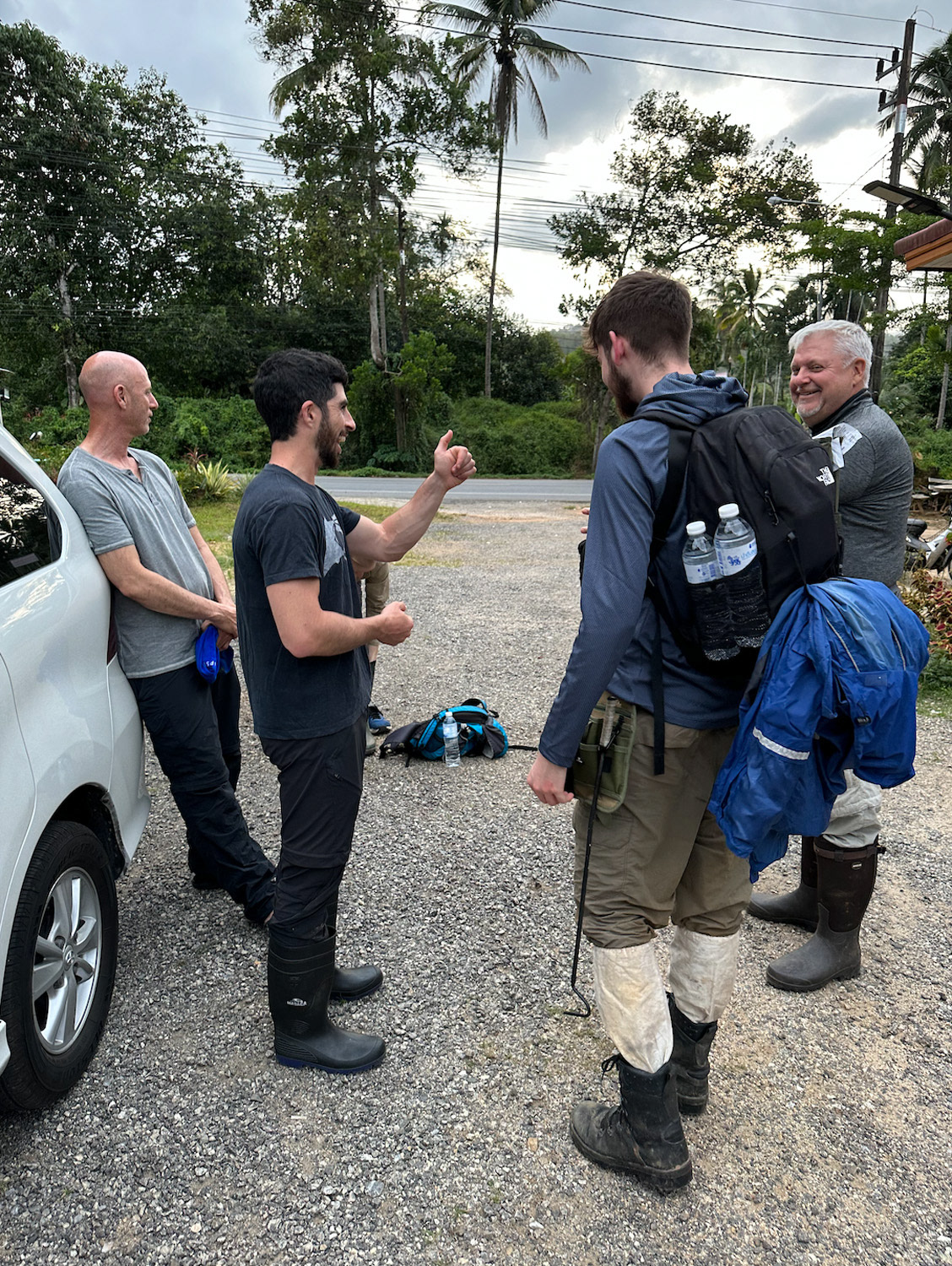
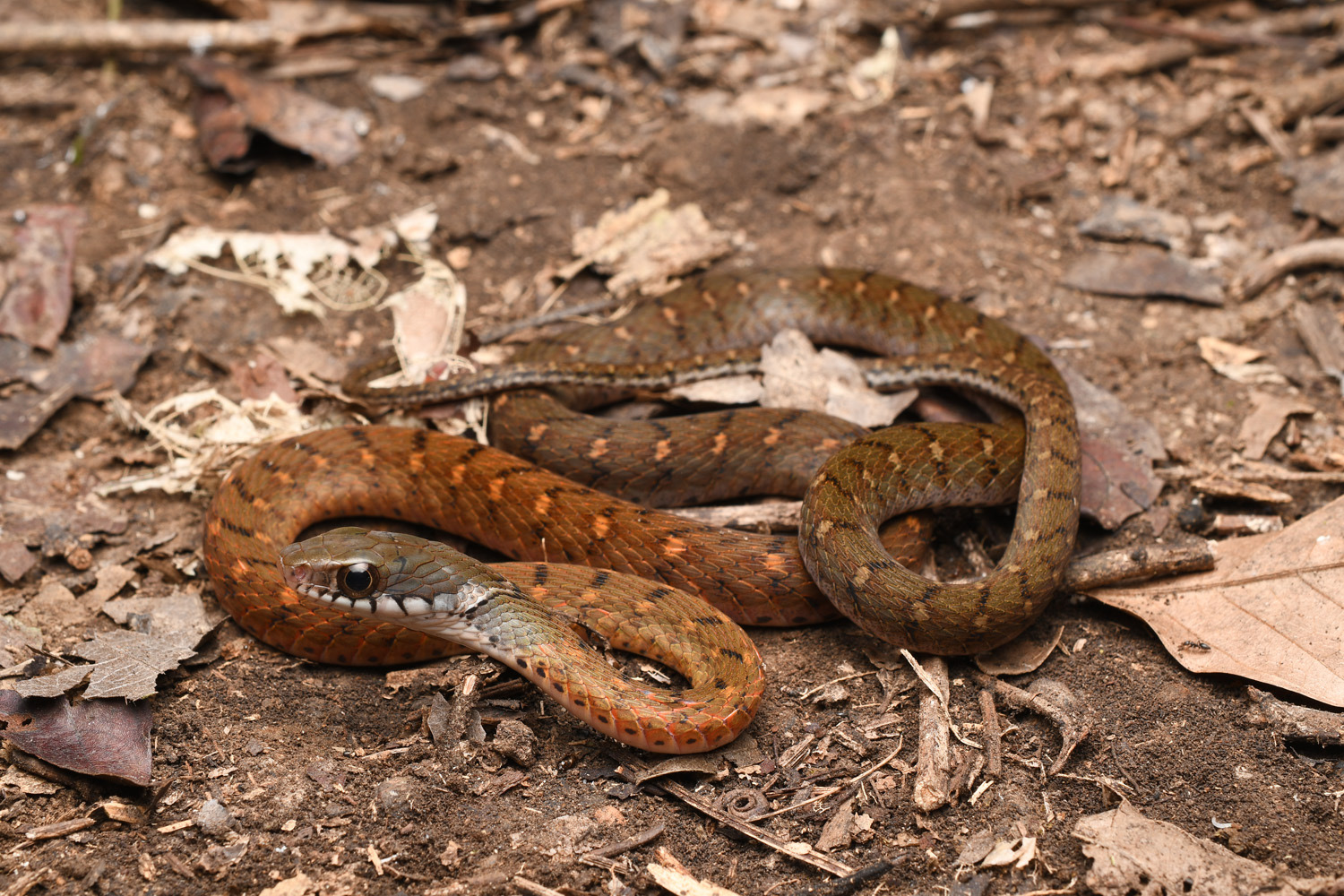
Speckle-bellied keelback (Rhabdophis chrysargos).
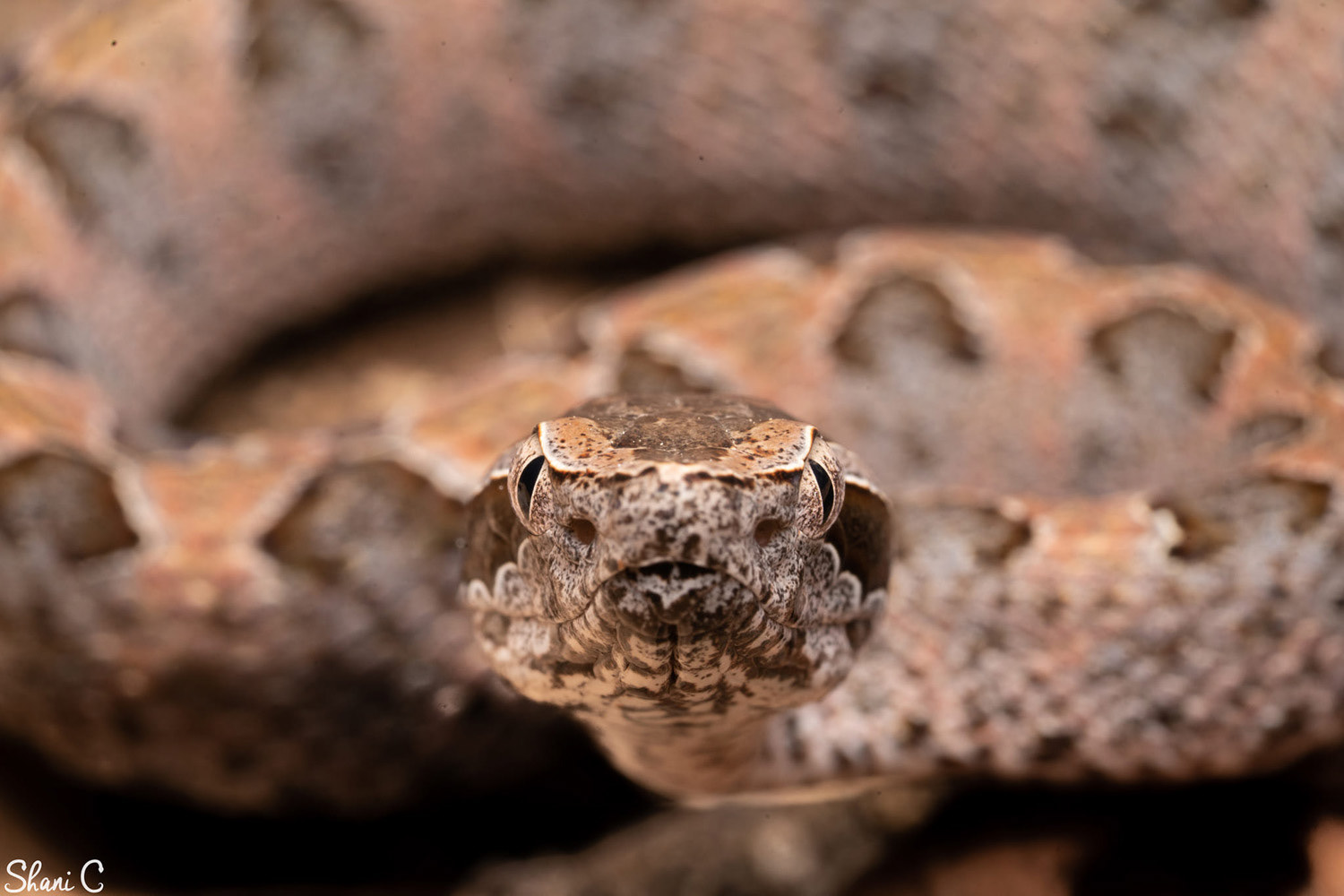
Juvenile Malayan pit viper (Calloselasma rhodostoma).
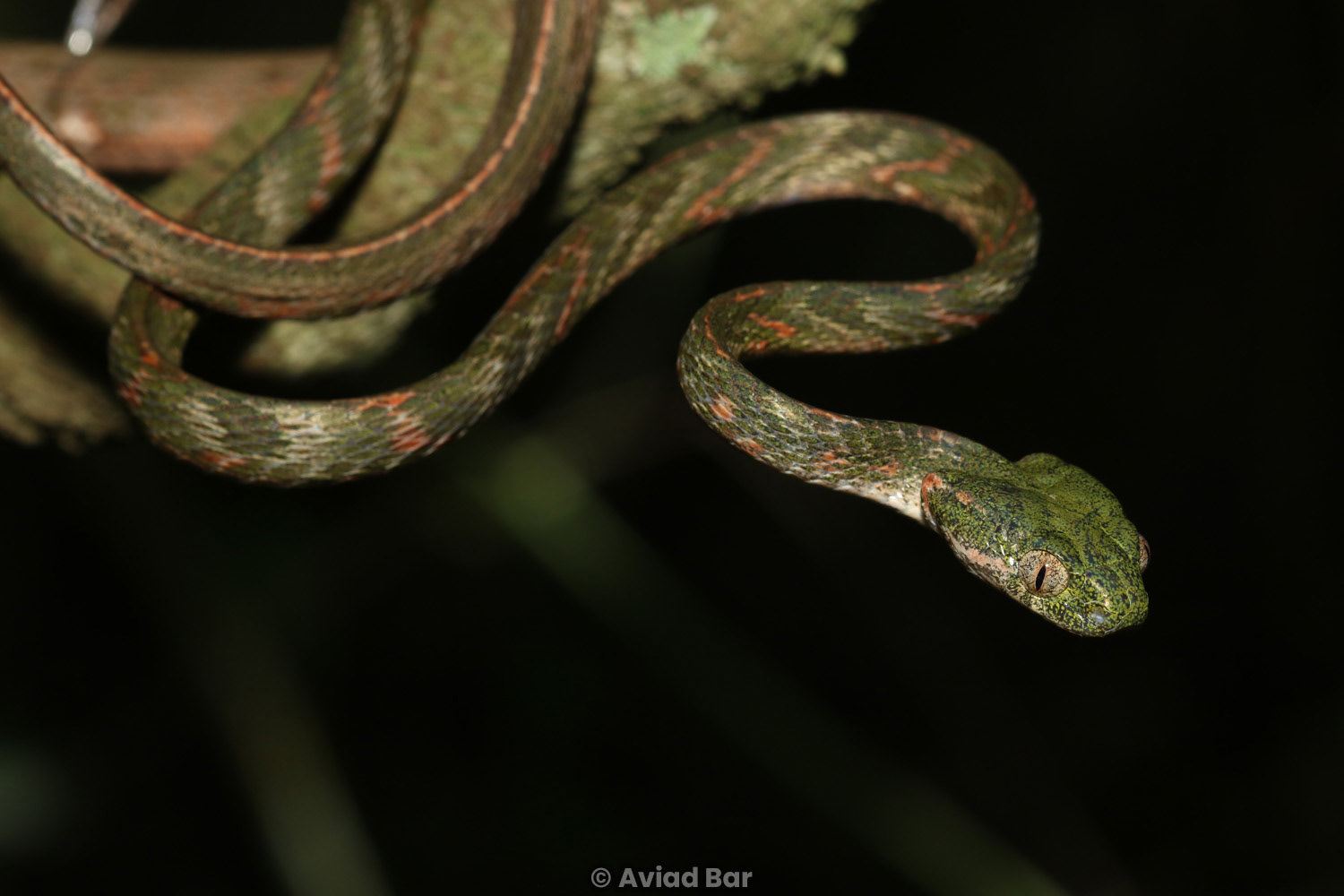
Bengkulu cat snake (Boiga bengkuluensis).
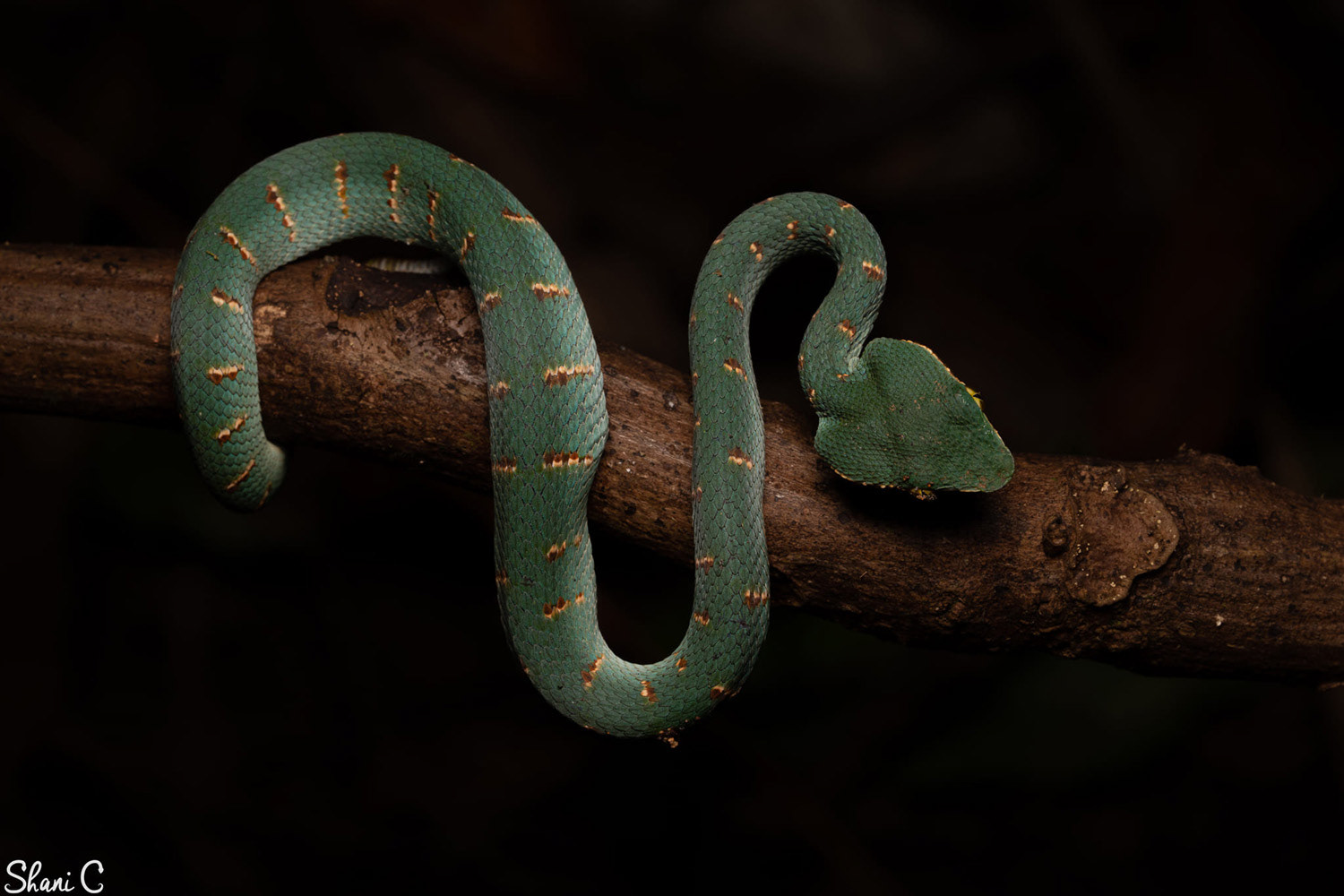
Juvenile female Wagler's pit viper (Tropidolaemus wagleri).
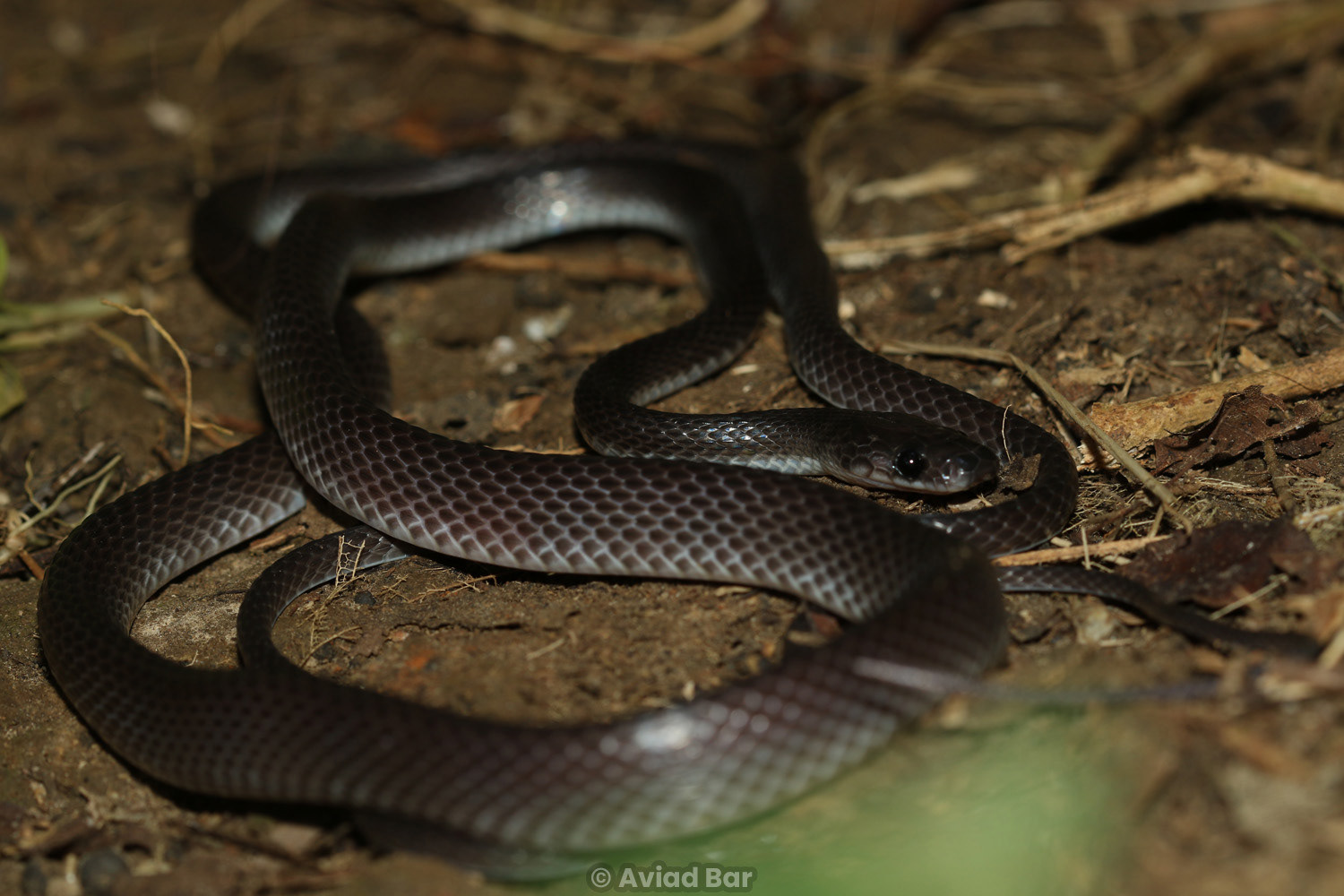
Dusky wolf snake (Lycodon albofuscus).
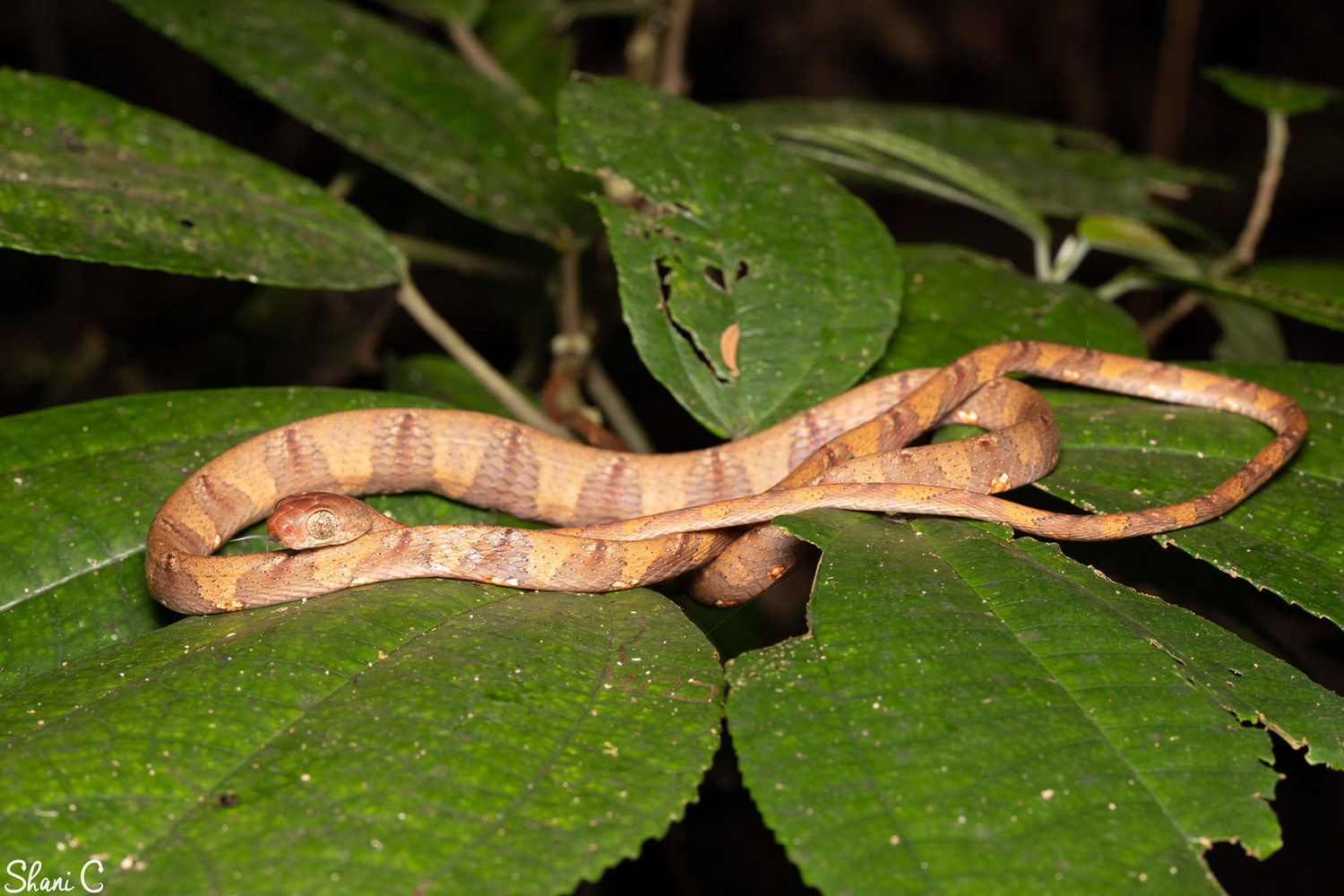
White-spotted cat snake (Boiga drapiezii).
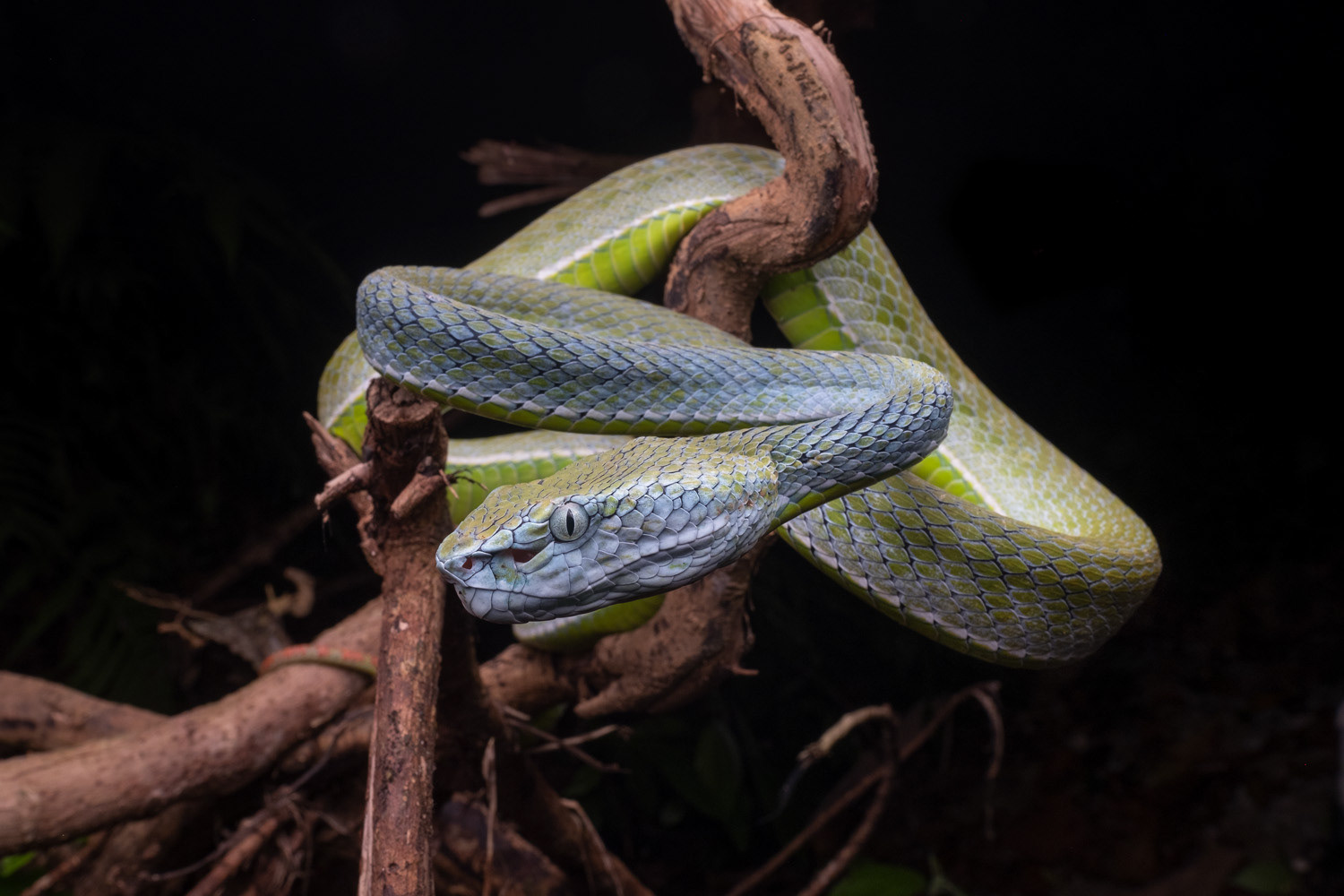
Female Hagen's pit viper (Trimeresurus hageni).
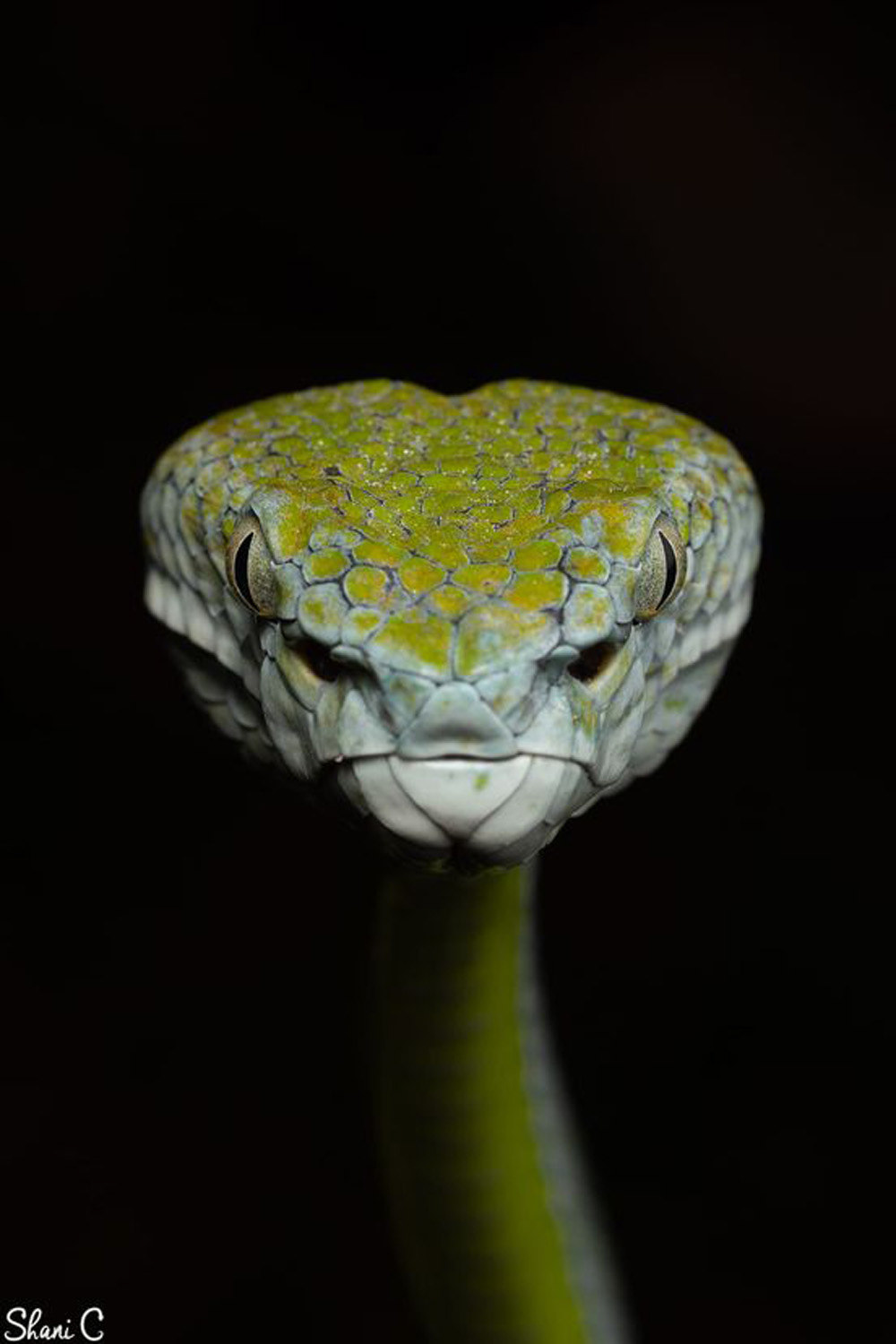
Female Hagen's pit viper (Trimeresurus hageni).
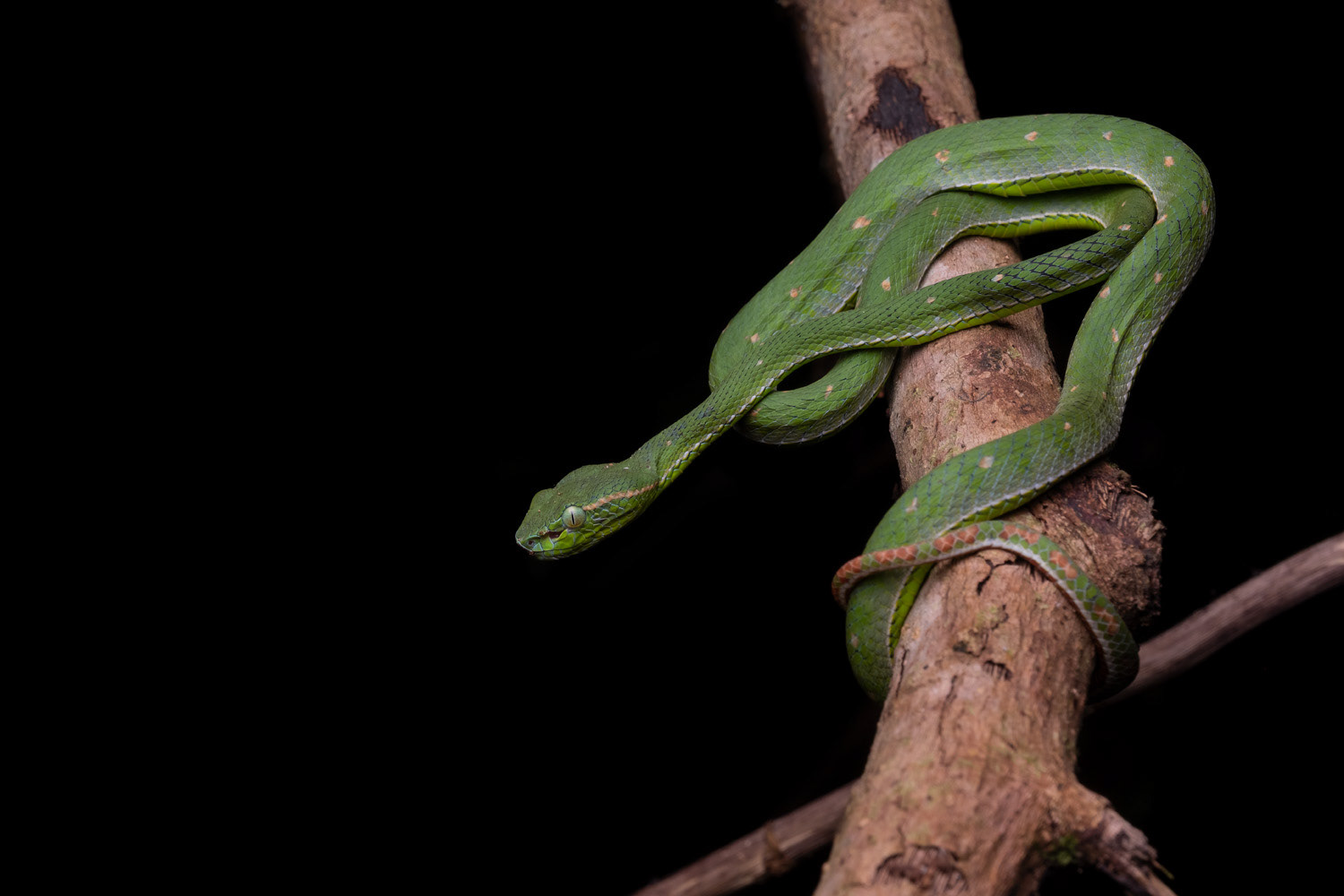
Male Hagen's pit viper (Trimeresurus hageni).
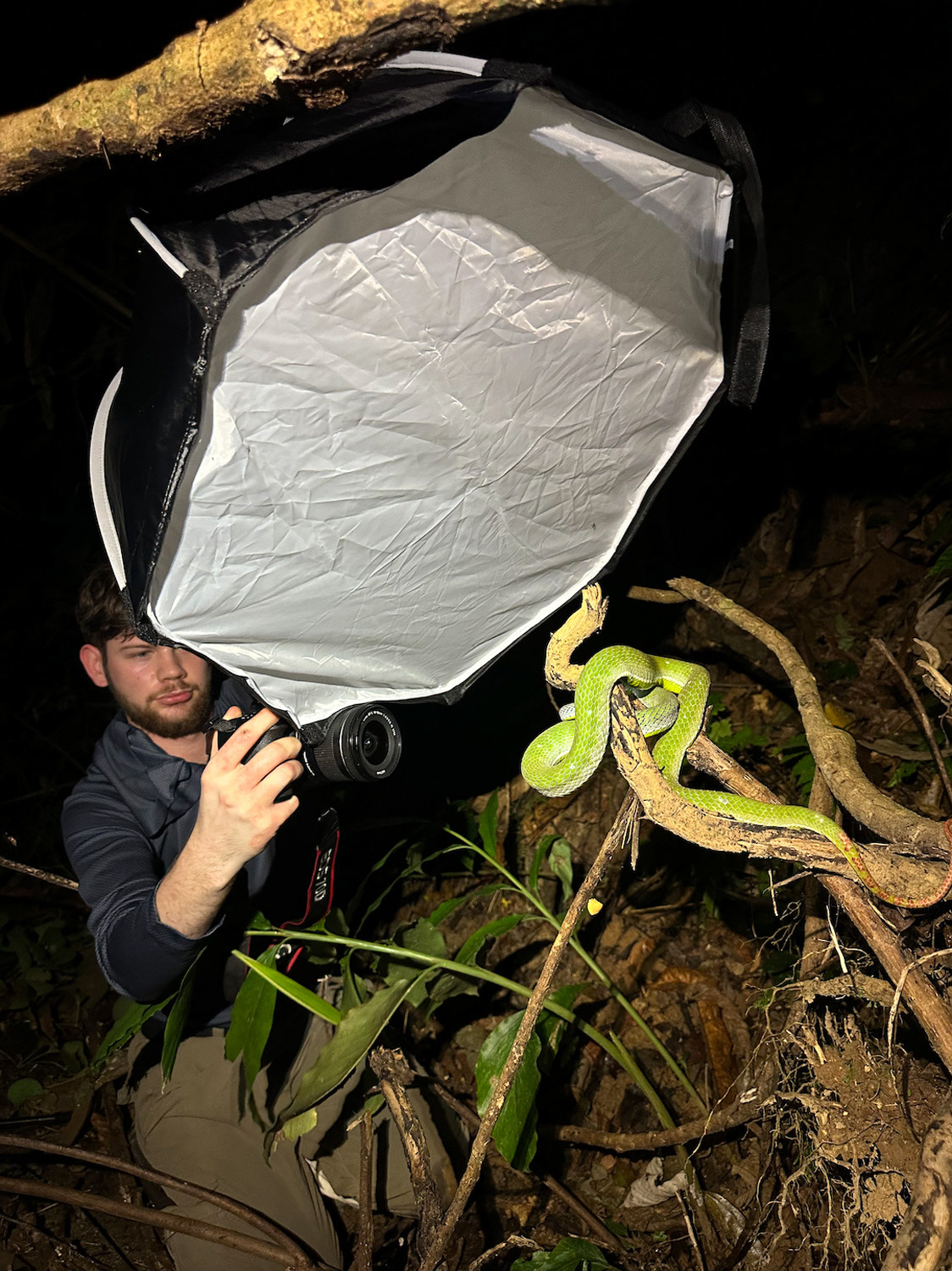
Aiden photographing the large Hagen's pit viper.
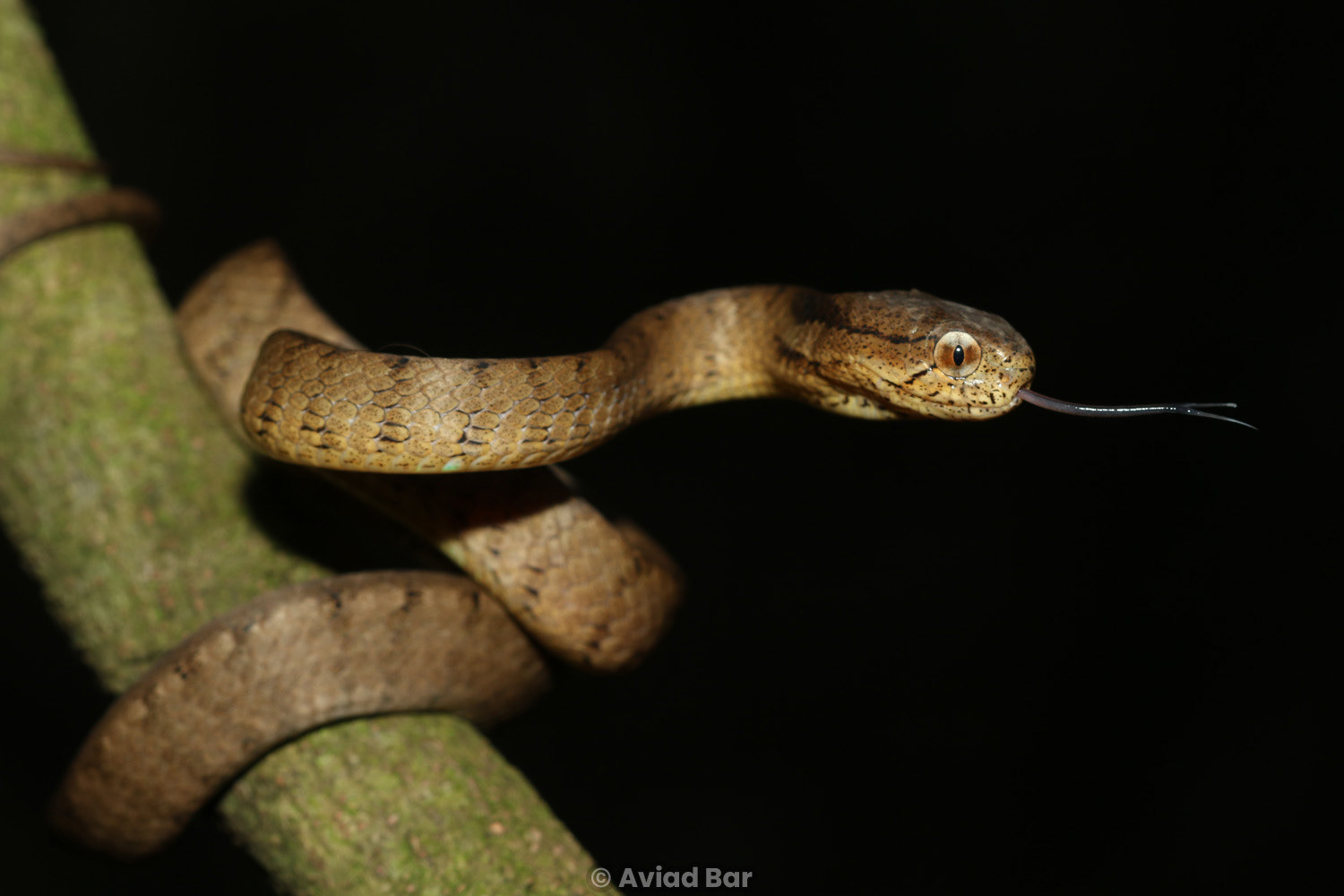
Keeled slug snake (Pareas carinatus).
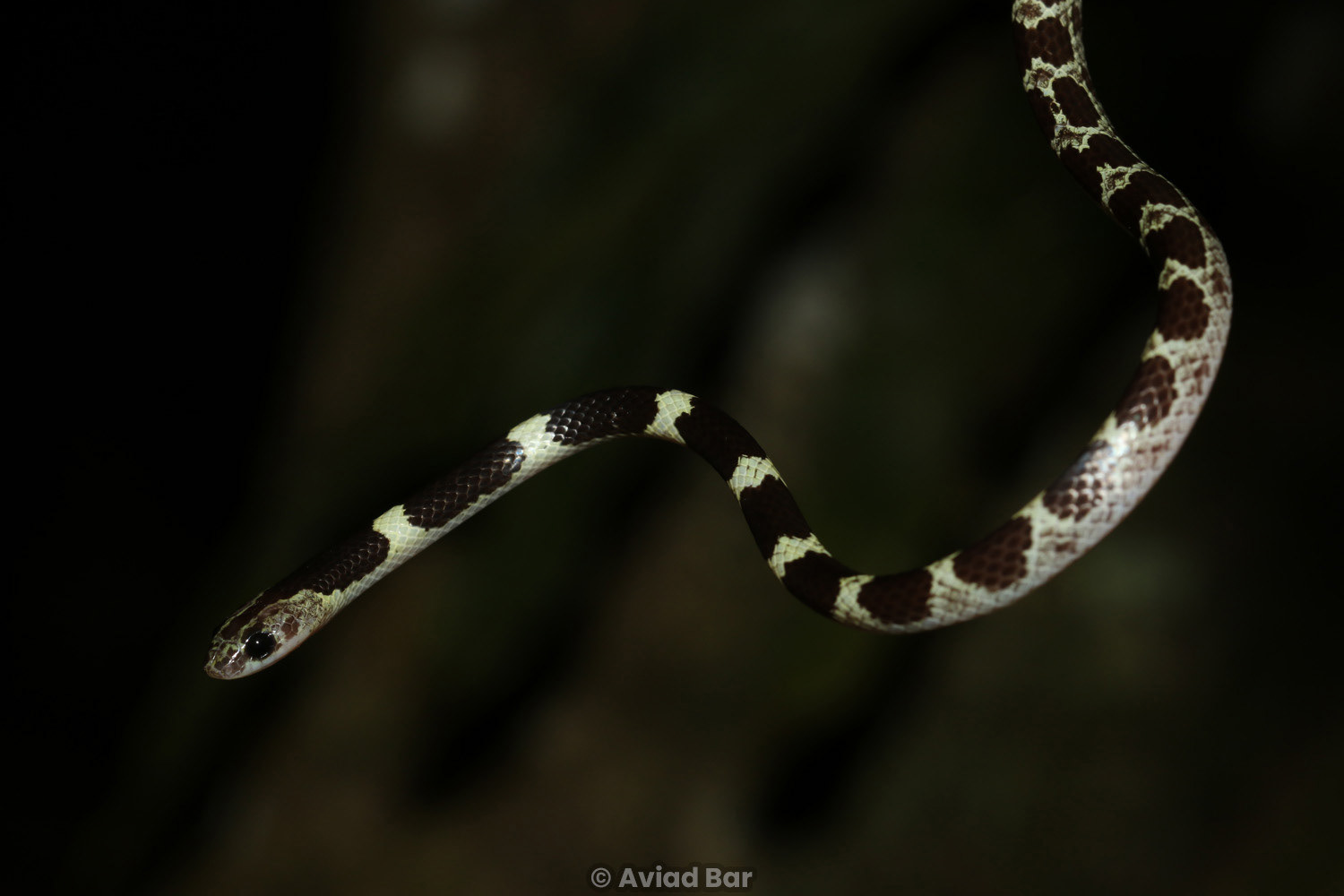
Malayan bridle snake (Dryocalamus subannulatus).
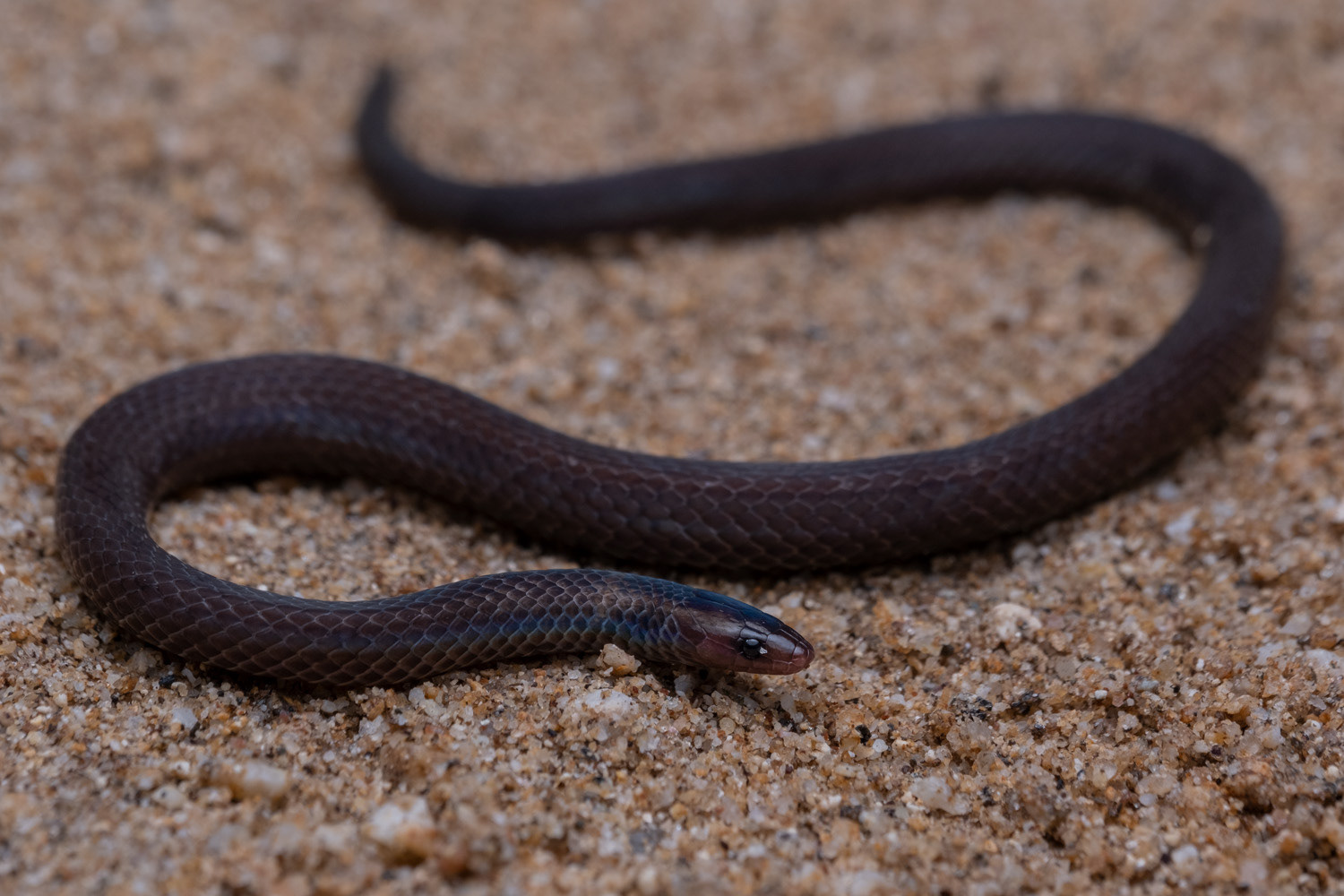
Dwarf reed snake (Pseudorabdion longiceps).
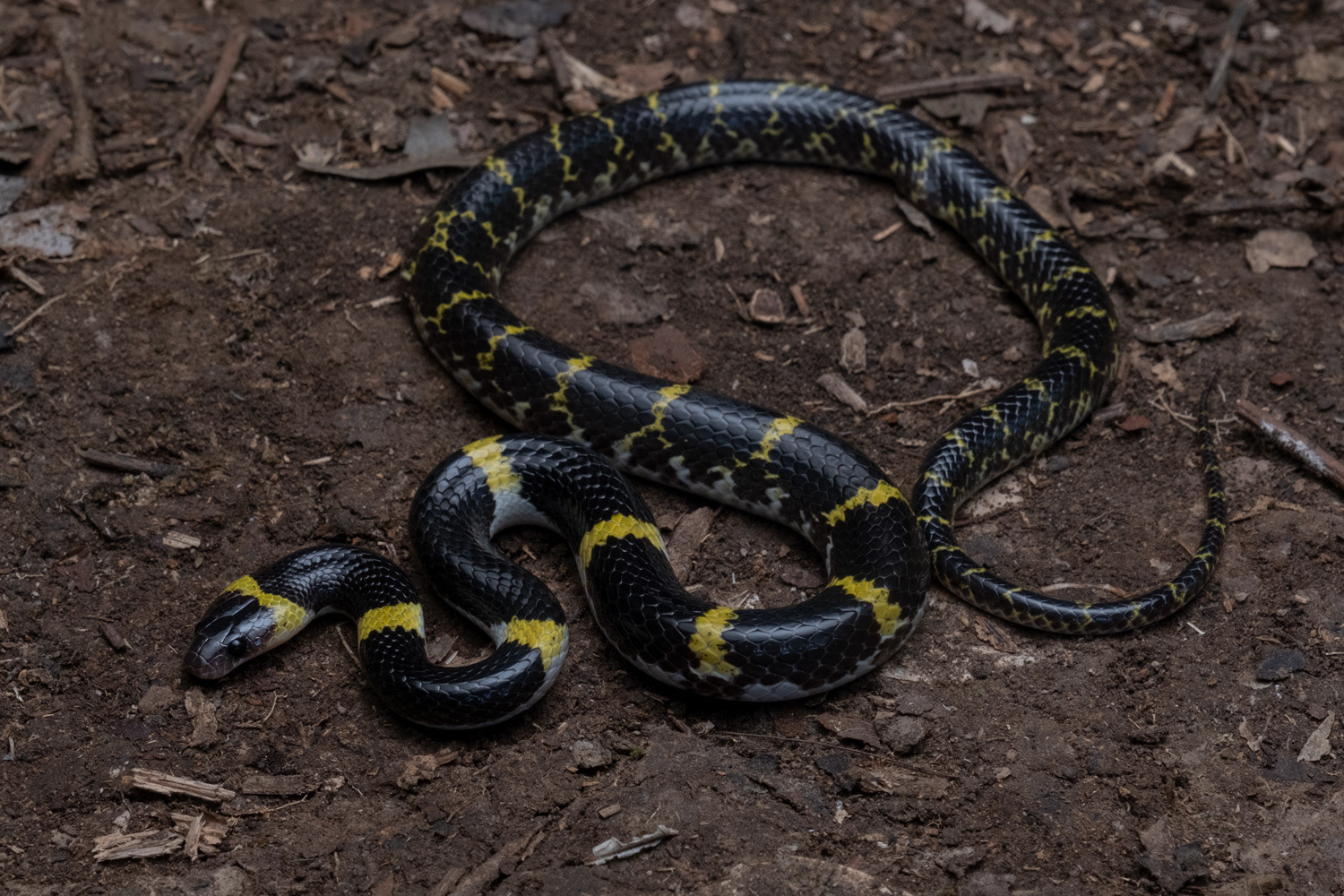
Laotian wolf snake (Lycodon laoensis).
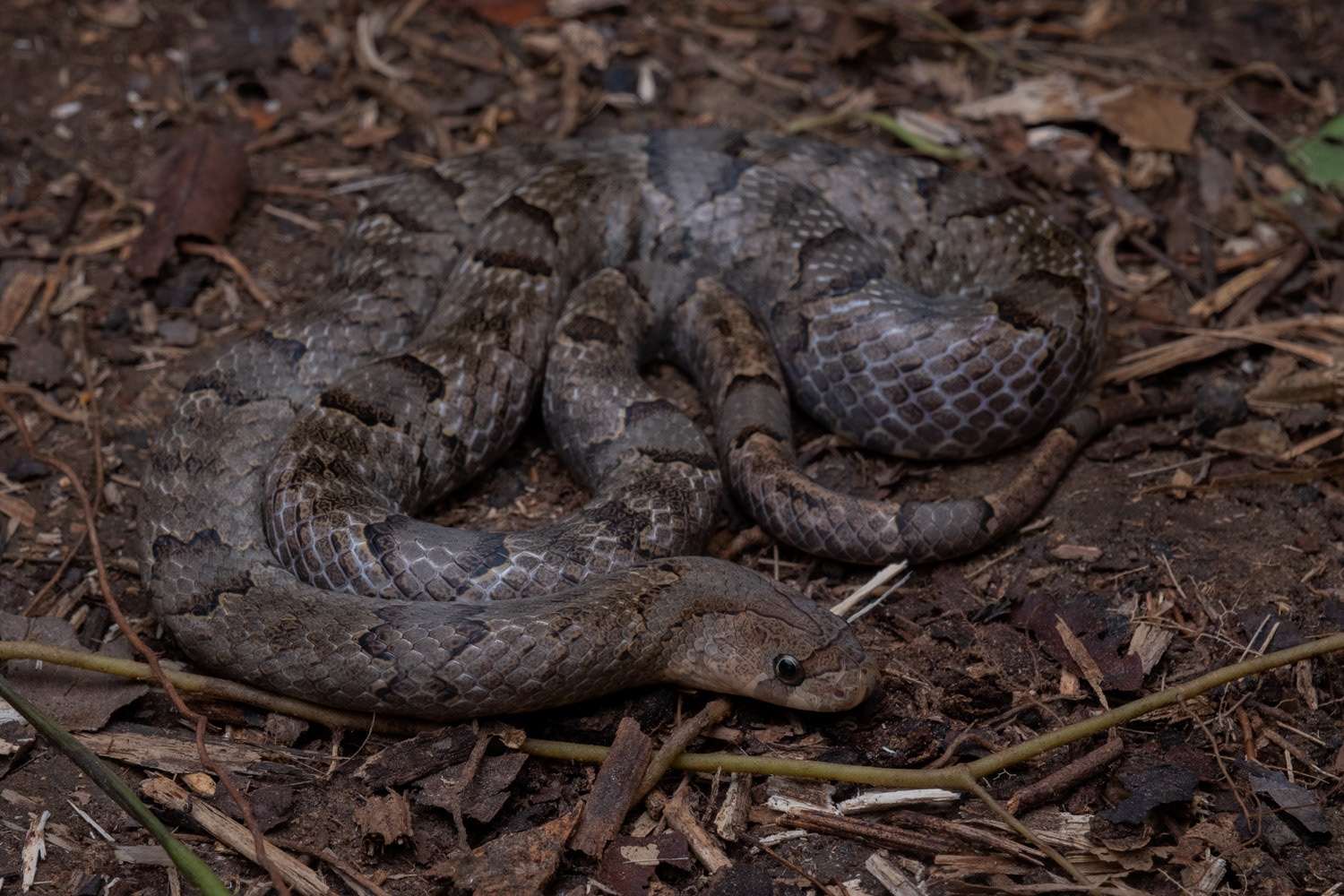
Purple kukri snake (Oligodon purpurascens).
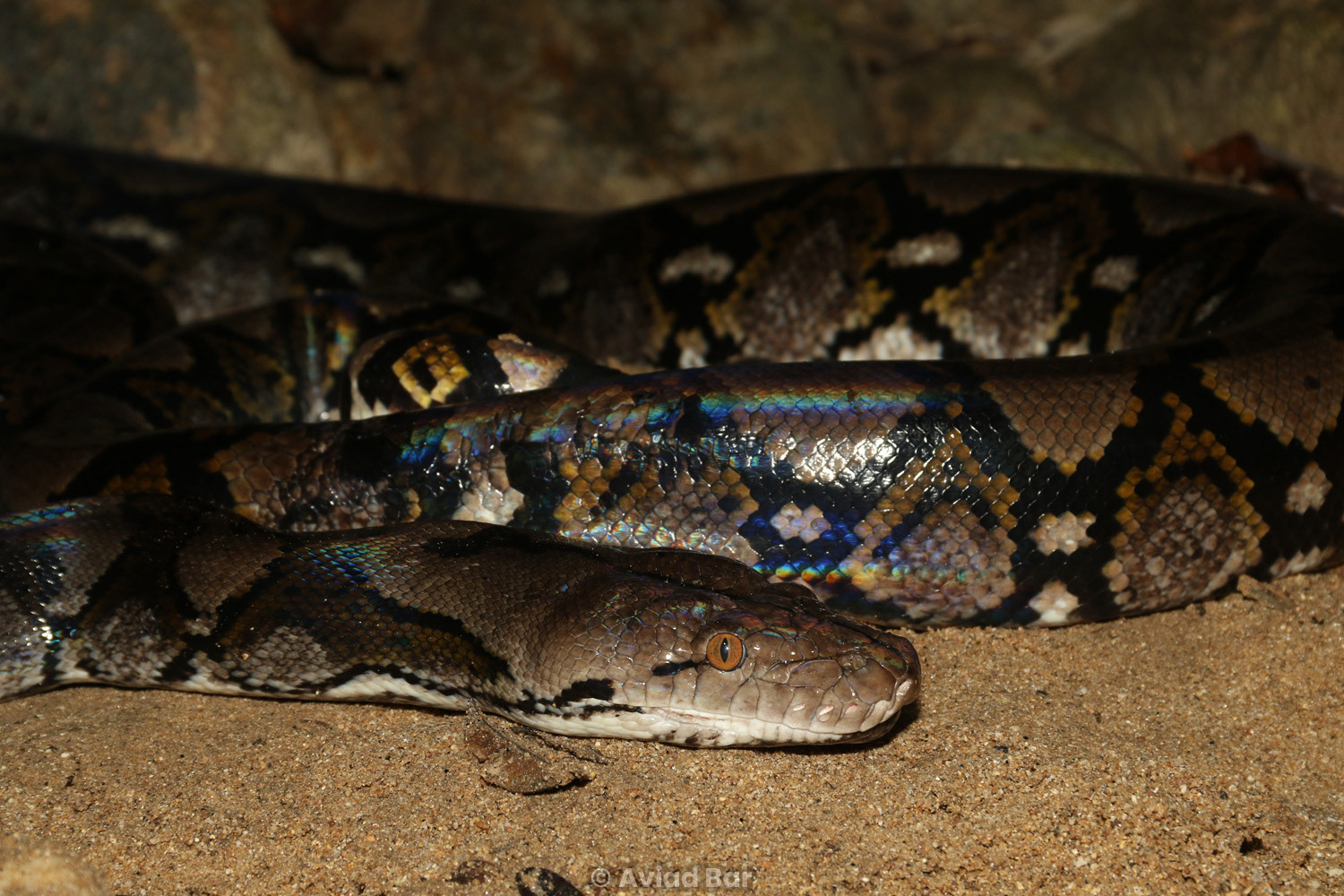
Reticulated python (Malayopython reticulatus).
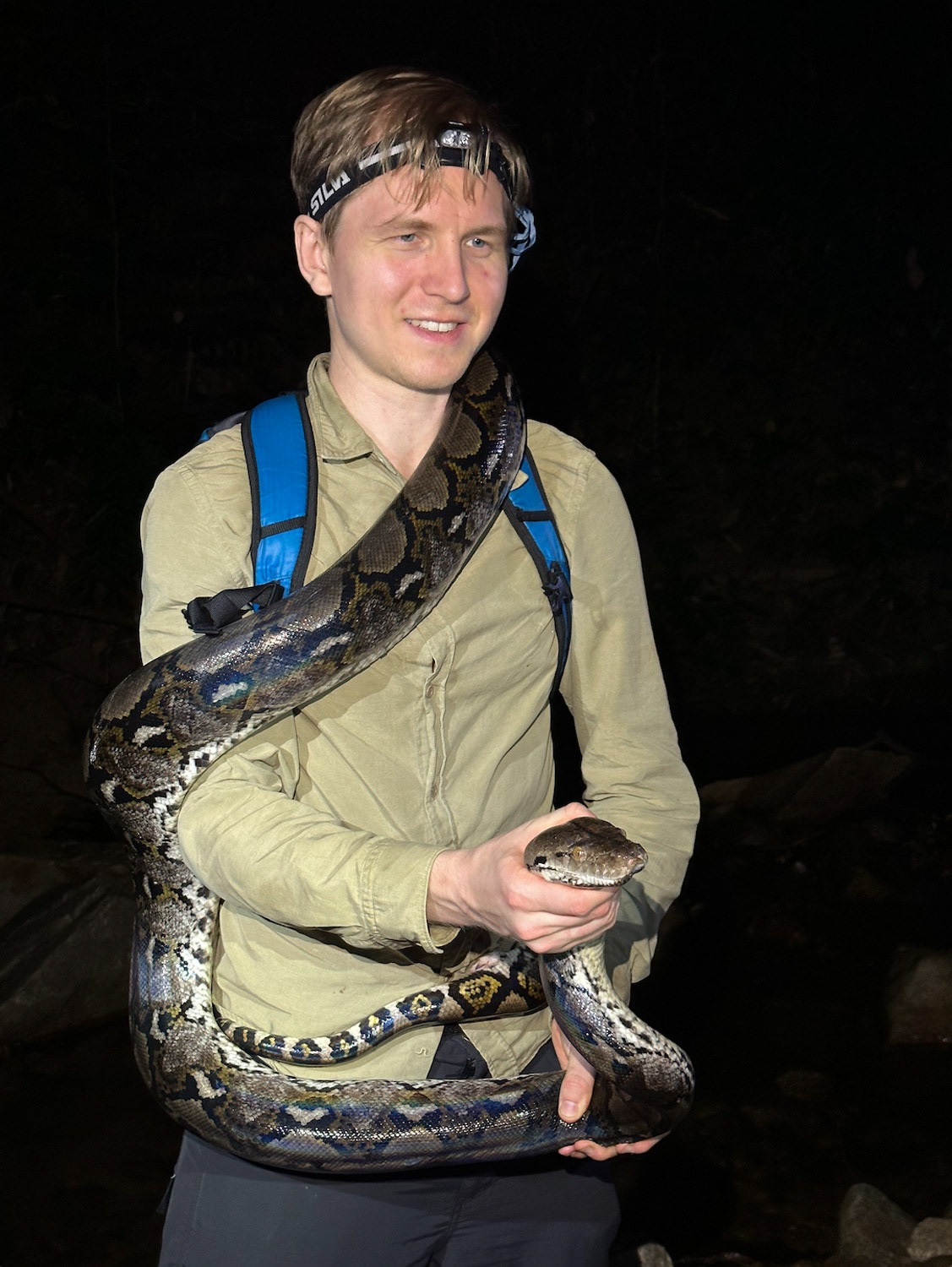
Freddie holding the large reticulated python.
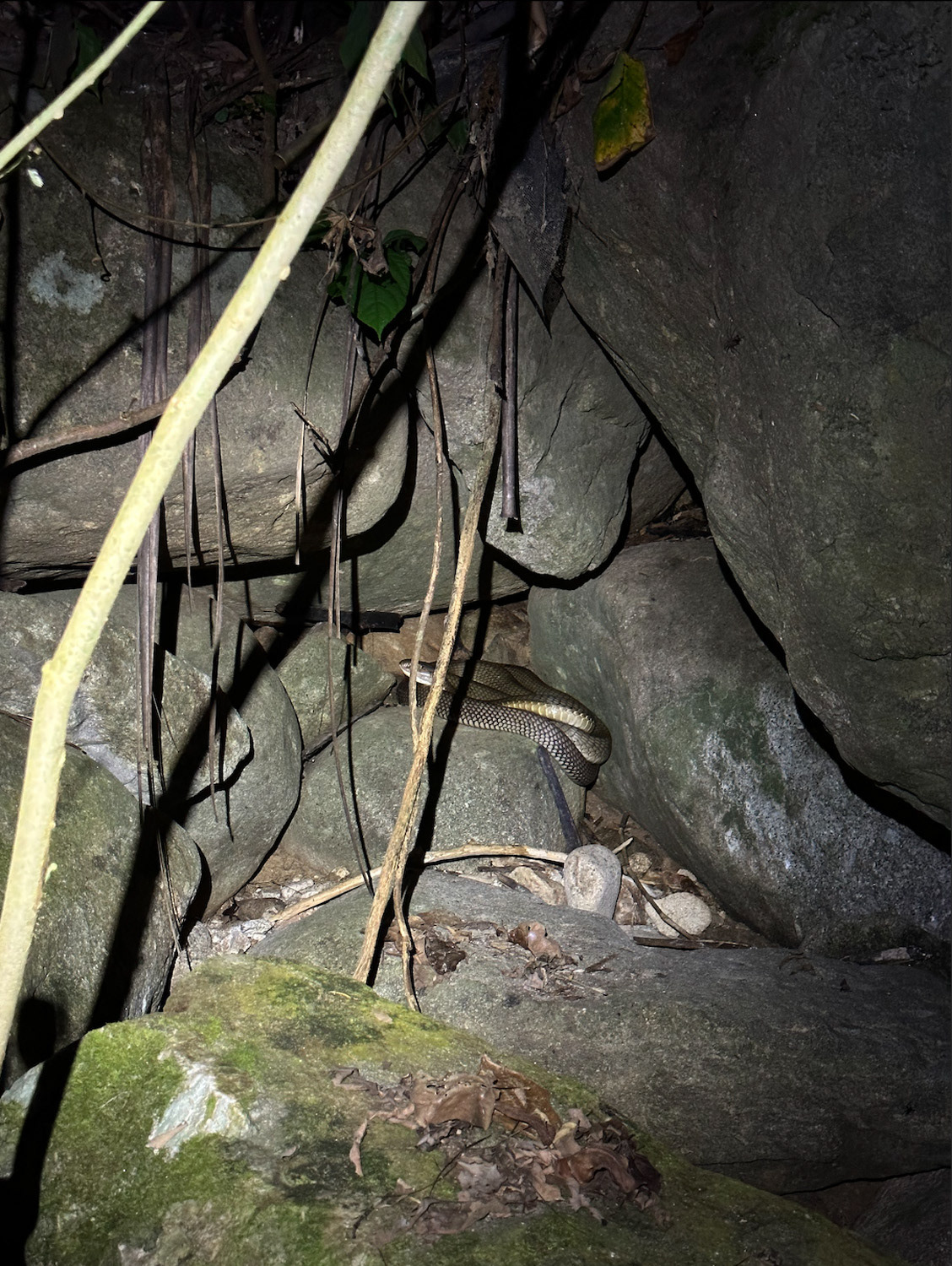
In-situ king cobra.
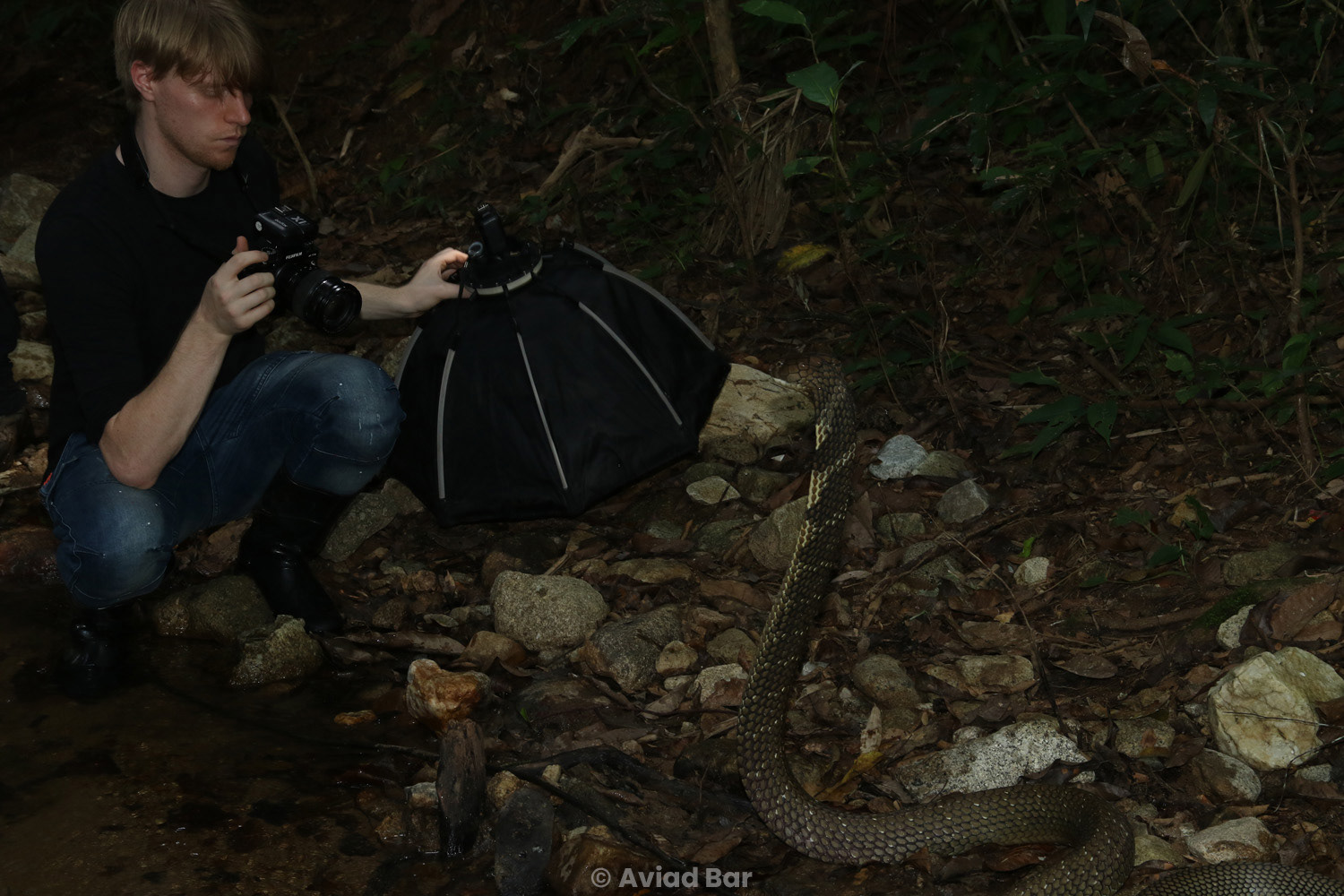
Rupert photographing the king cobra.
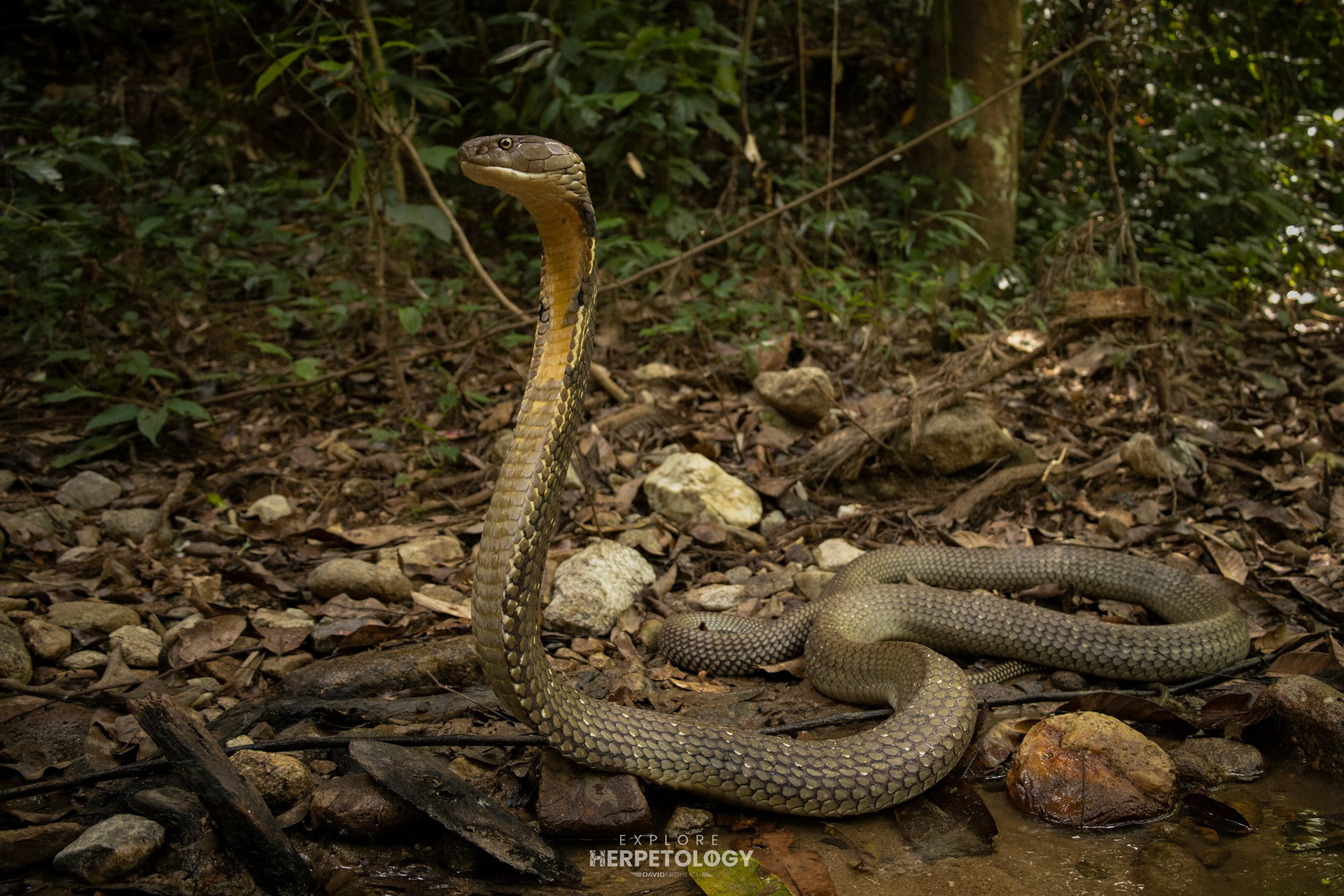
King cobra (Ophiophagus hannah).
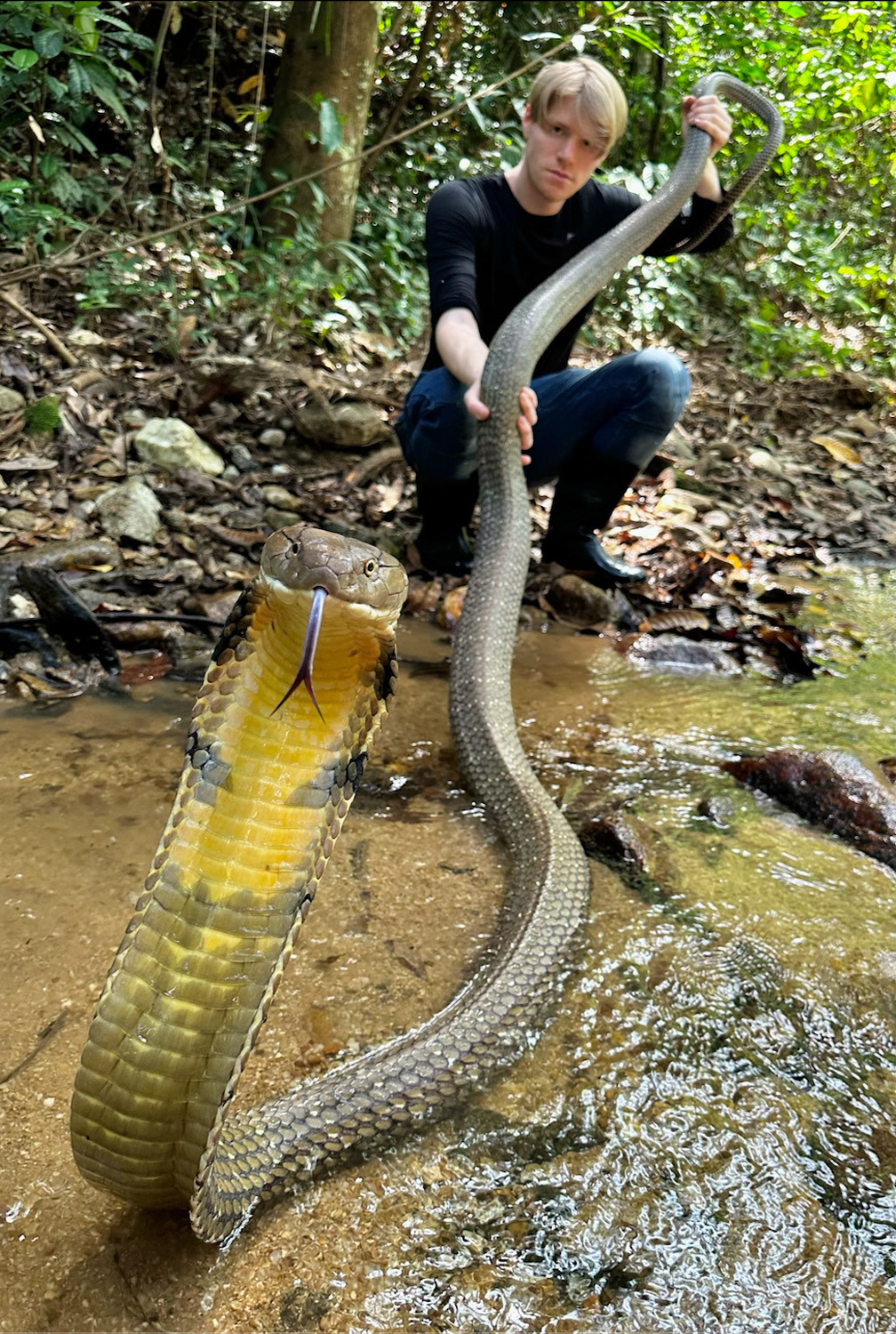
Rupert displaying the size of this magnificent snake.
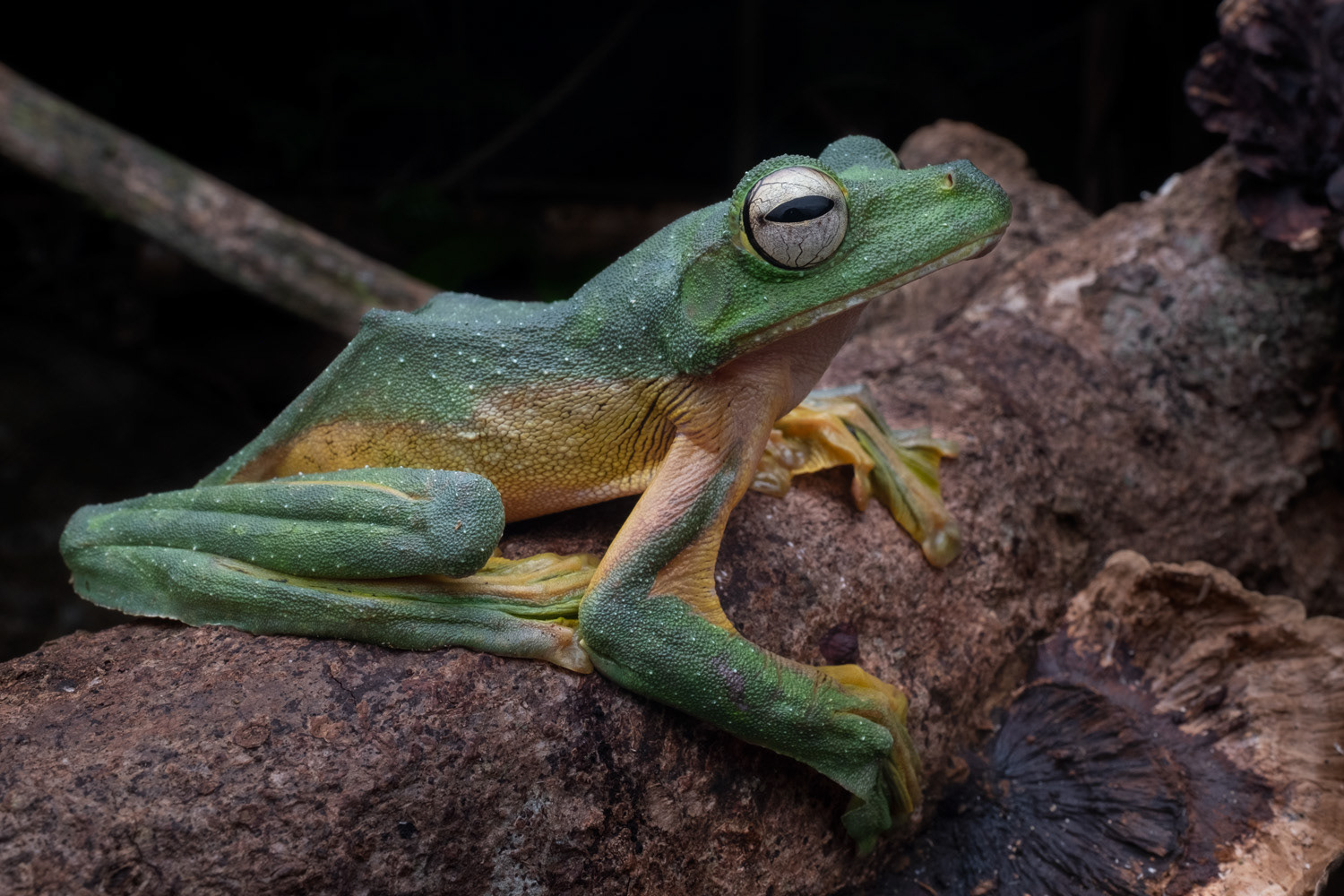
Wallace's flying frog (Rhacophorus nigropalmatus).
Bang Lang
The next area was our main location of the trip; 4 days straight in ultra biodiverse tropical rainforest with tigers, elephants, leopards and many other mammals inhabiting the area, not to mention an incredible density of exciting herpetofauna.
Our time here began in absolutely sensational fashion with a beautiful adult Malaysian blue coral snake (Calliophis bivirgata) crossing the road at twilight. This makes it three consecutive trips that we have found a blue coral in this specific area. Other new species for the trip included a striped bronzeback (Dendrelaphis caudolineatus), Schlegel’s reed snake (Calamaria schlegeli), dark-headed cat snake (Boiga nigriceps) and by far our most unexpected discovery, an adult female Wirot’s pit viper (Craspedocephalus wiroti). This was only the second ever record in Yala province.
Over the course of the following 3 nights, we saw a brilliant variety of target snakes, rarities and many repeat species. The glorified ‘big hitters’ were a huge (1.9 meter) red-headed krait (Bungarus flaviceps), two adult female Wagler’s pit vipers (Tropidolaemus wagleri) and a Malaysian striped coral snake (Calliophis intestinalis). The highlights from a selection of daytime snake encounters were a beautiful blue bronzeback (Dendrelaphis cyanochloris) and a large red-tailed racer (Gonyosoma oxycephalum). Many of the other snakes observed can be seen in photographs below.
It was also at this location where we caught arguably our rarest reptile of the trip, a roughneck monitor lizard (Varanus rudicollis). Other remarkable lizards included a cat gecko (Aleuroscalabotes felinus), Smith’s green-eyed gecko (Gekko smithii) and several different impressive agamidae. Notable amphibian additions to the trip were cinnamon frog (Nyctixalus pictus), long-nosed horned frog (Pelobatrachus nasuta), Larut bug-eyed frog (Theloderma asperum) and the rare Sunda beautiful frog (Pulchrana signata).
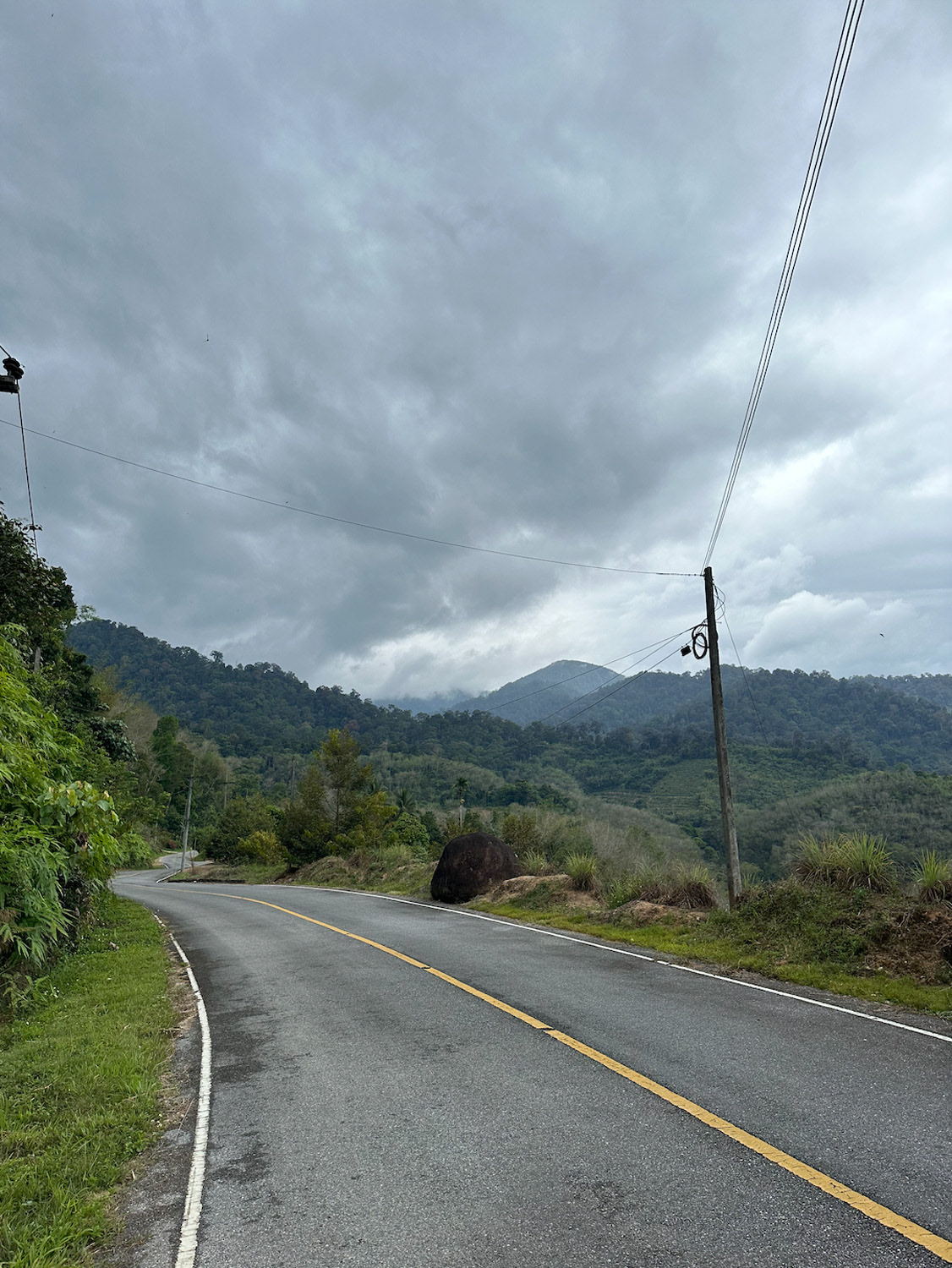
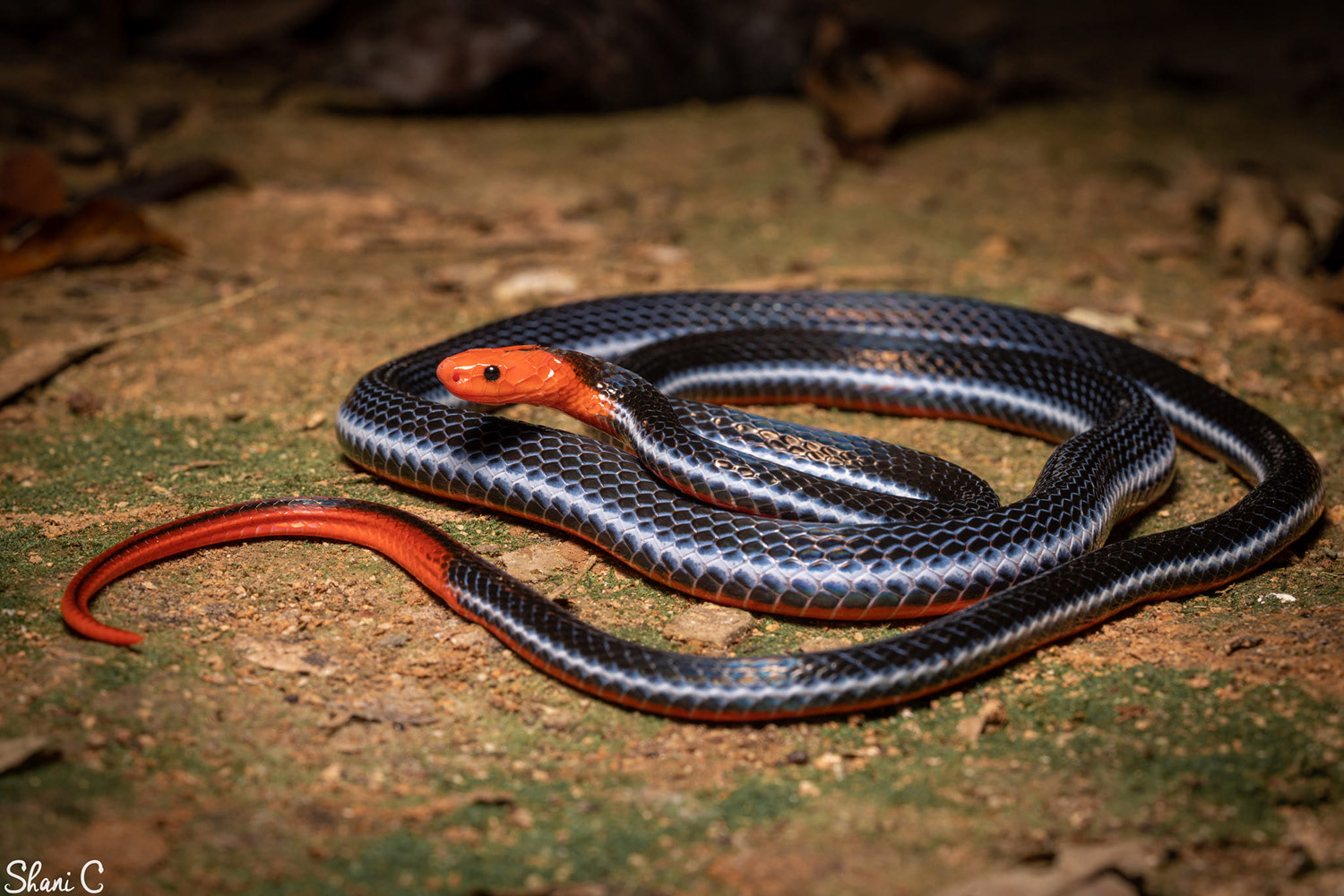
Malaysian blue coral snake (Calliophis bivirgata).
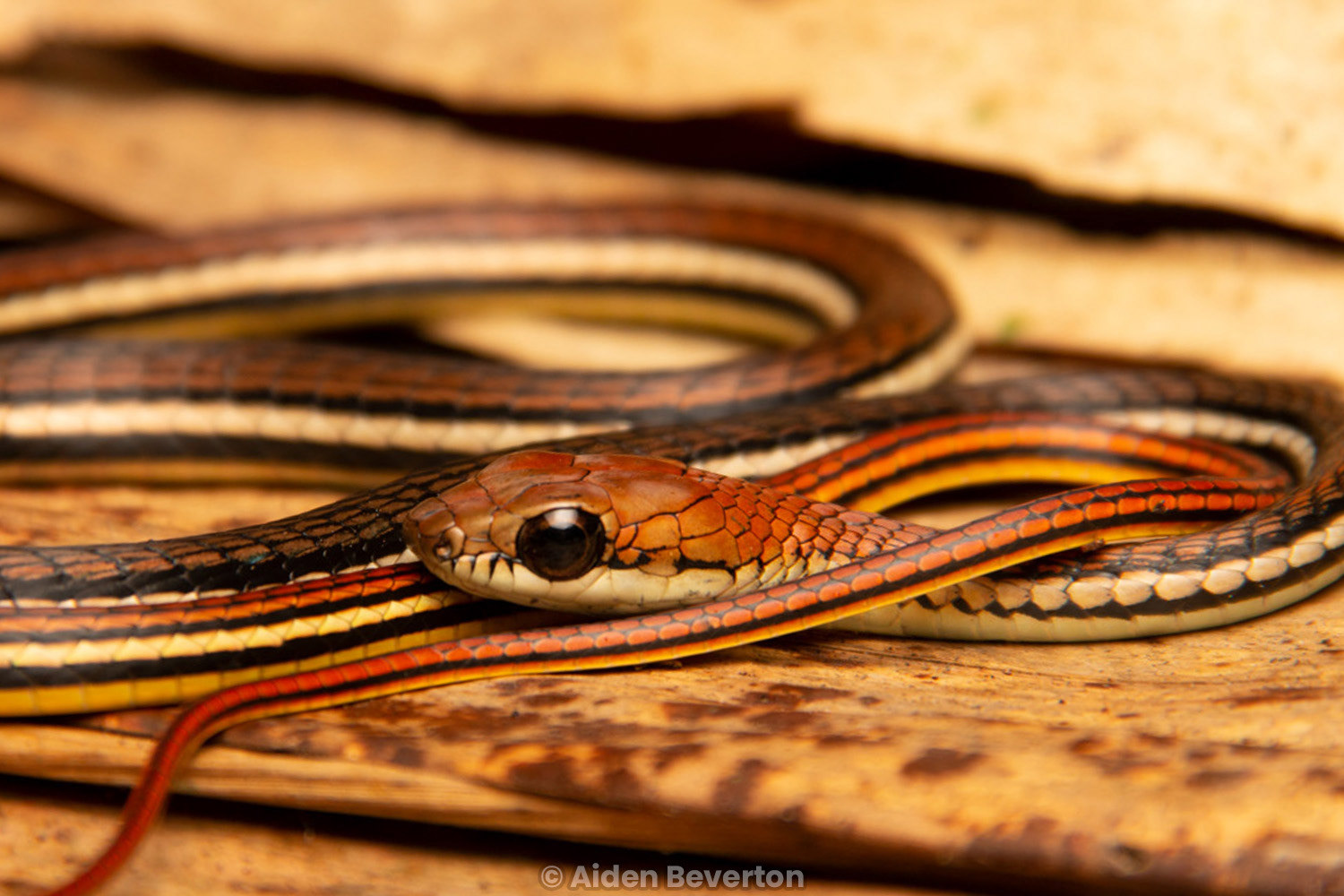
Striped bronzeback (Dendrelaphis caudolineatus).
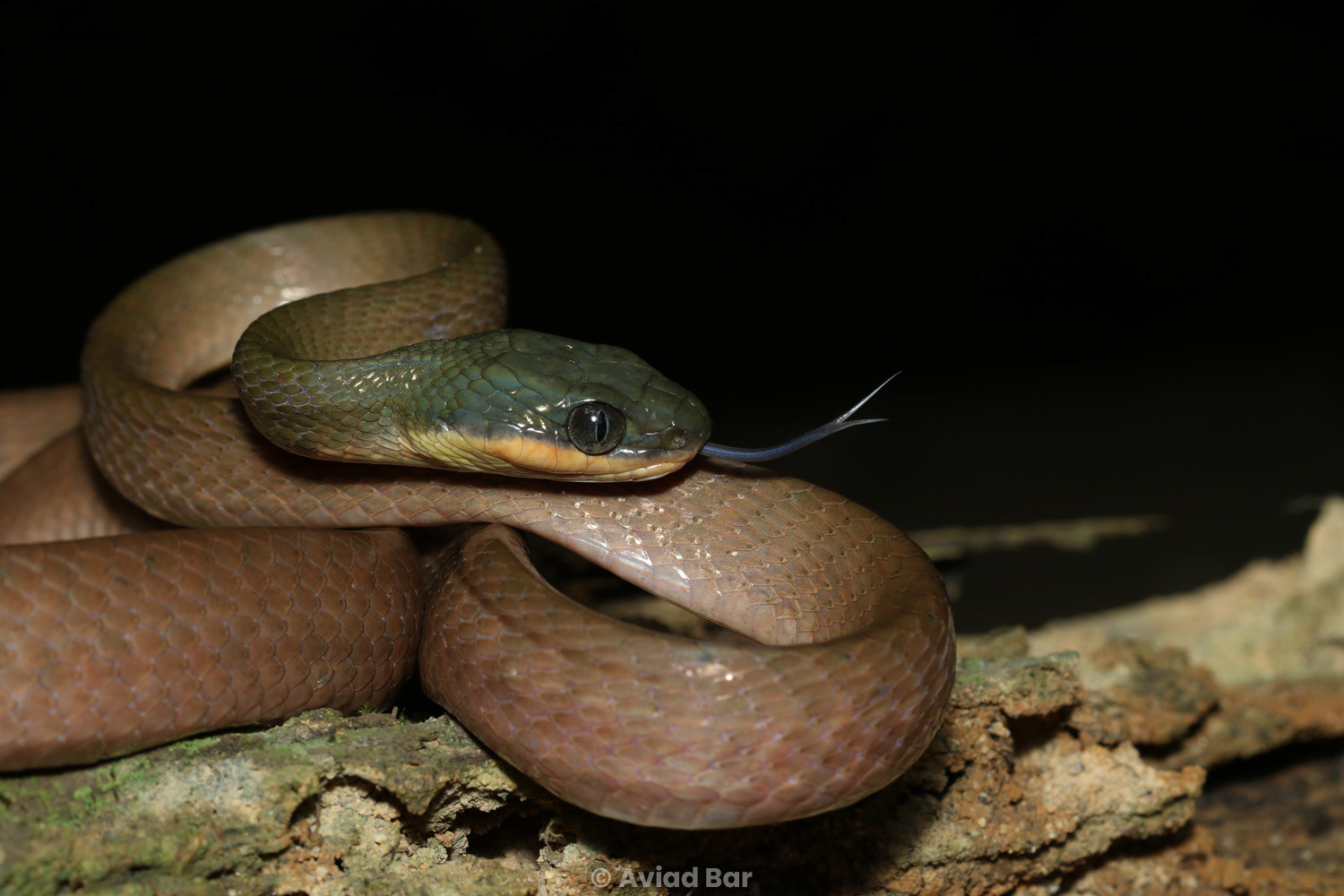
Dark-headed cat snake (Boiga nigriceps).
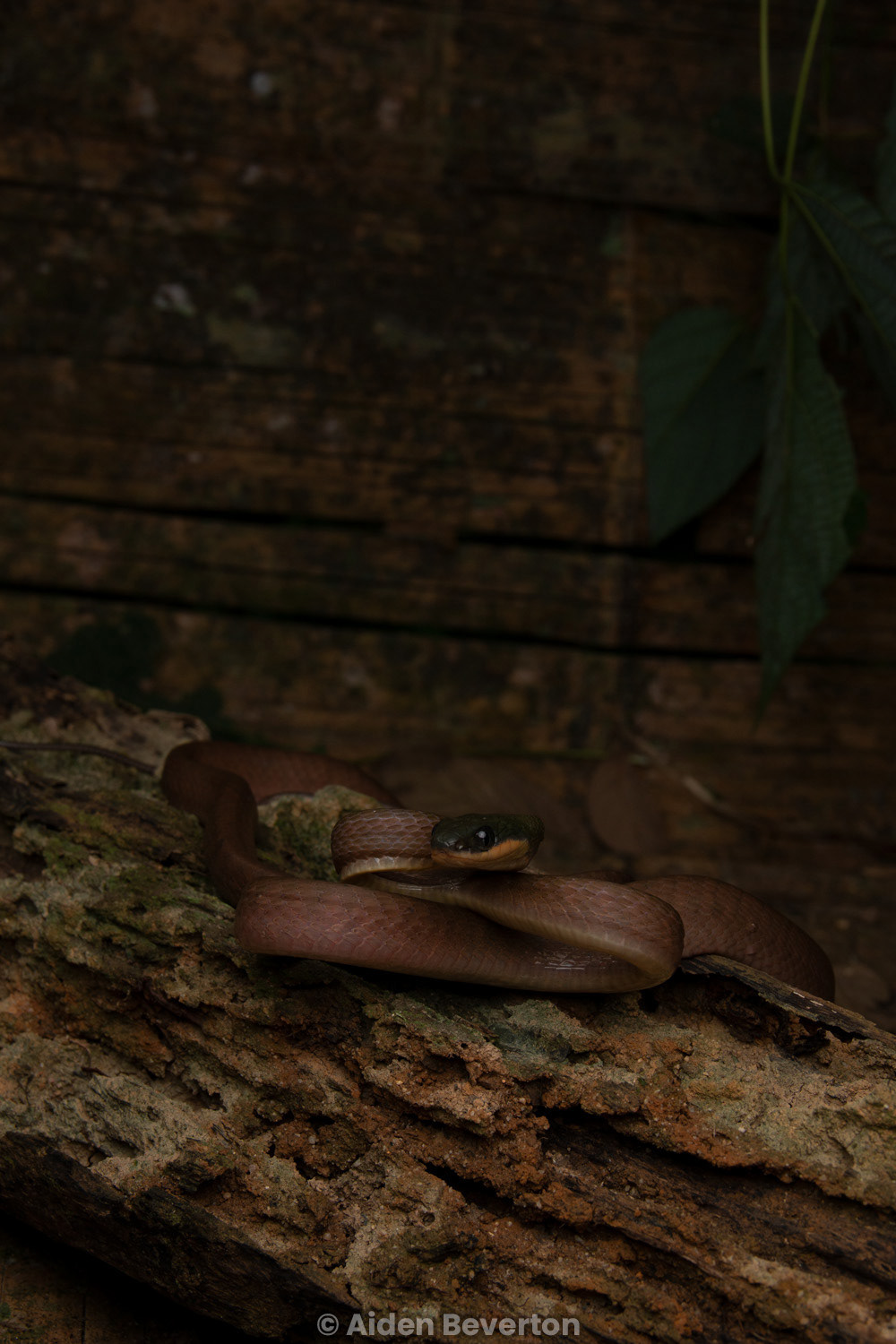
Dark-headed cat snake (Boiga nigriceps).
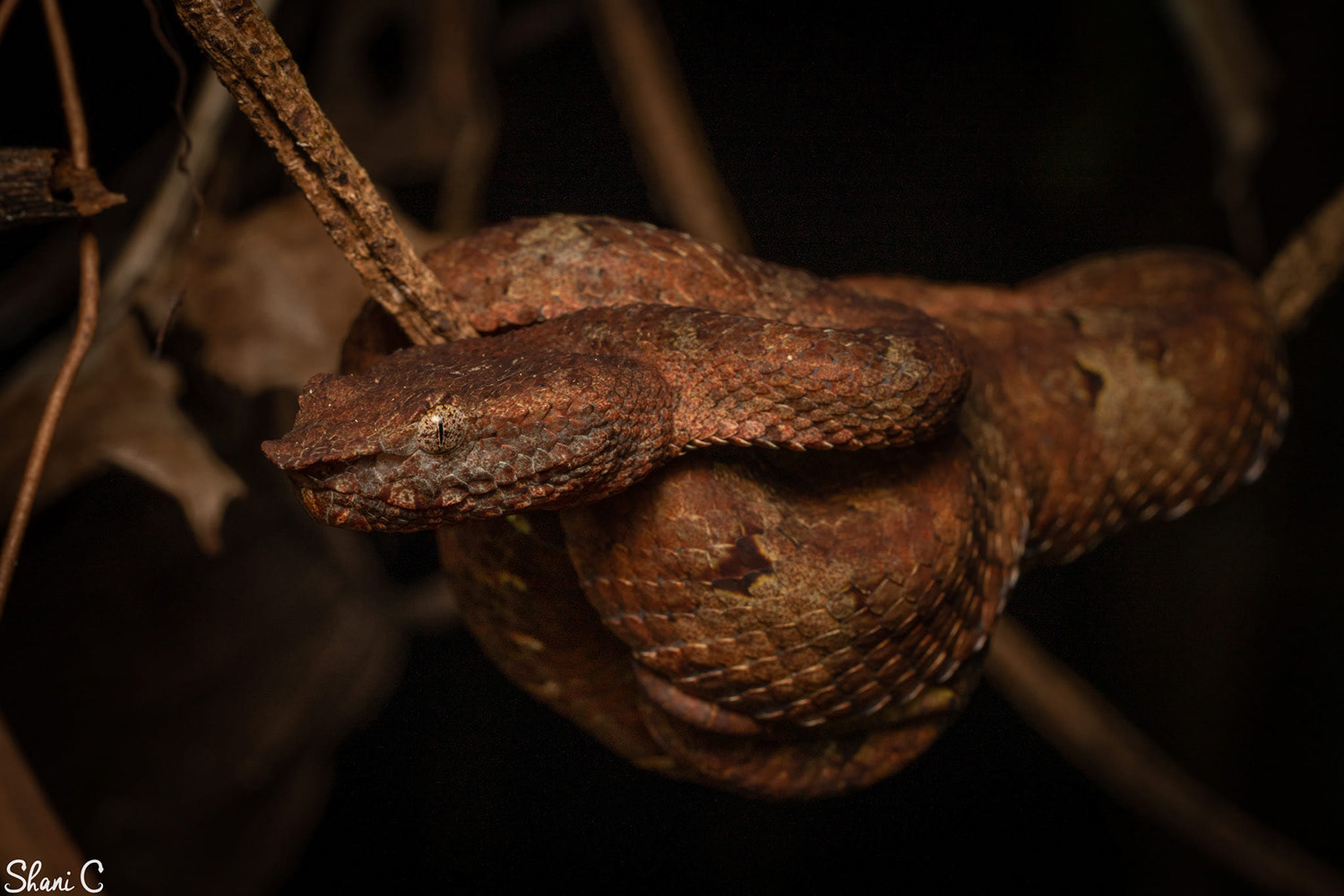
In-situ Wirot's pit viper (Craspedocephalus wiroti).
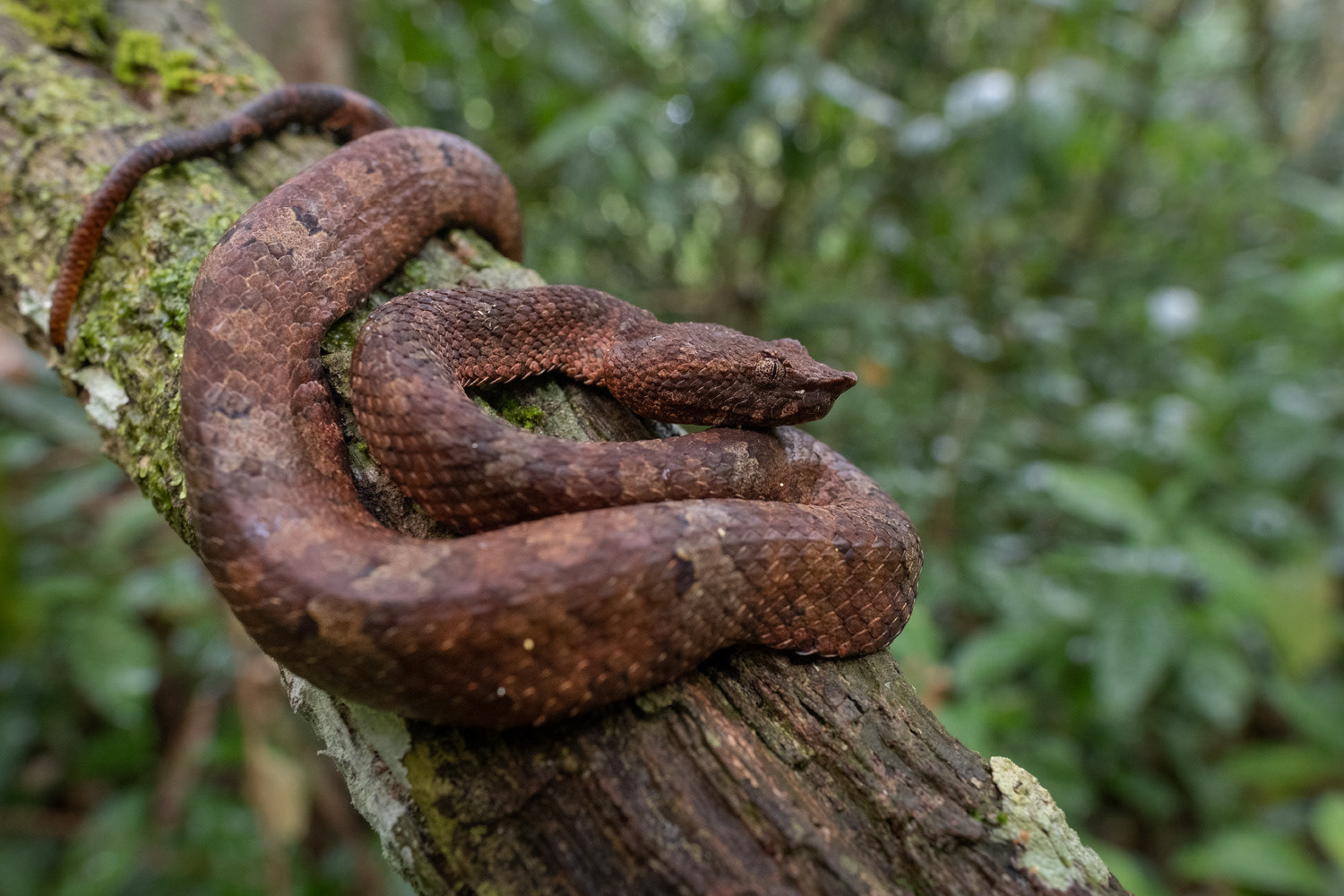
Wirot's pit viper (Craspedocephalus wiroti).
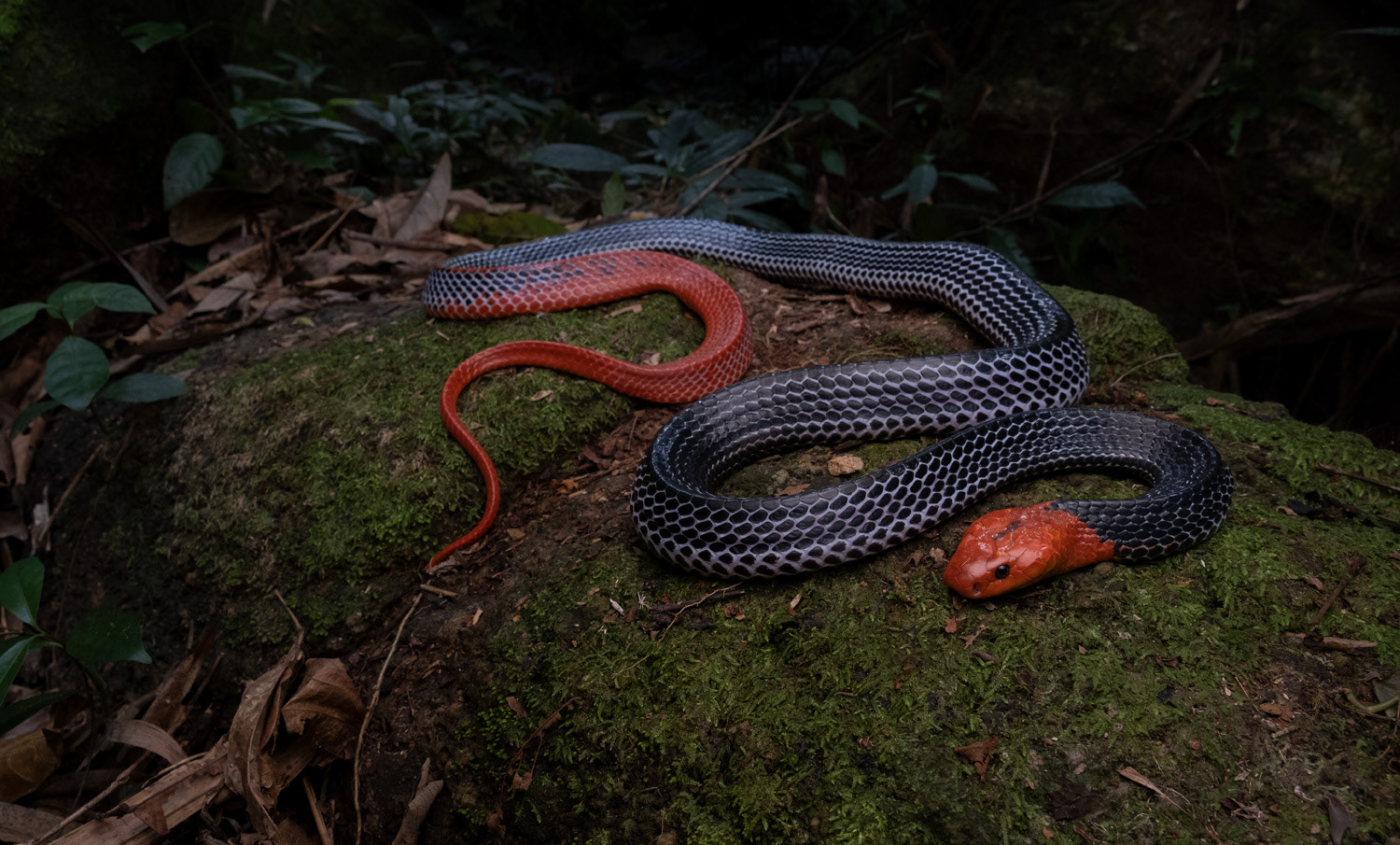
1.9m Red-headed krait (Bungarus flaviceps).
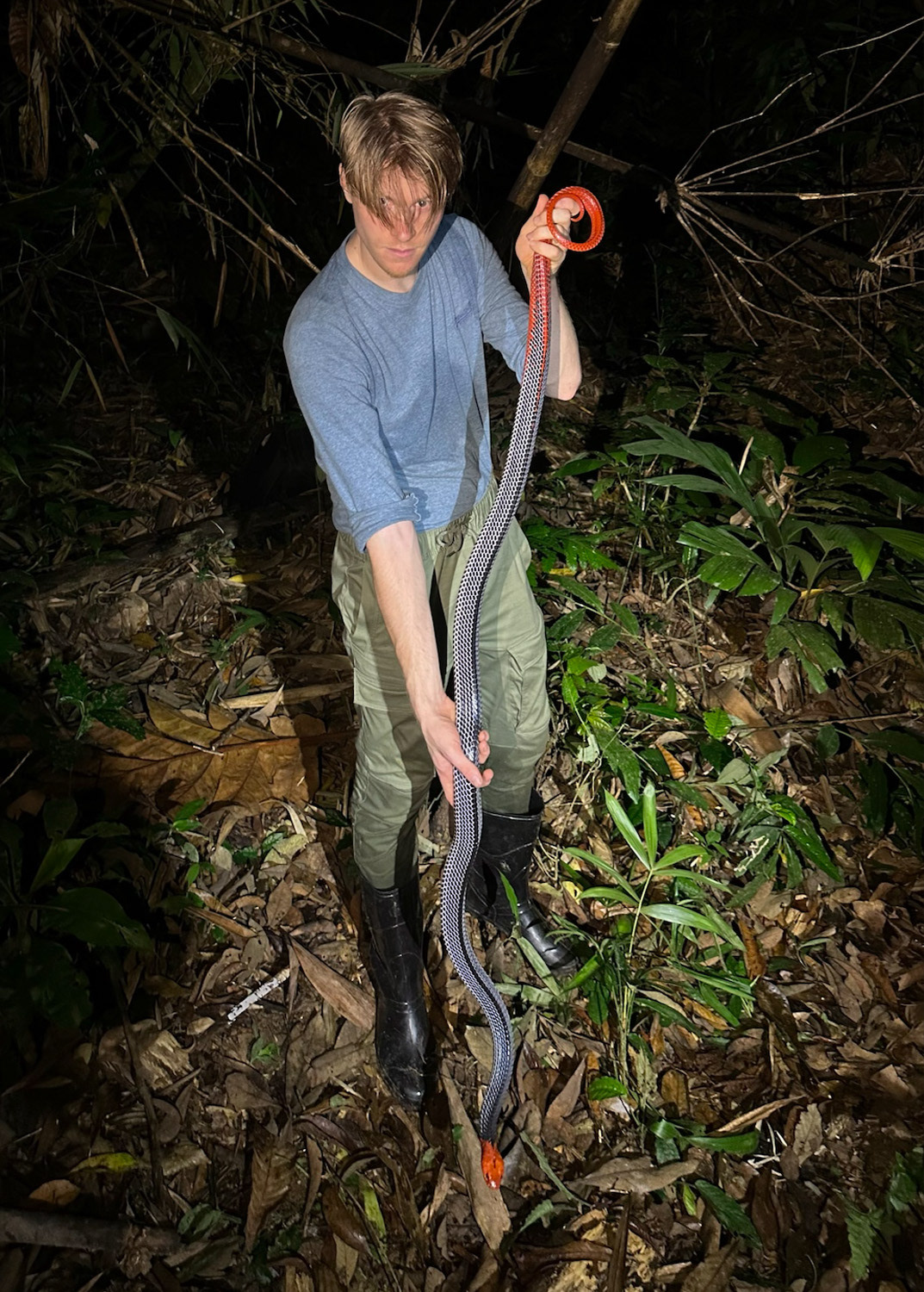
Rupert with the large red-headed krait.
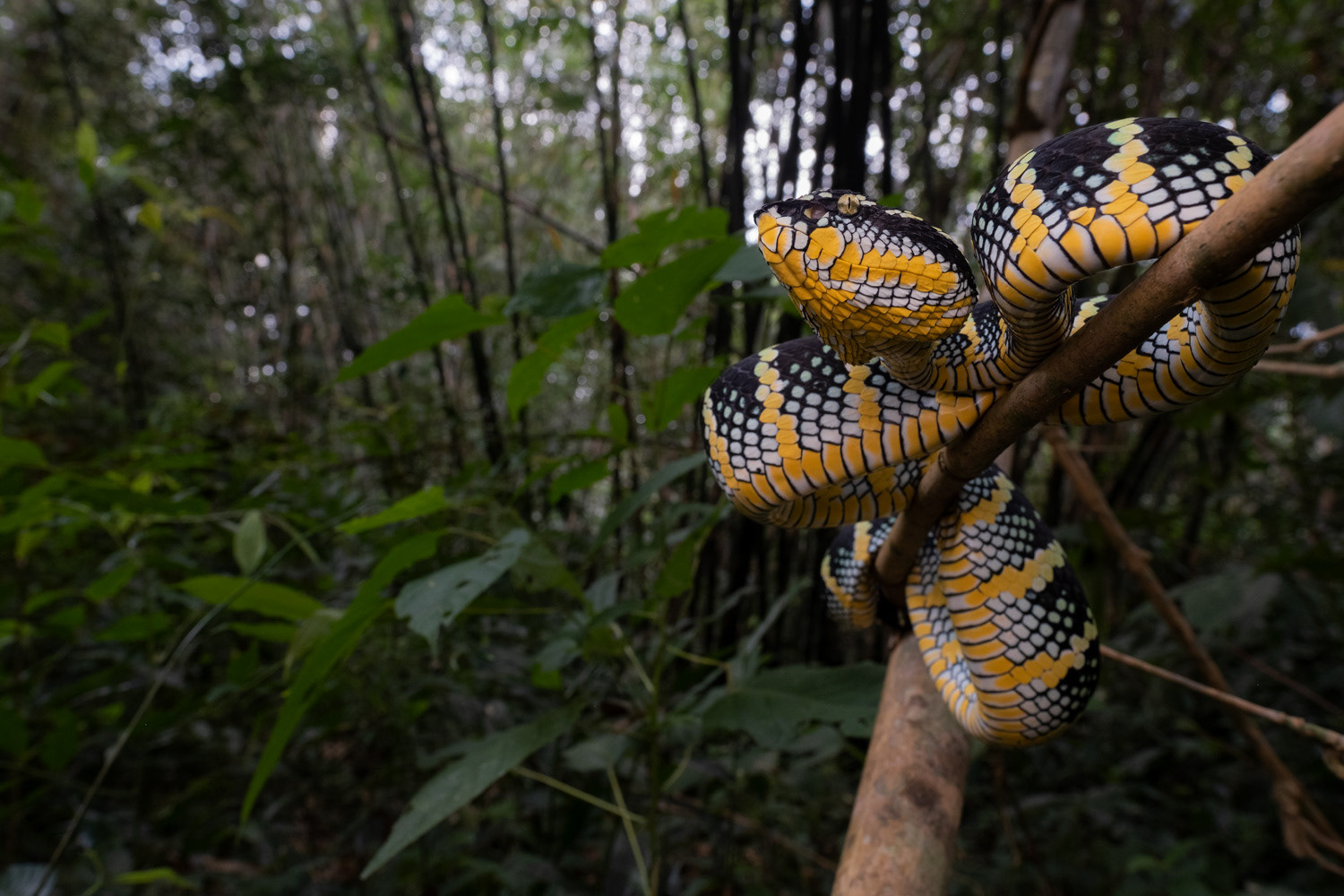
Adult female Wagler's pit viper (Tropidolaemus wagleri).
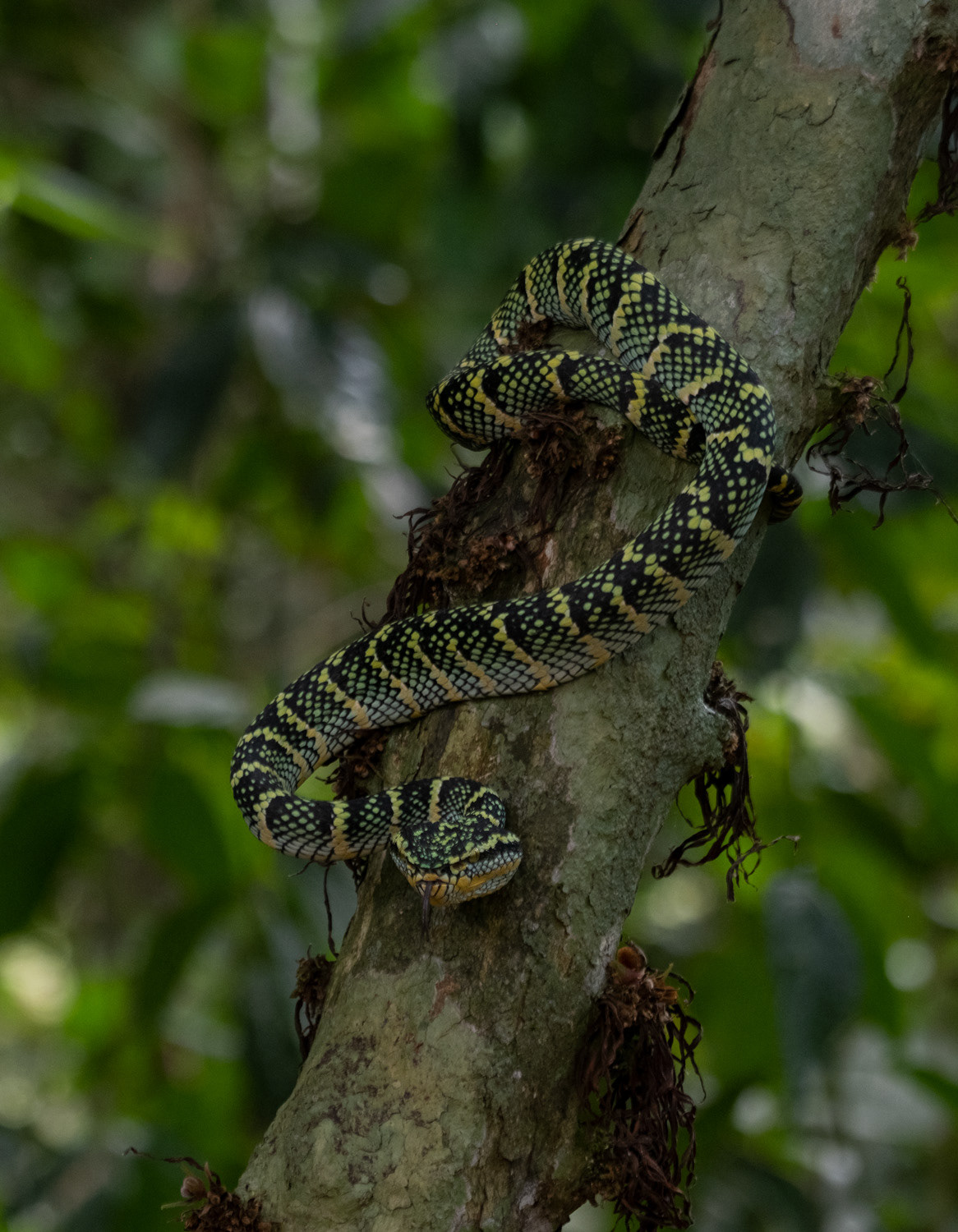
A smaller adult female Tropidolaemus wagleri.
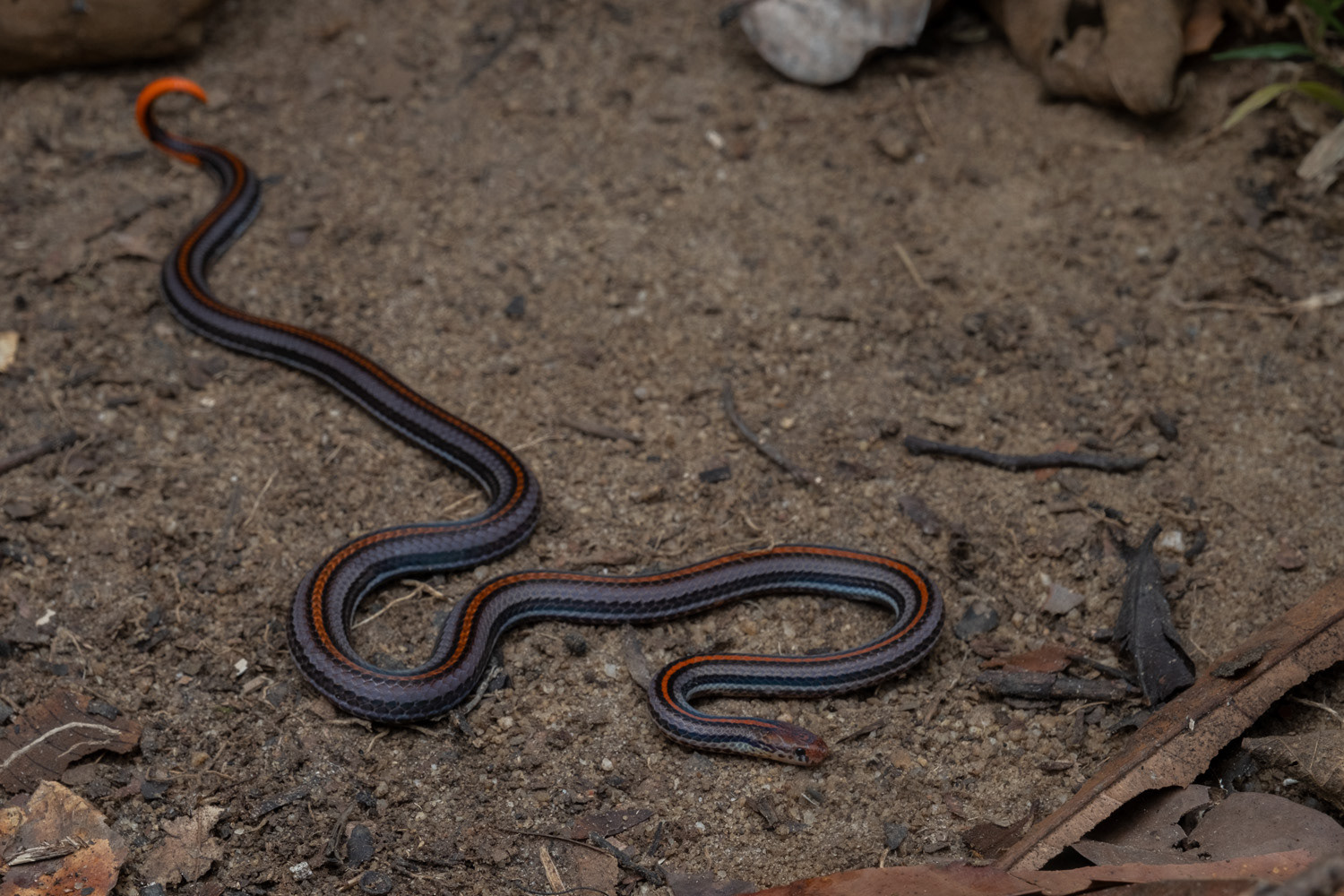
Striped coral snake (Calliophis intestinalis).
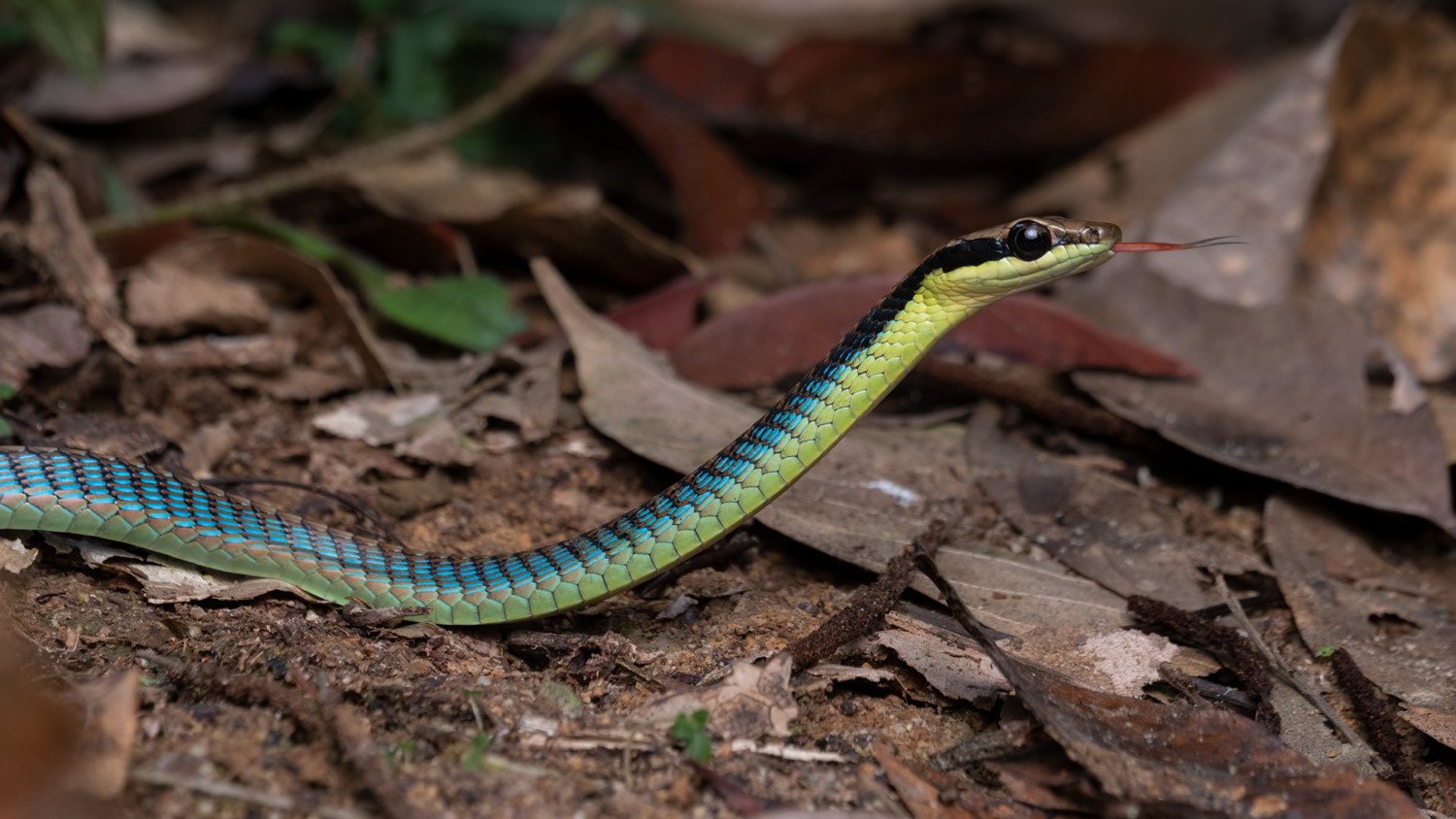
Blue bronzeback (Dendrelaphis cyanochloris).
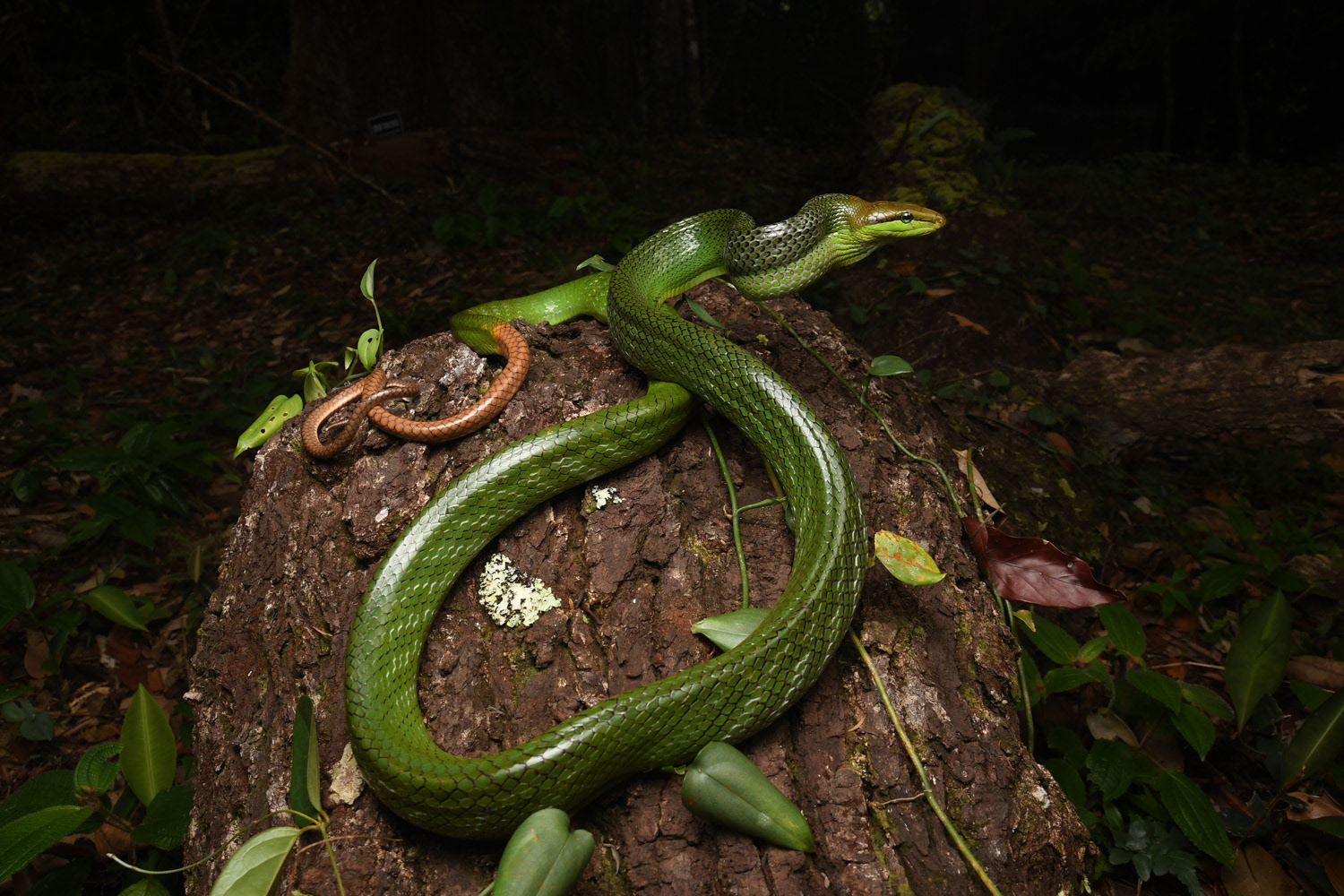
Red-tailed racer (Gonyosoma oxycephalum).
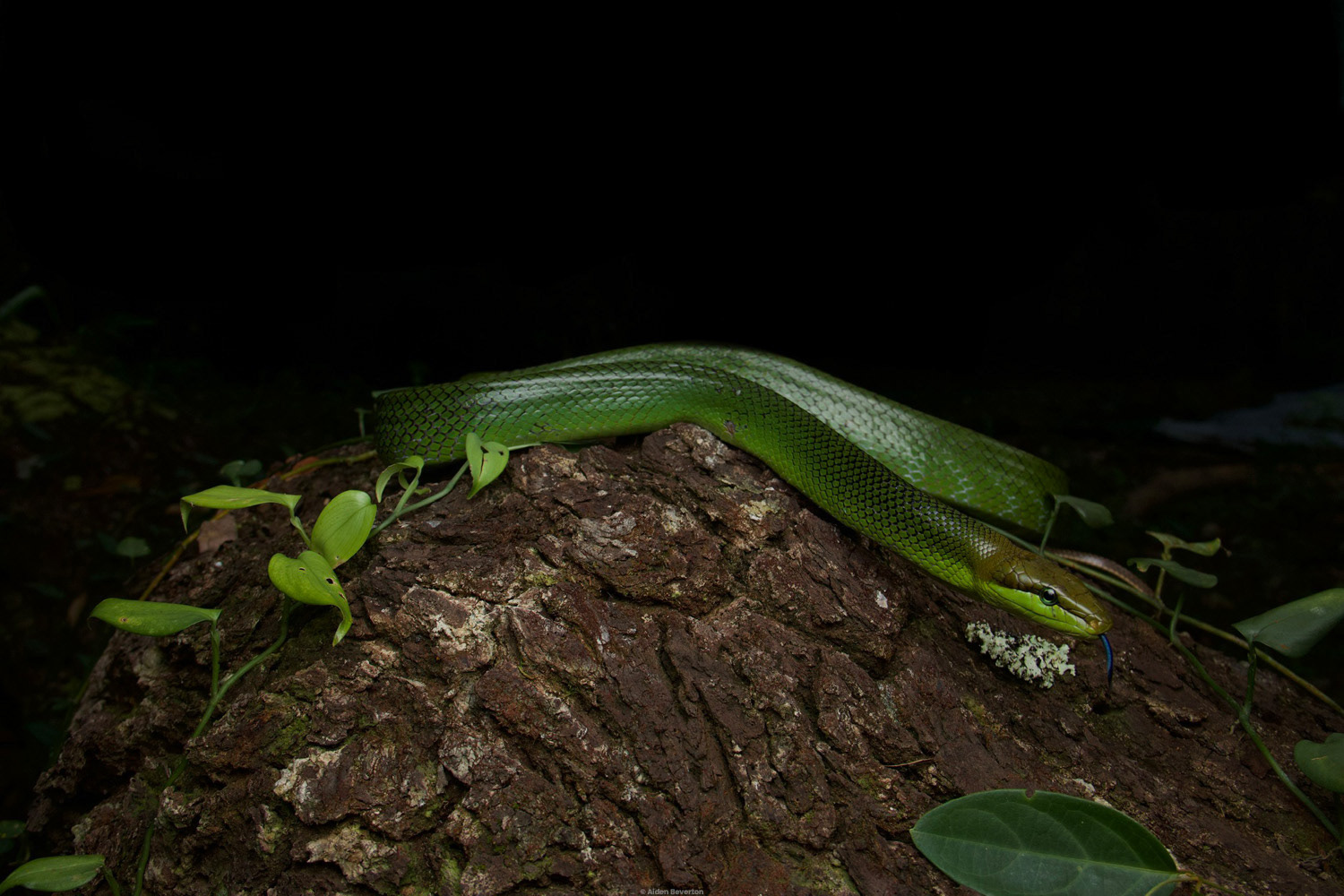
Red-tailed racer (Gonyosoma oxycephalum).
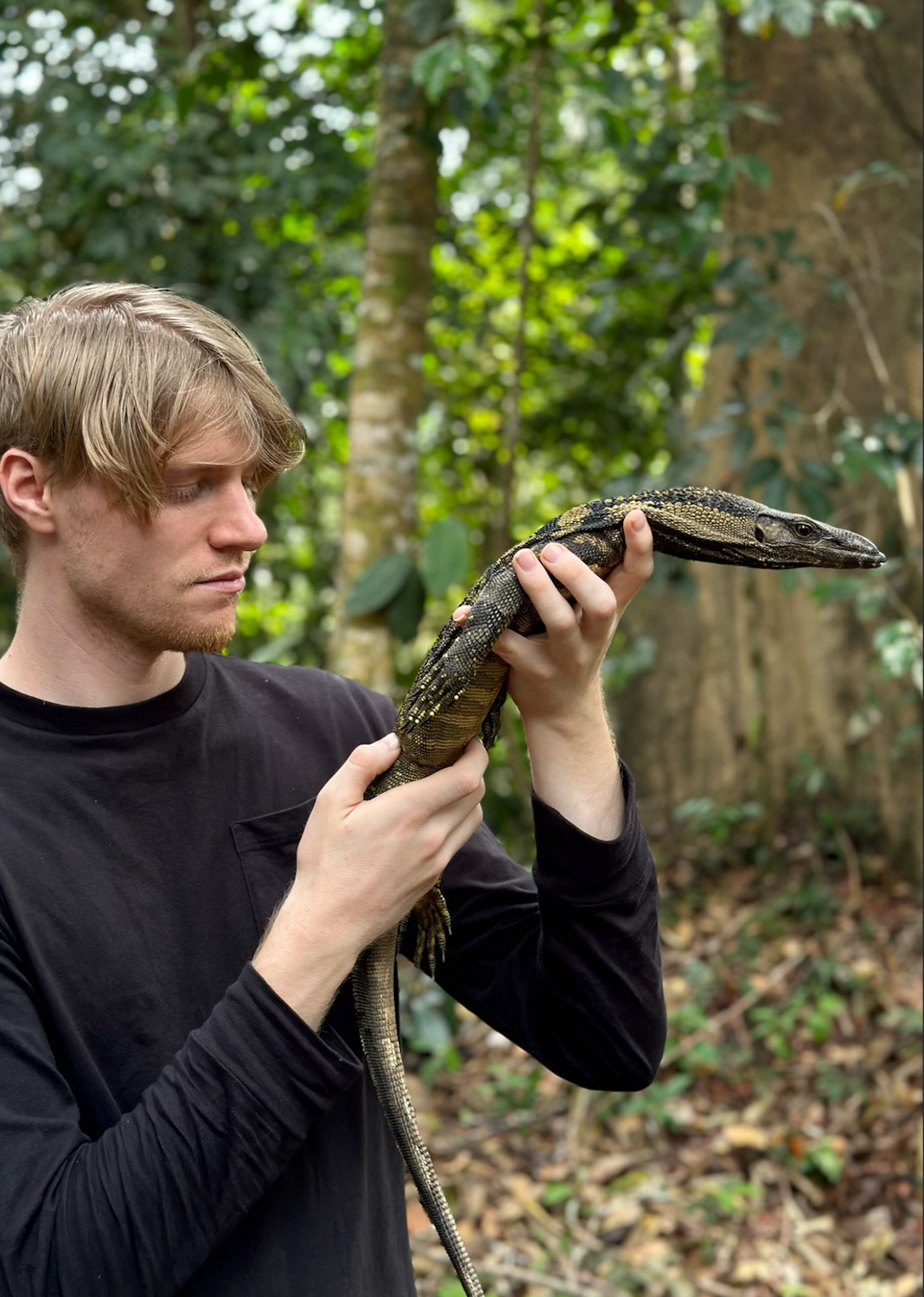
Rupert with the roughneck monitor.
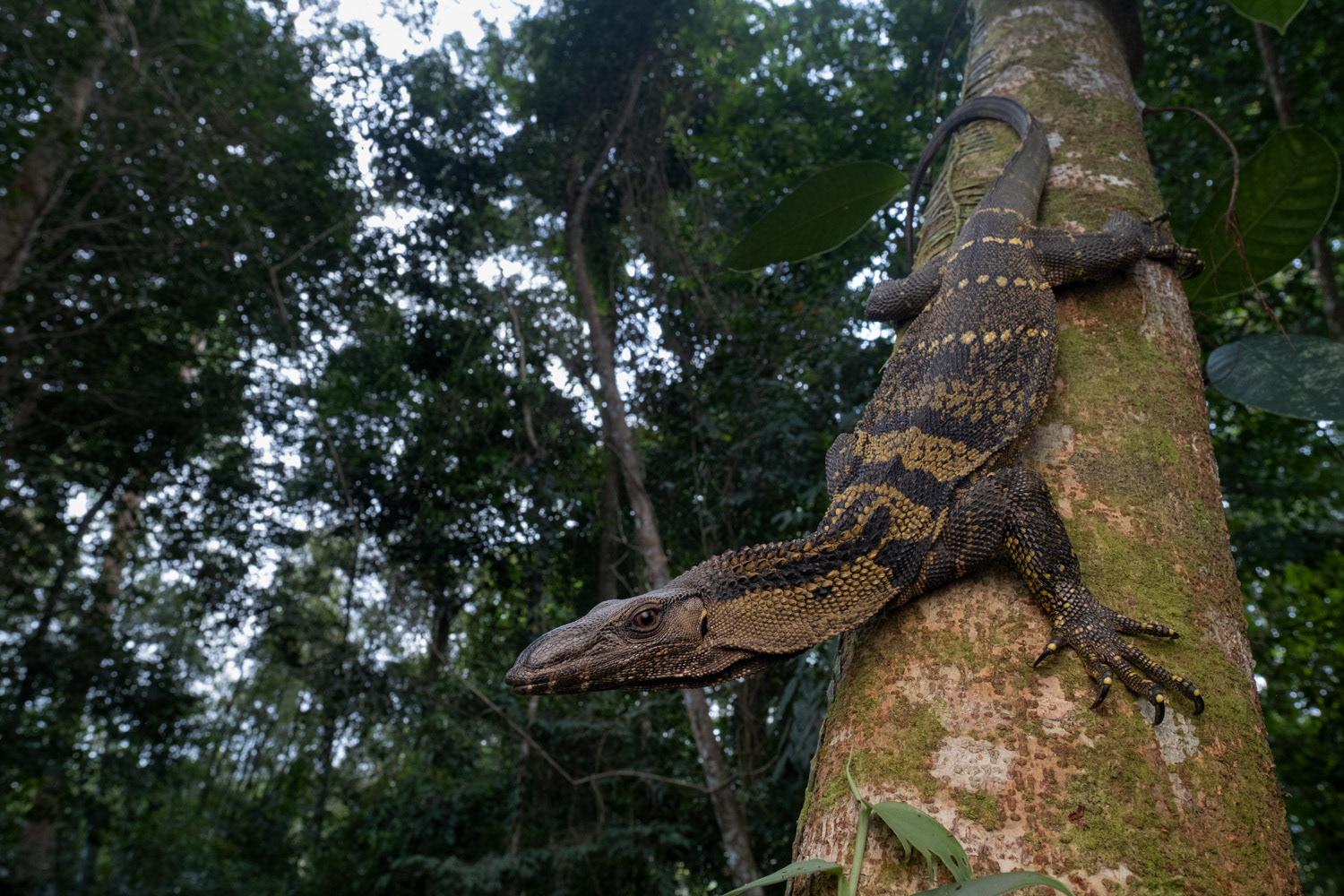
Roughneck monitor (Varanus rudicollis)
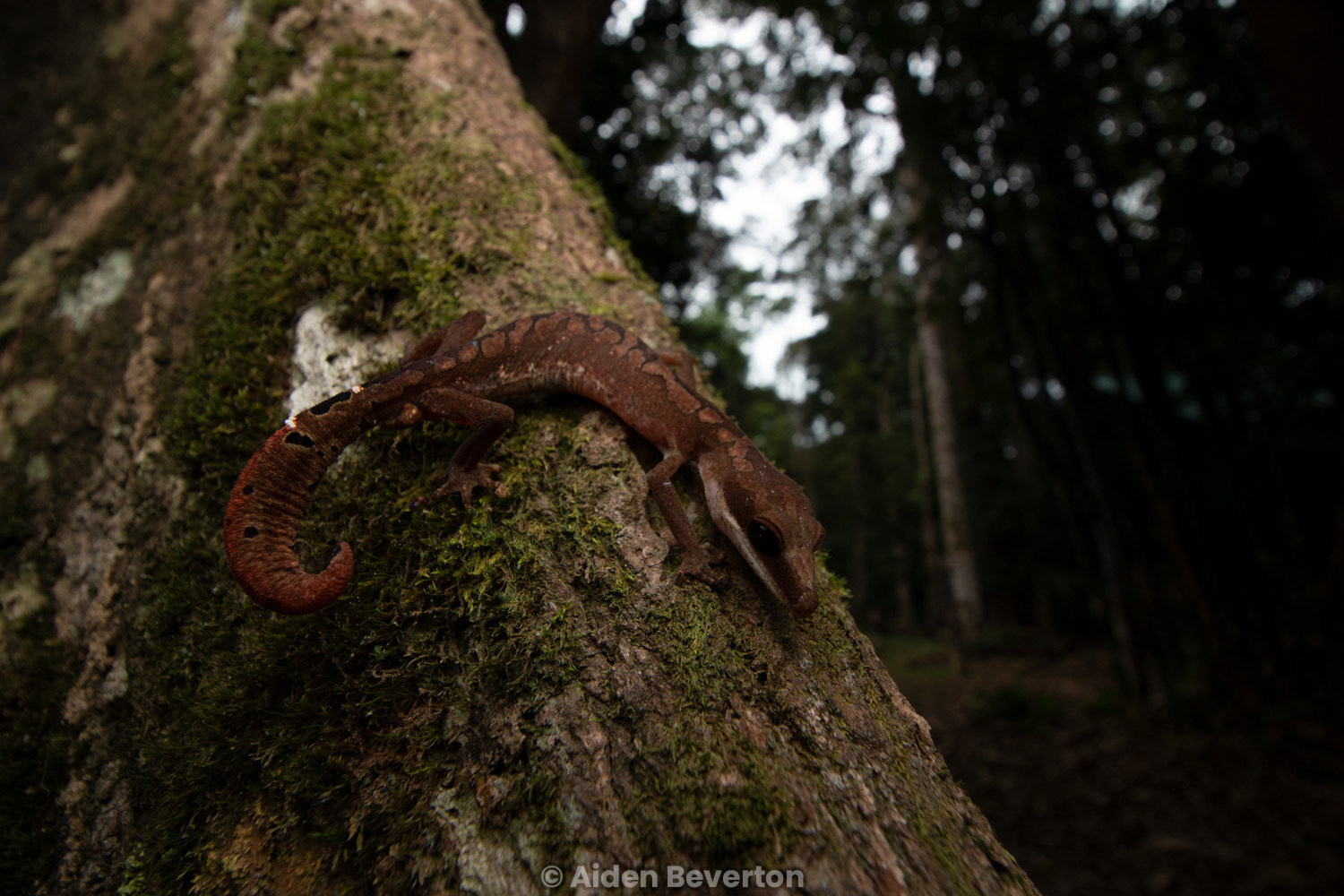
Cat gecko (Aleuroscalabotes felinus).
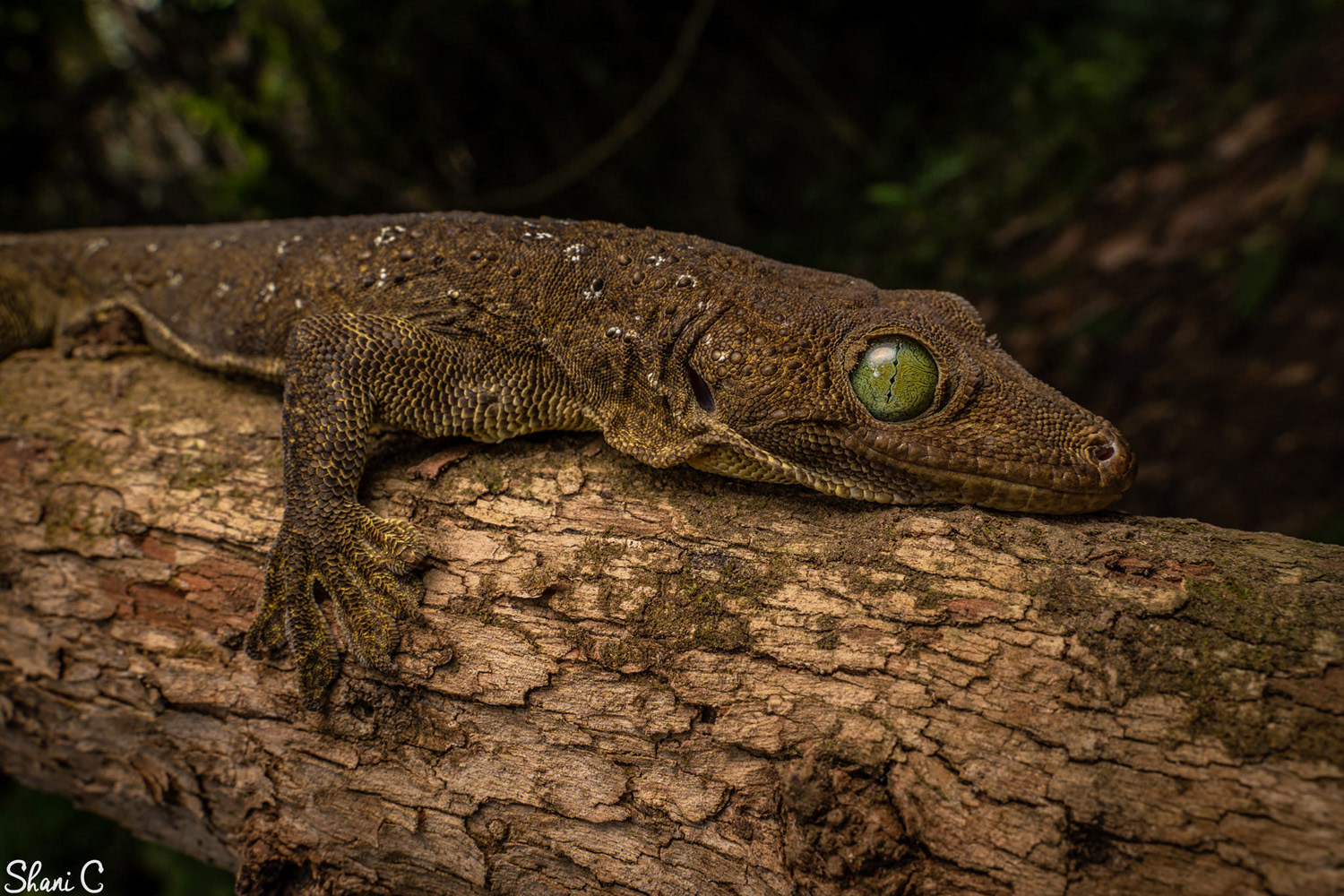
Smith's green-eyed gecko (Gekko smithi).
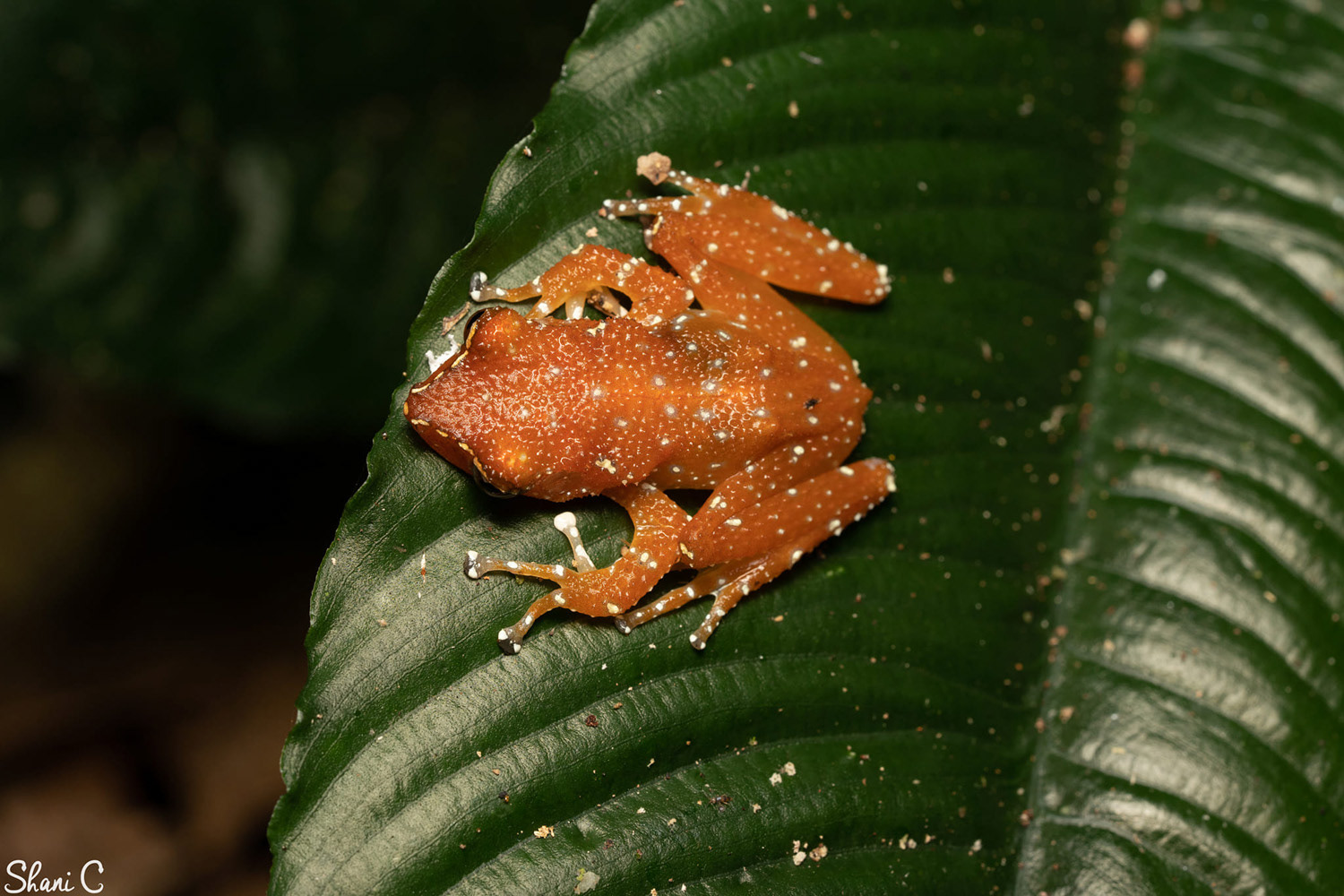
Cinnamon frog (Nictyxalus pictus).
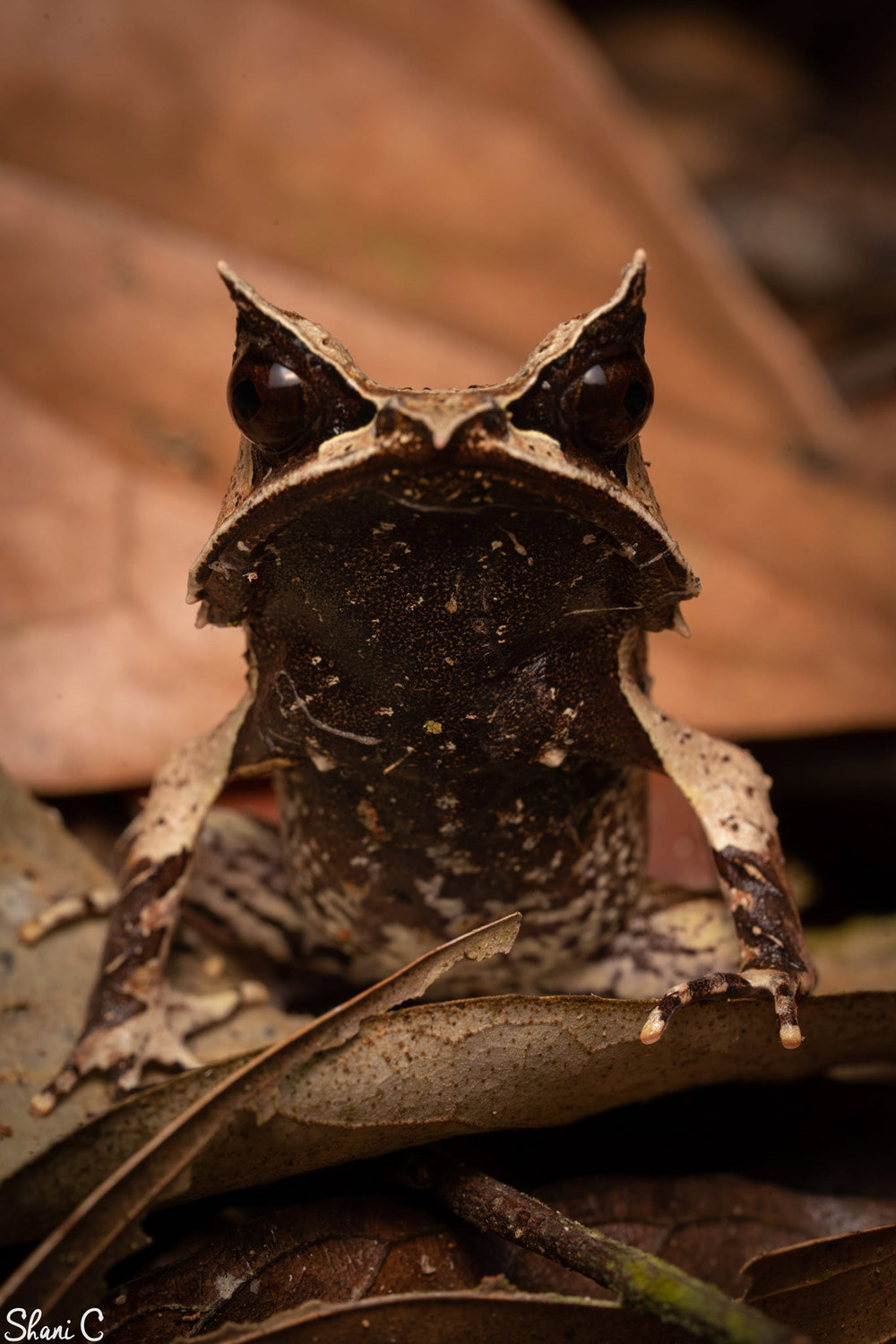
Long-nosed horned frog (Pelobatrachus nasuta).
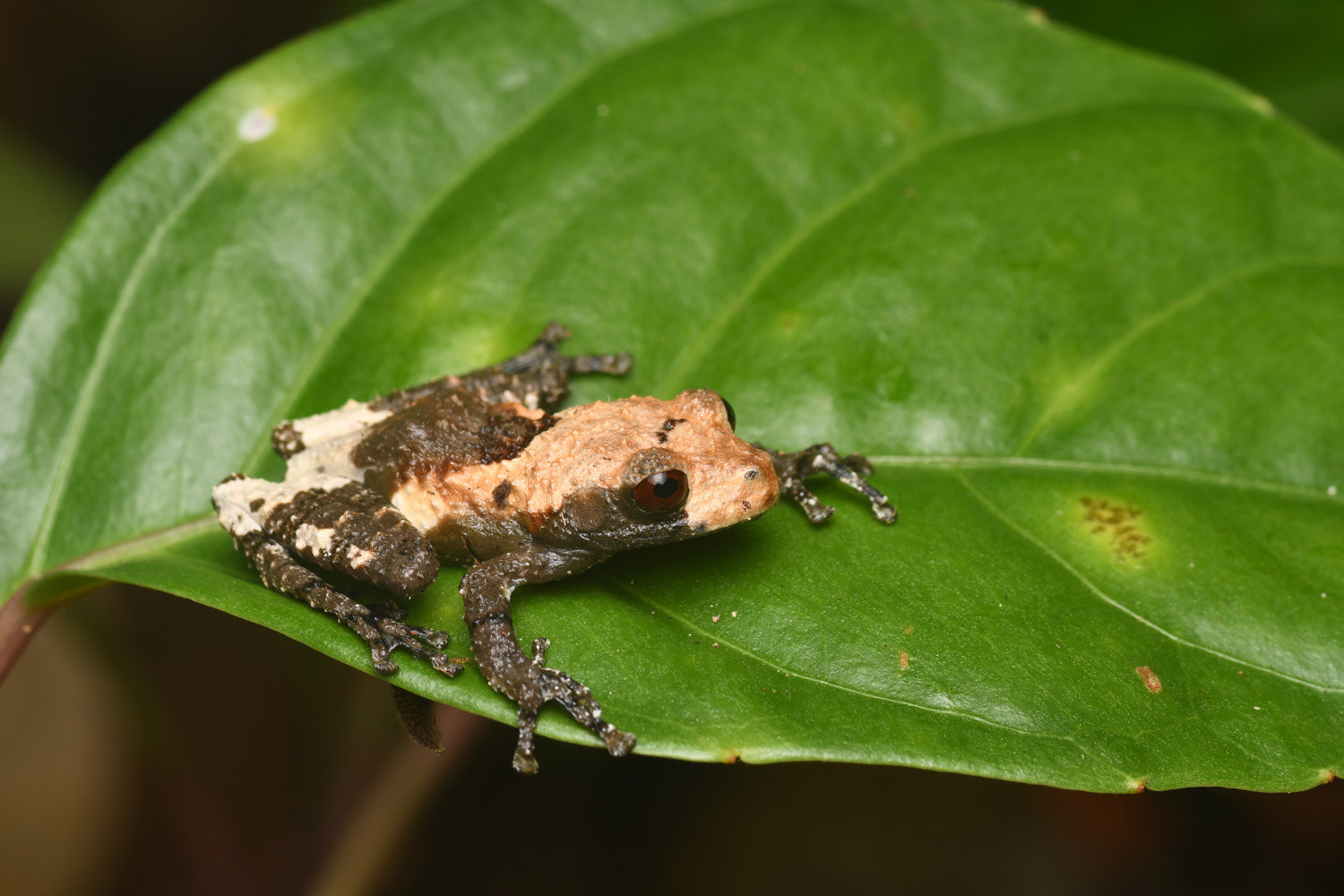
Larut bug-eyed frog (Theloderma asperum).
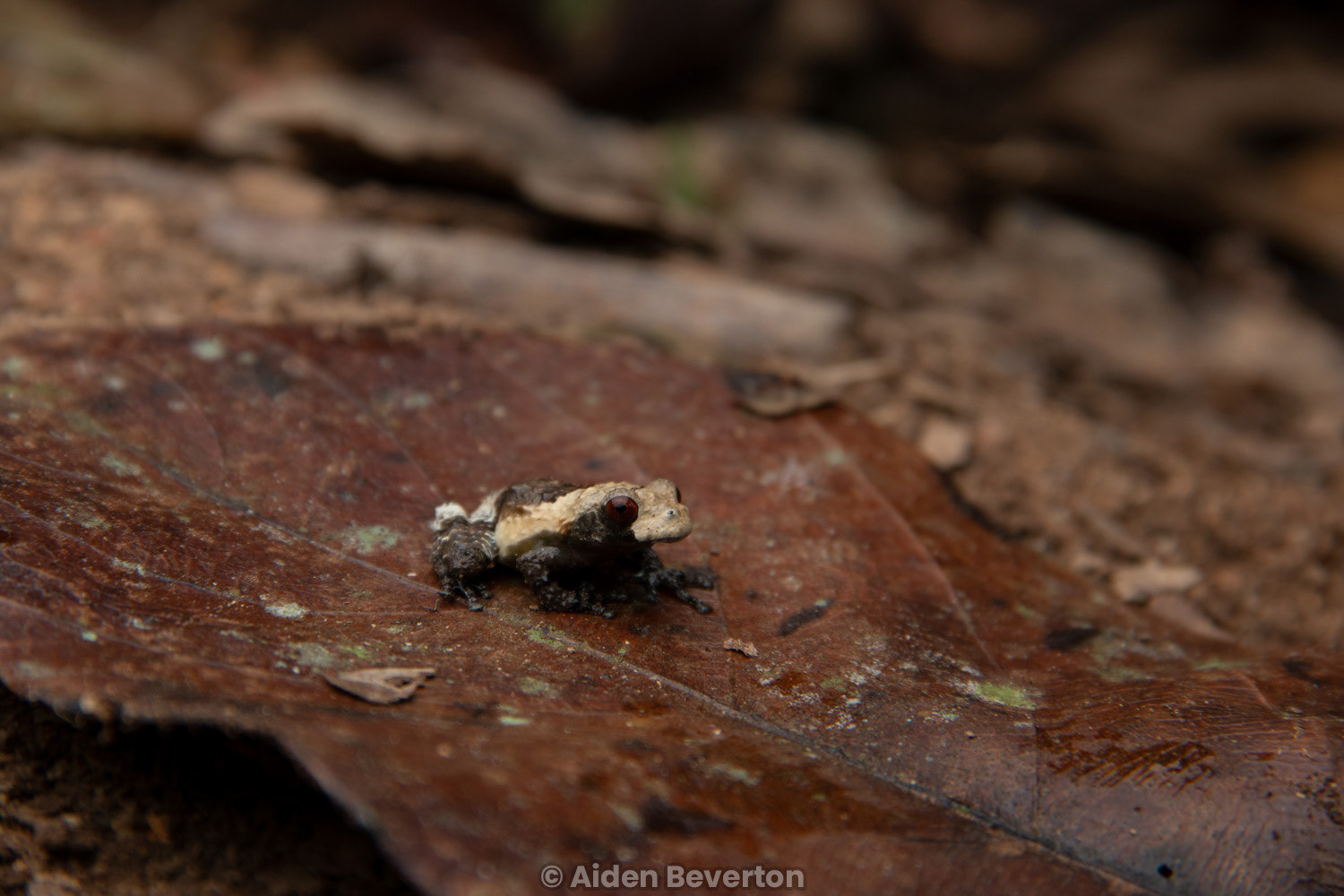
A smaller Larut bug-eyed frog (Theloderma asperum).
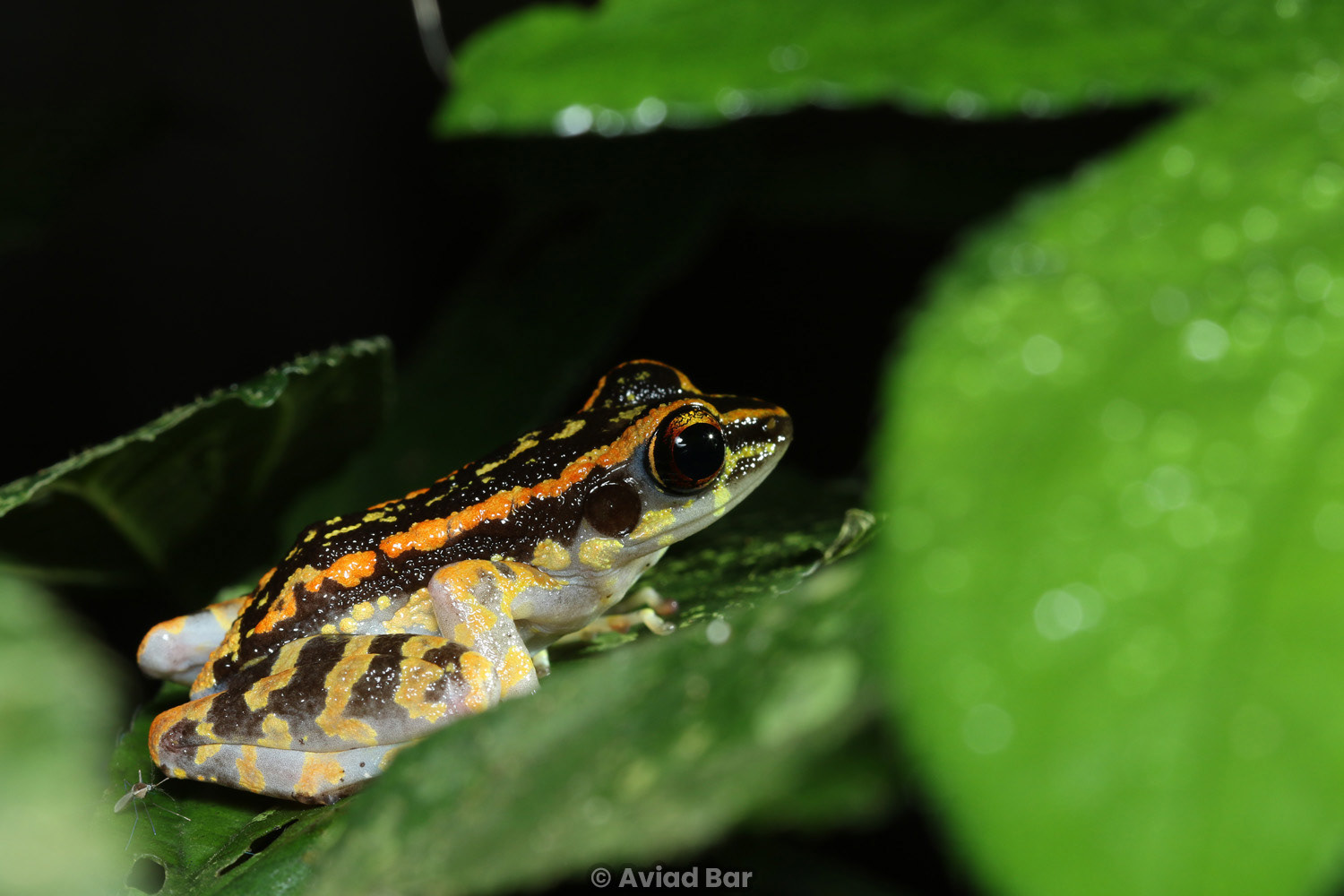
Sunda beautiful frog (Pulchrana sundabarat).
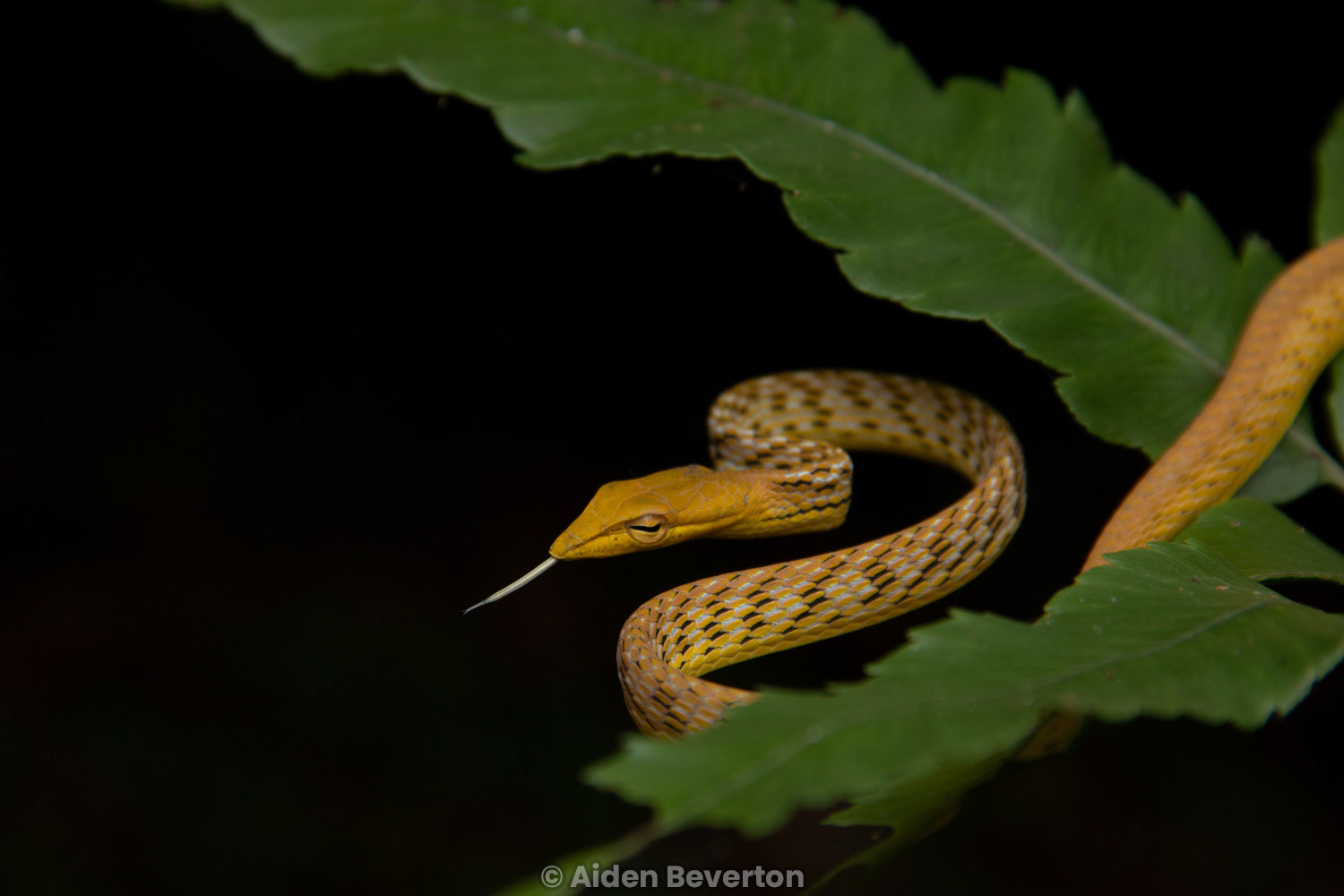
Yellow morph Asian vine snake (Ahaetulla prasina).
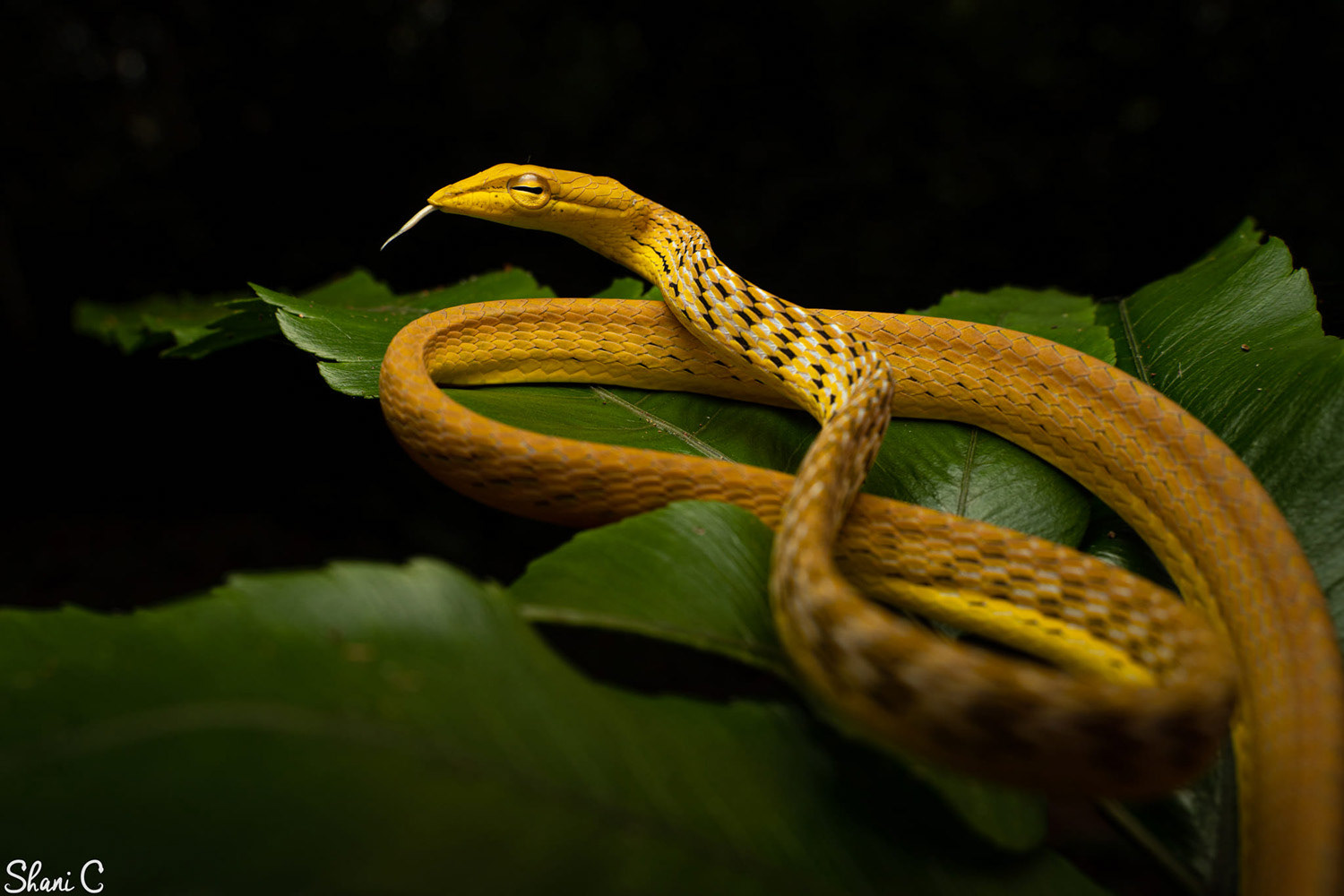
Yellow morph Asian vine snake (Ahaetulla prasina).
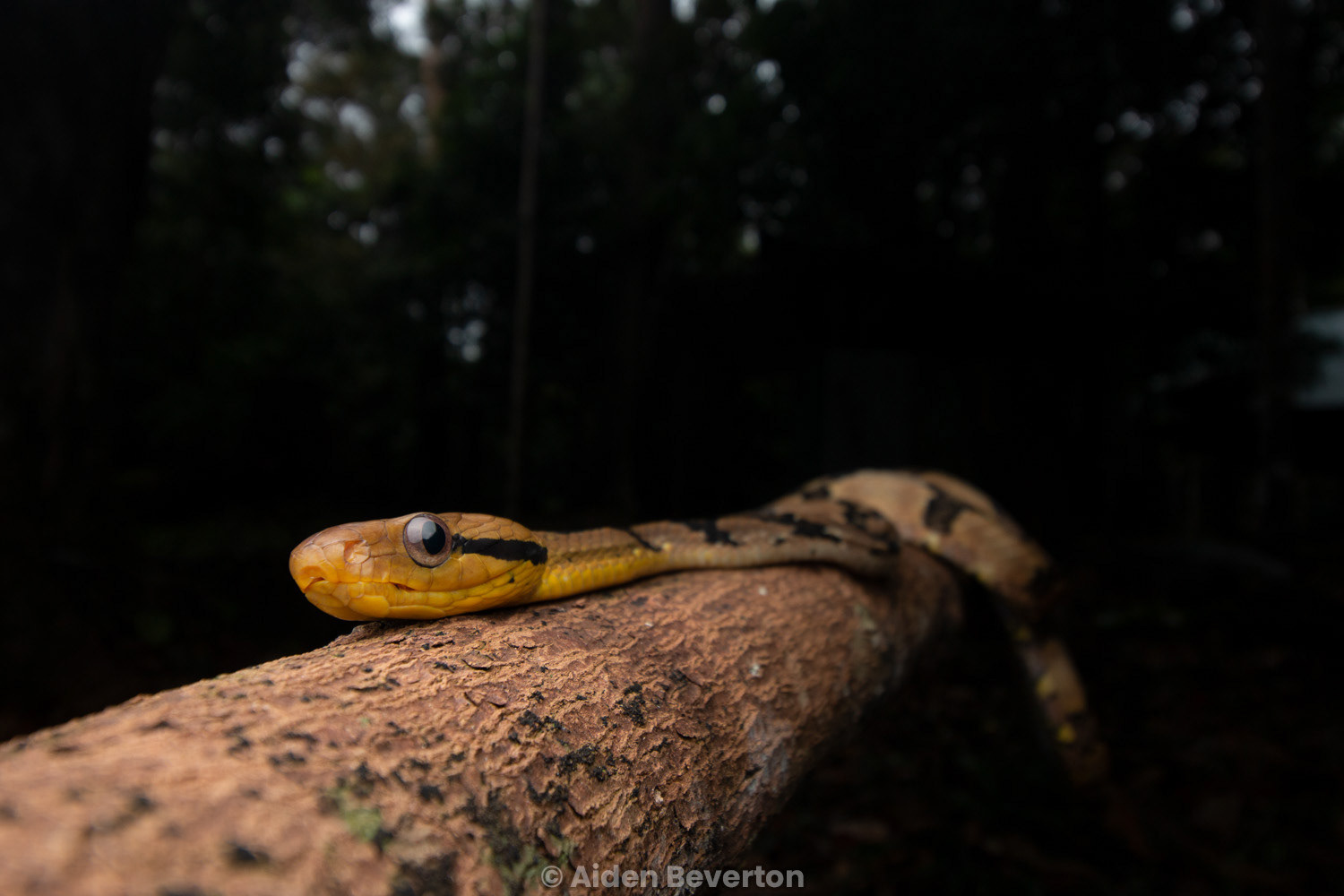
Dog-toothed cat snake (Boiga cynodon).
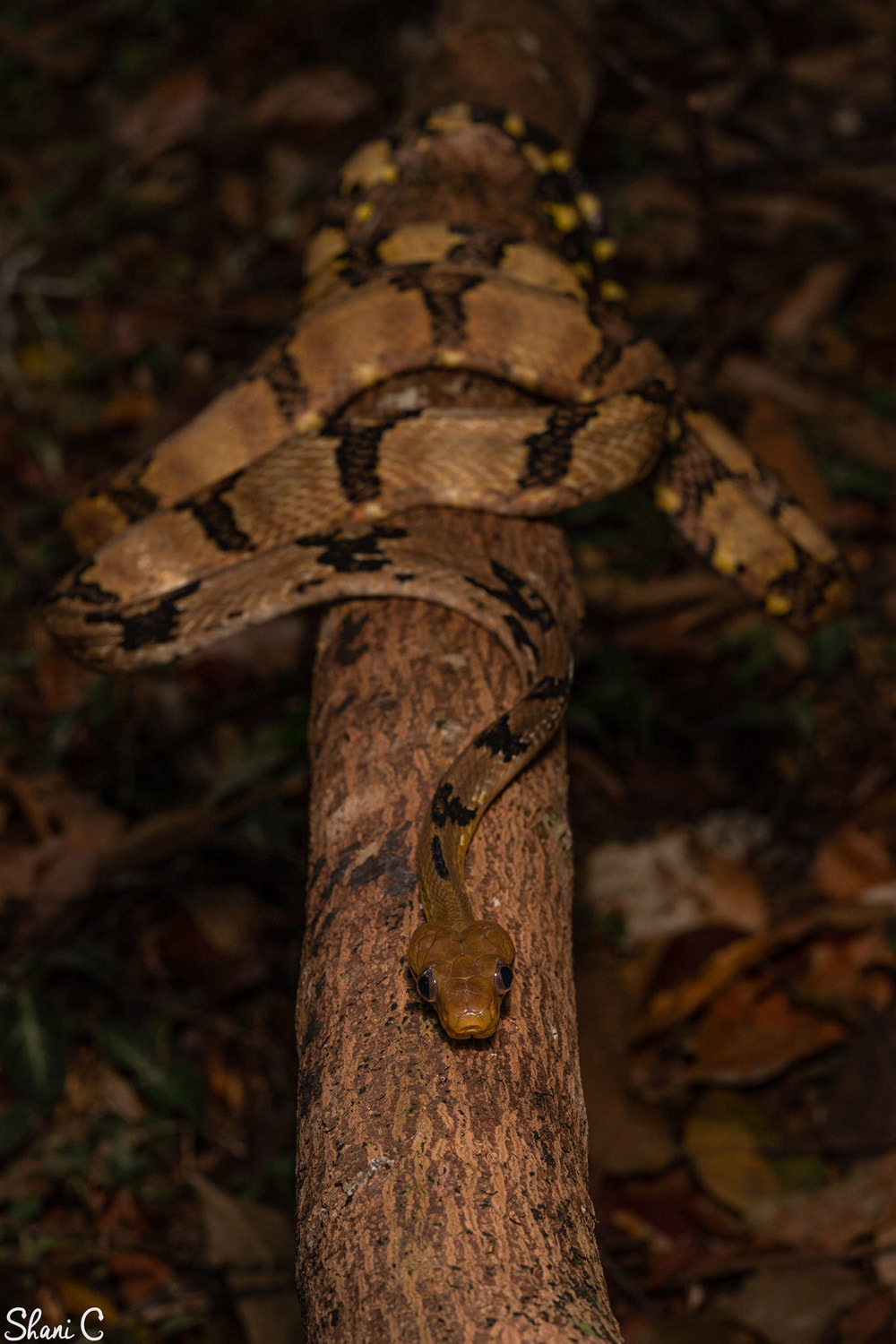
Dog-toothed cat snake (Boiga cynodon).
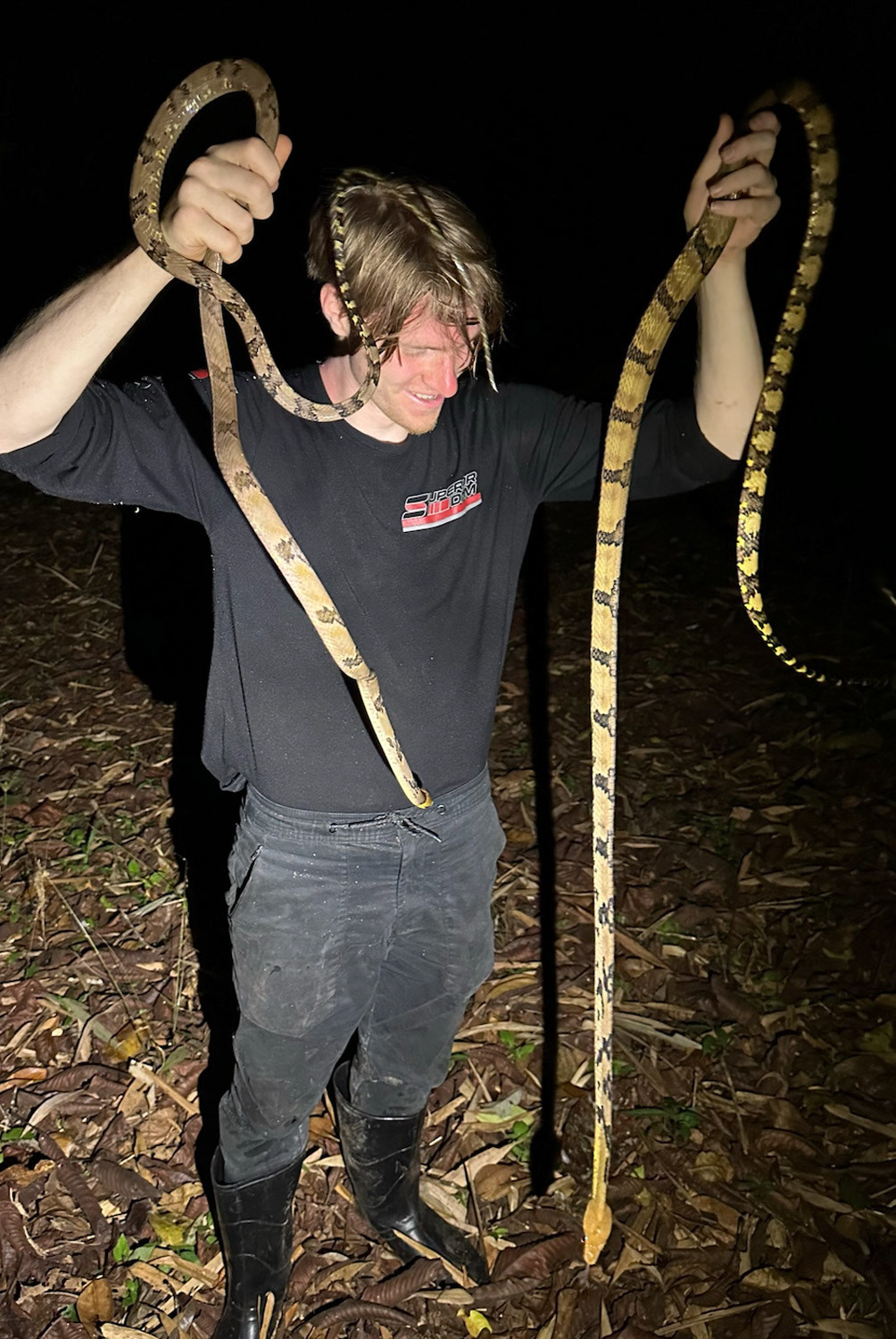
Rupert with two dog-toothed cat snakes he caught.
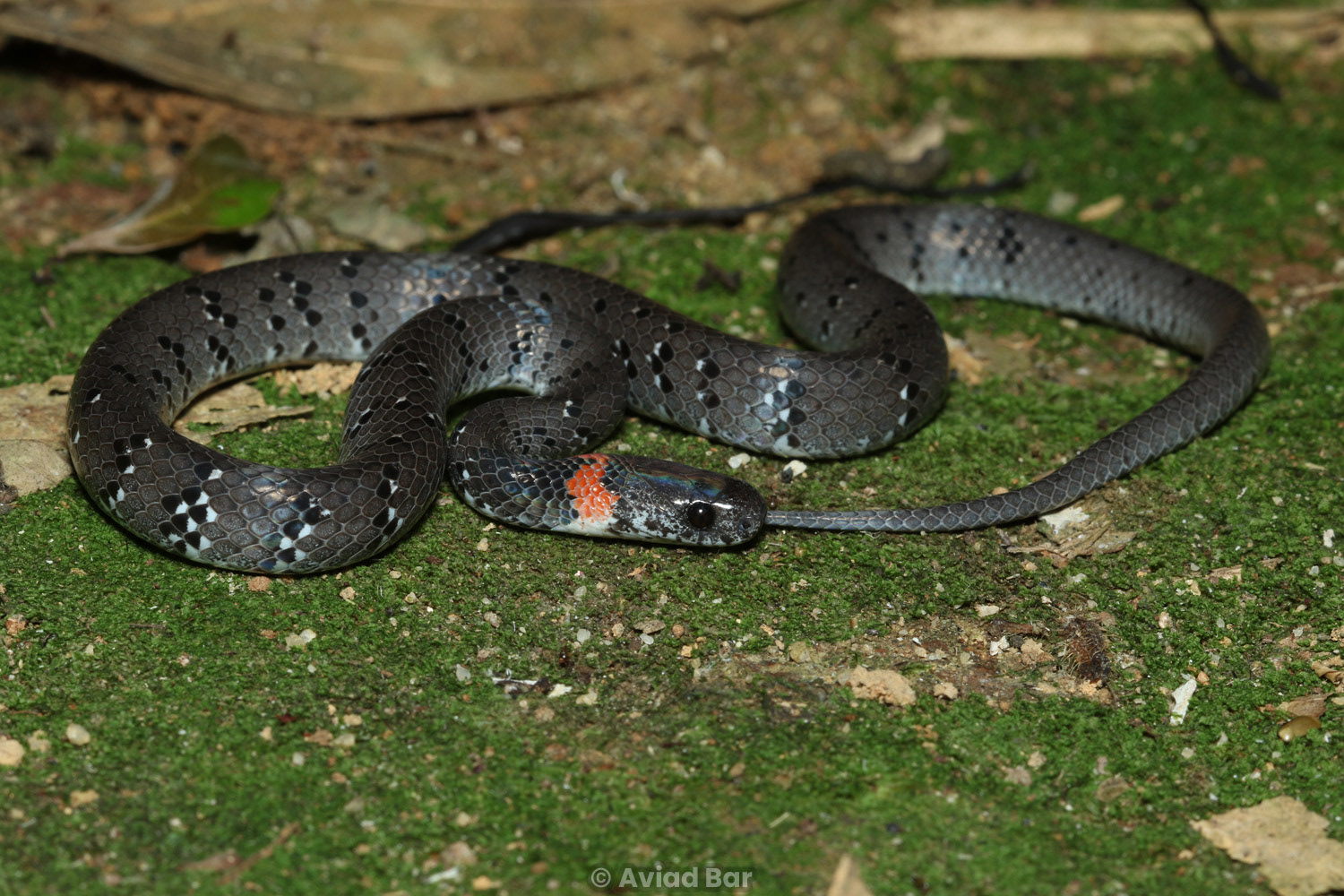
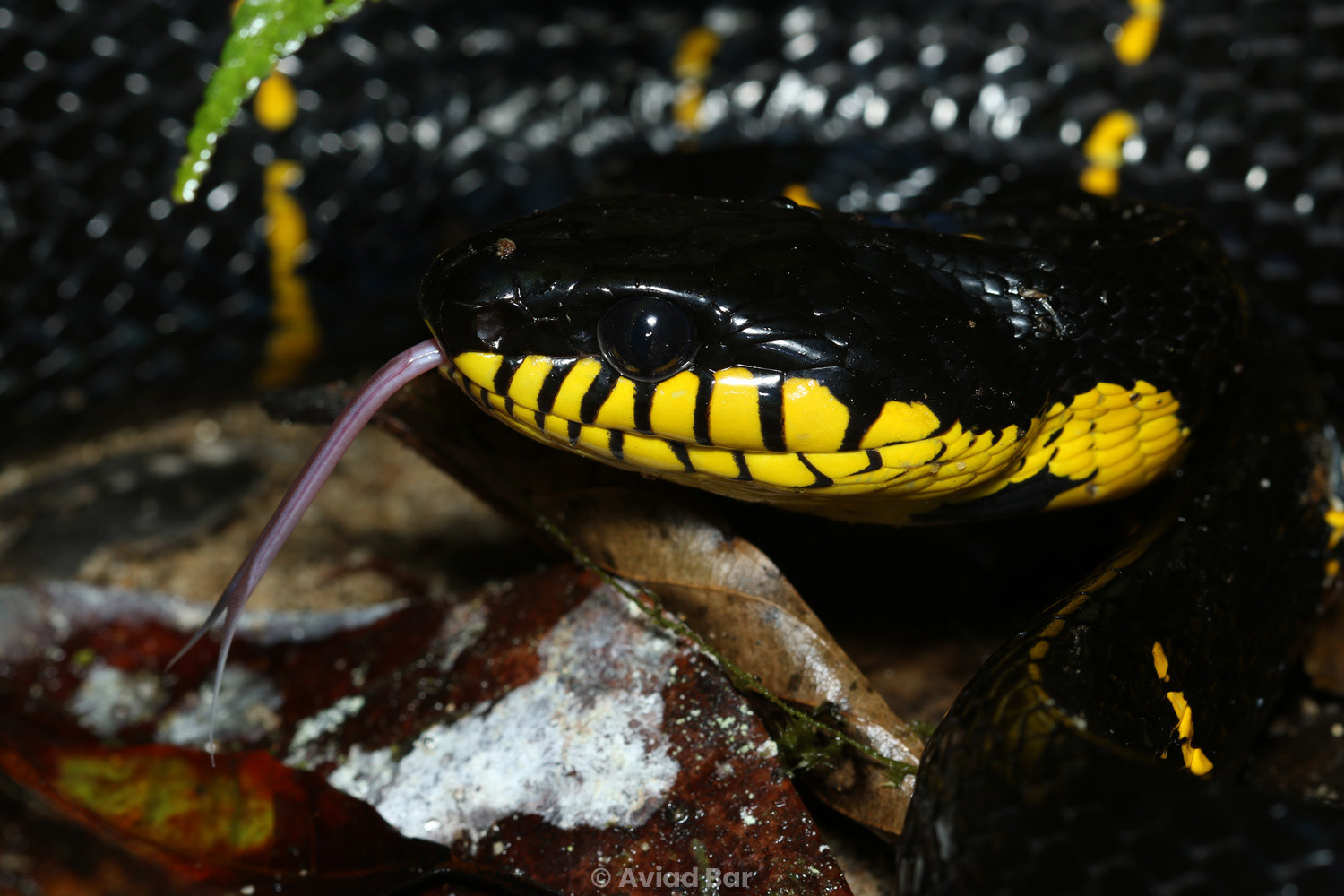
Mangrove cat snake (Boiga melanota).
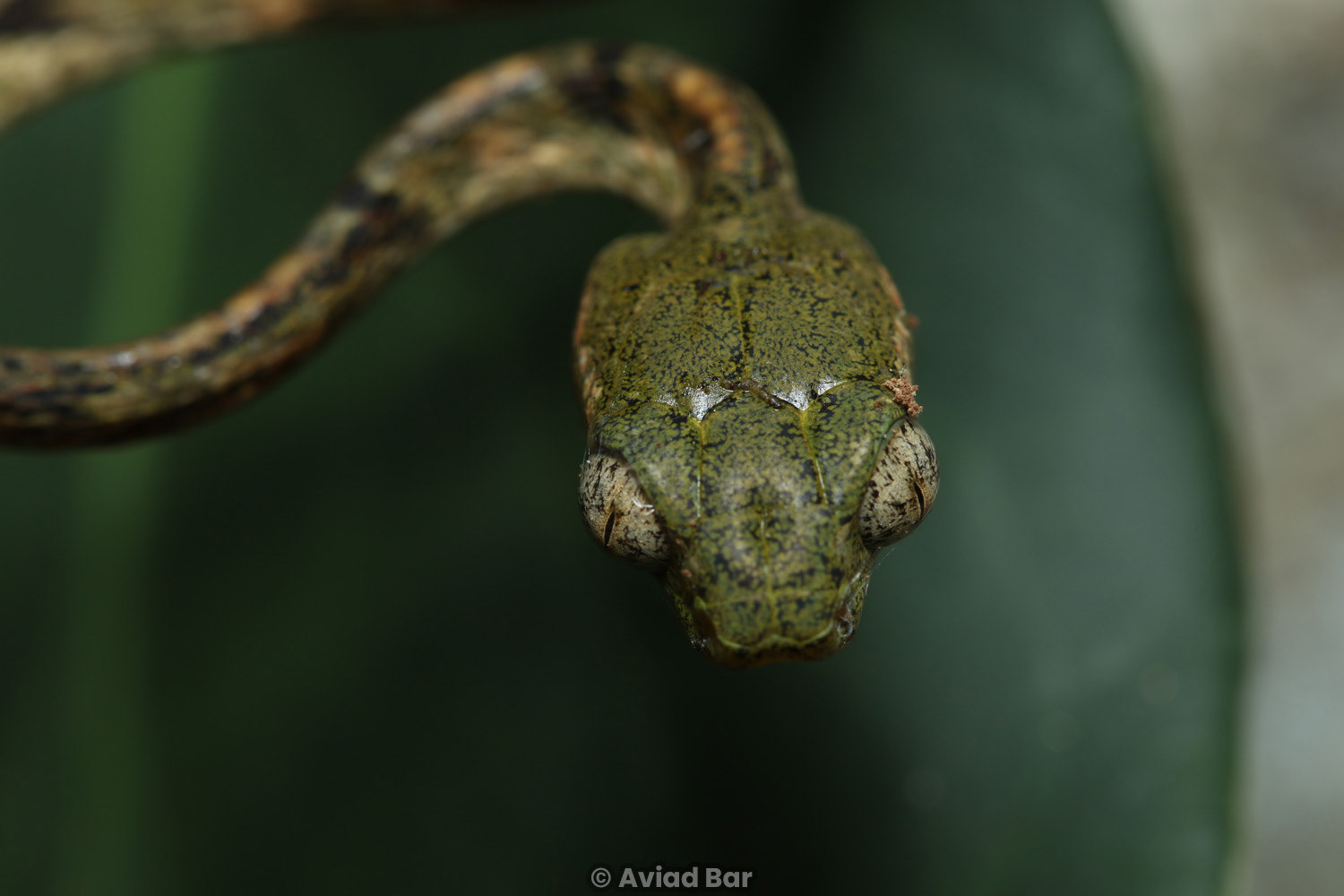
Juvenile Bengkulu cat snake (Boiga bengkuluensis).
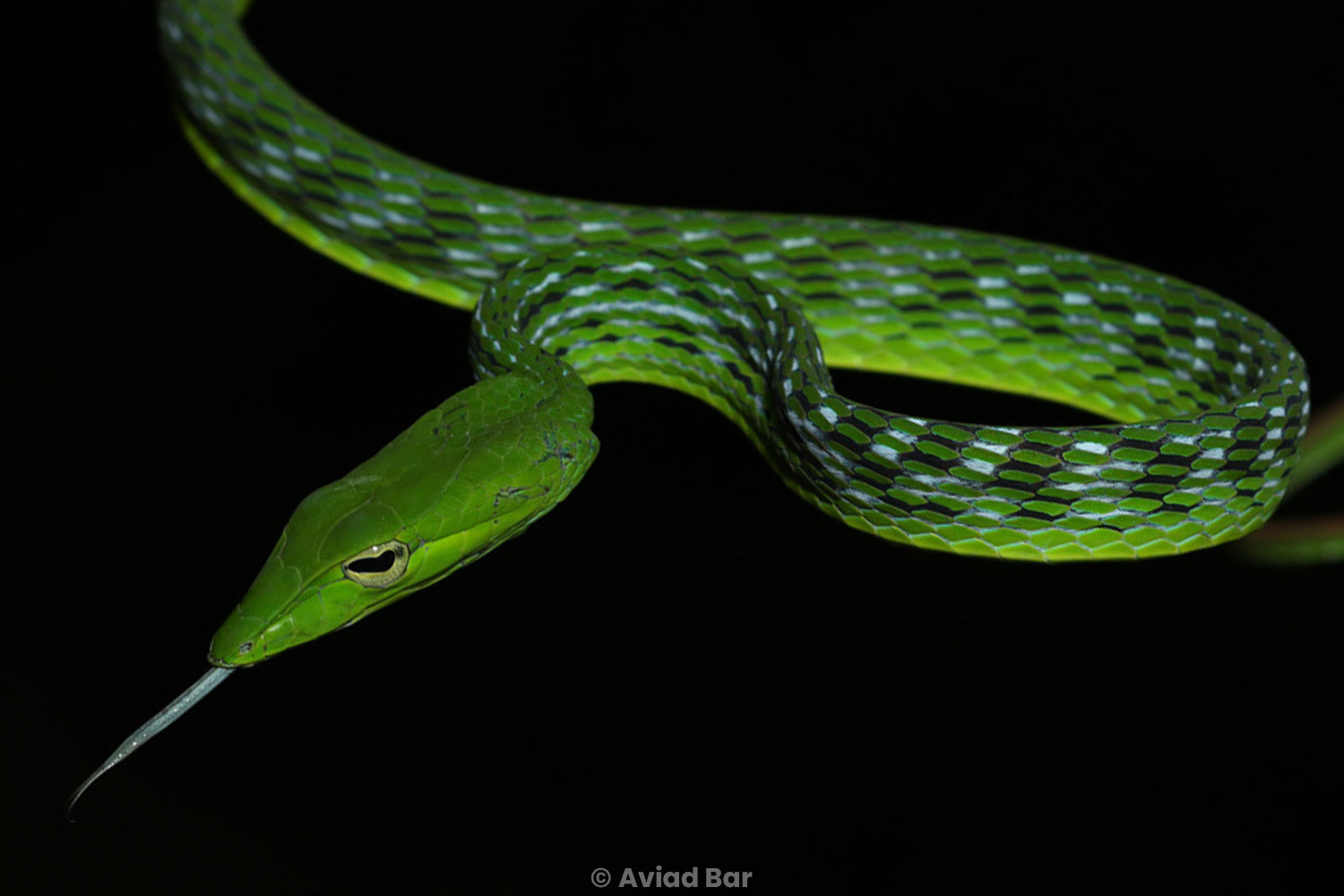
Asian vine snake (Ahaetulla prasina).
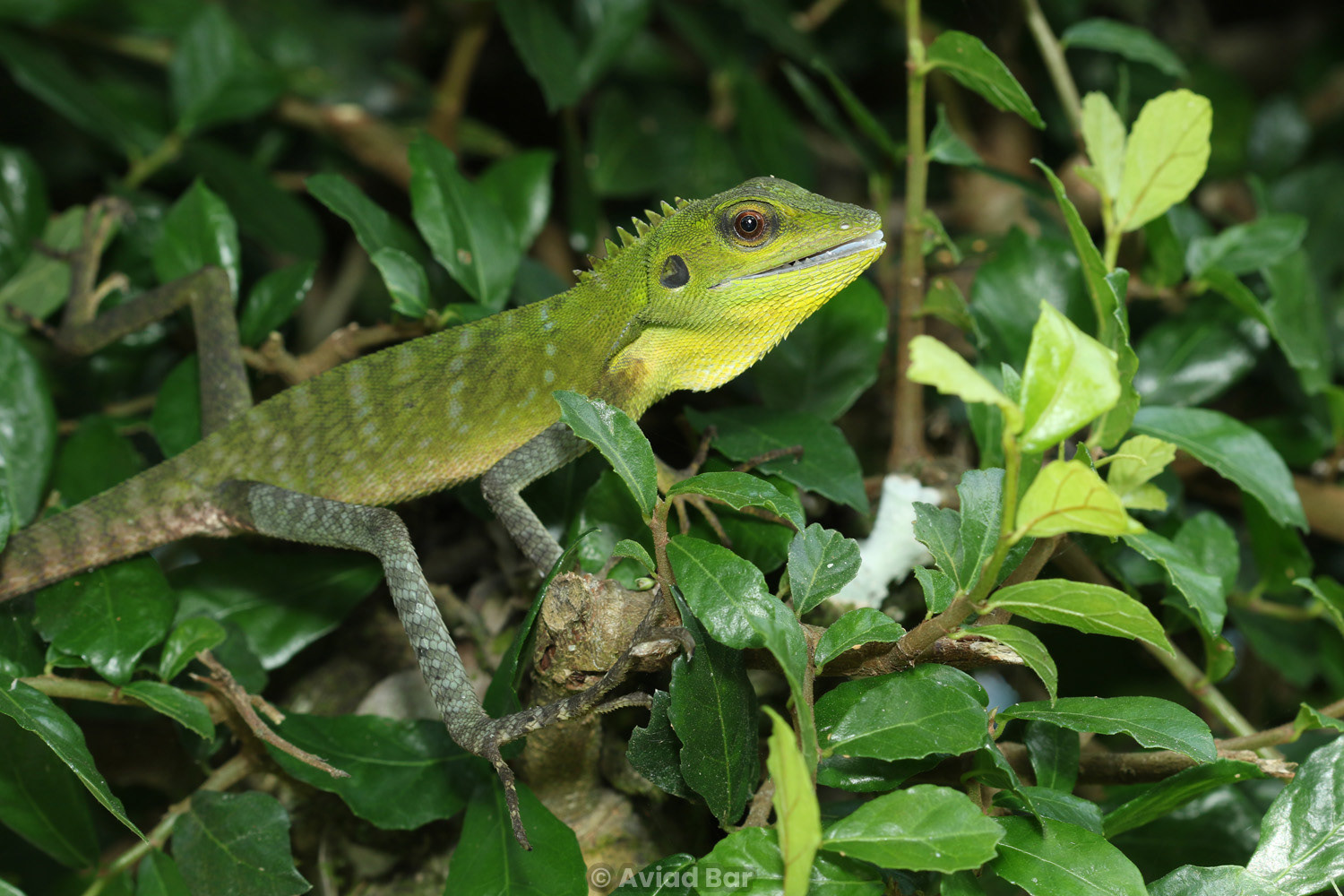
Green crested lizard (Bronchocela cristatella).
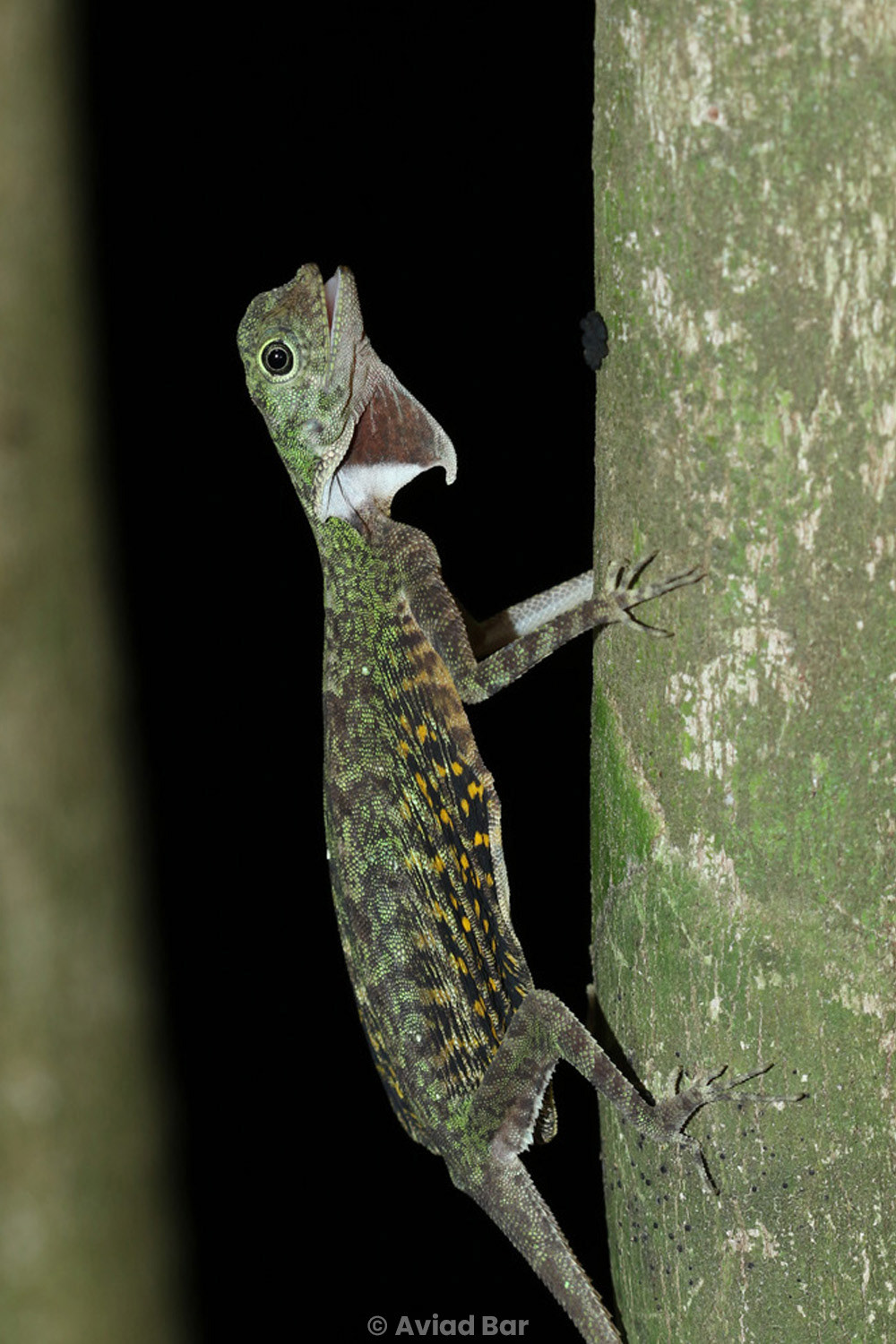
Blandford's gliding lizard (Draco blandfordi).
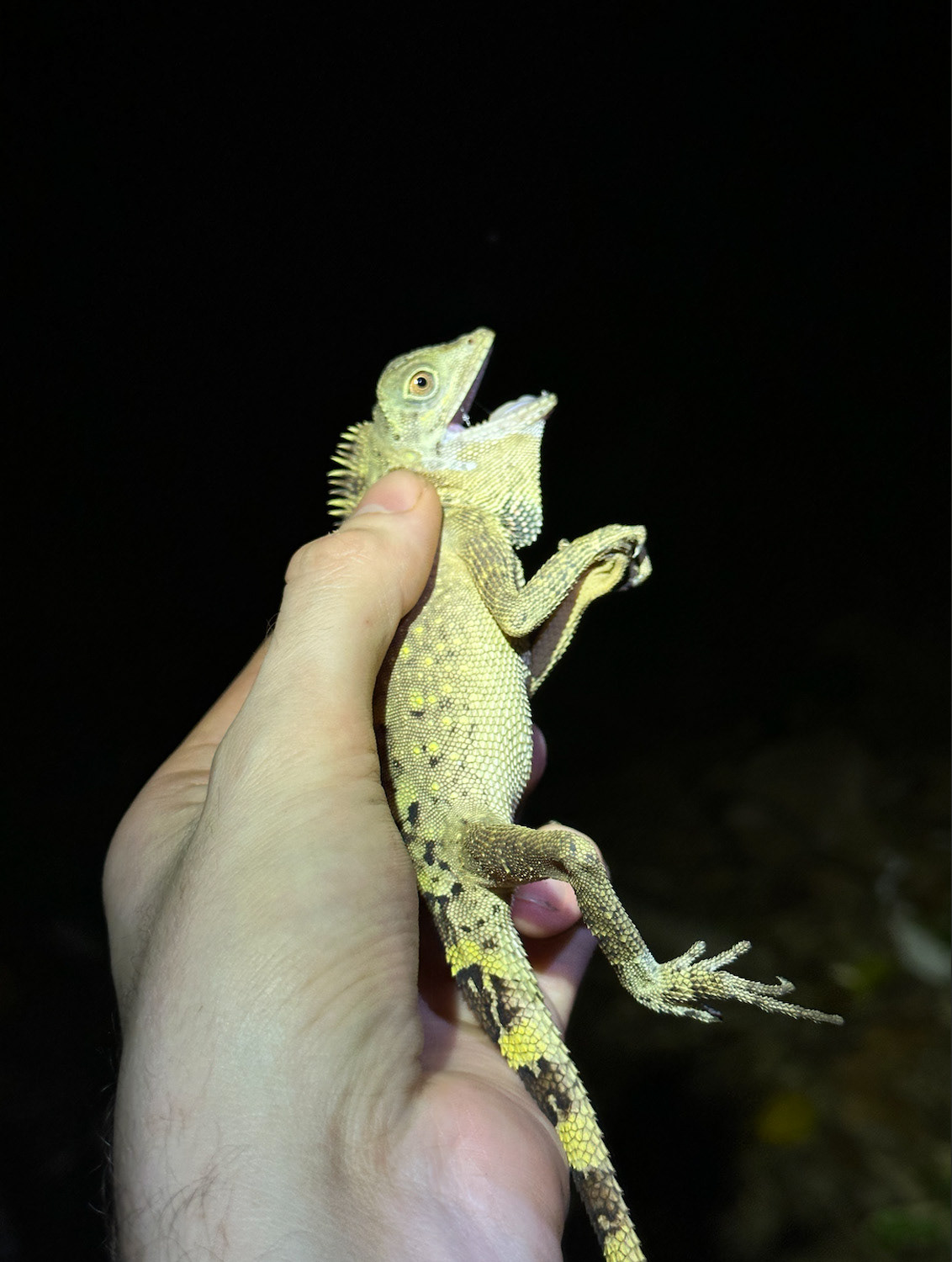
Bell's angle-headed lizard (Gonocephalus belli).
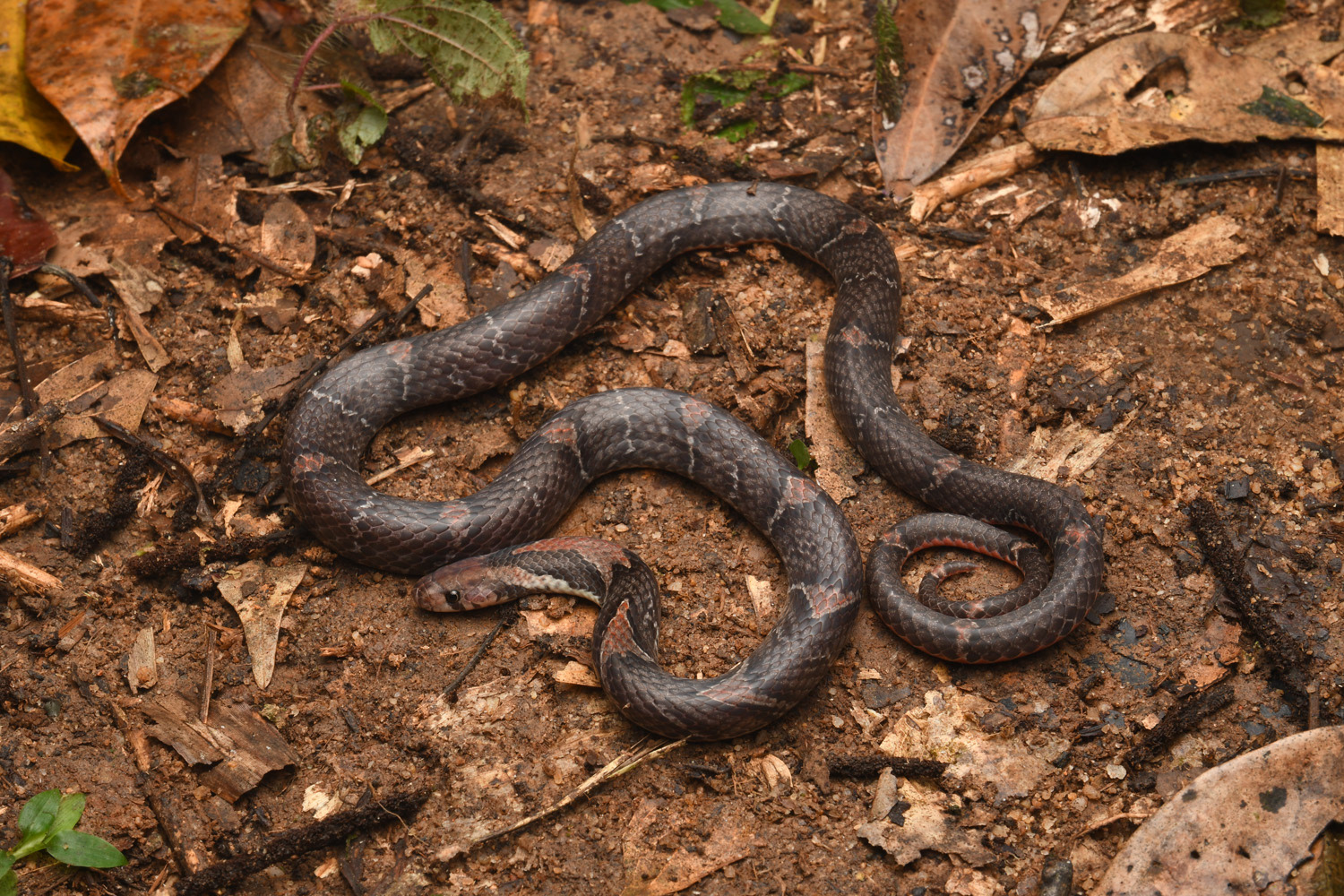
Rusty-barred kukri snake (Oligodon signatus).
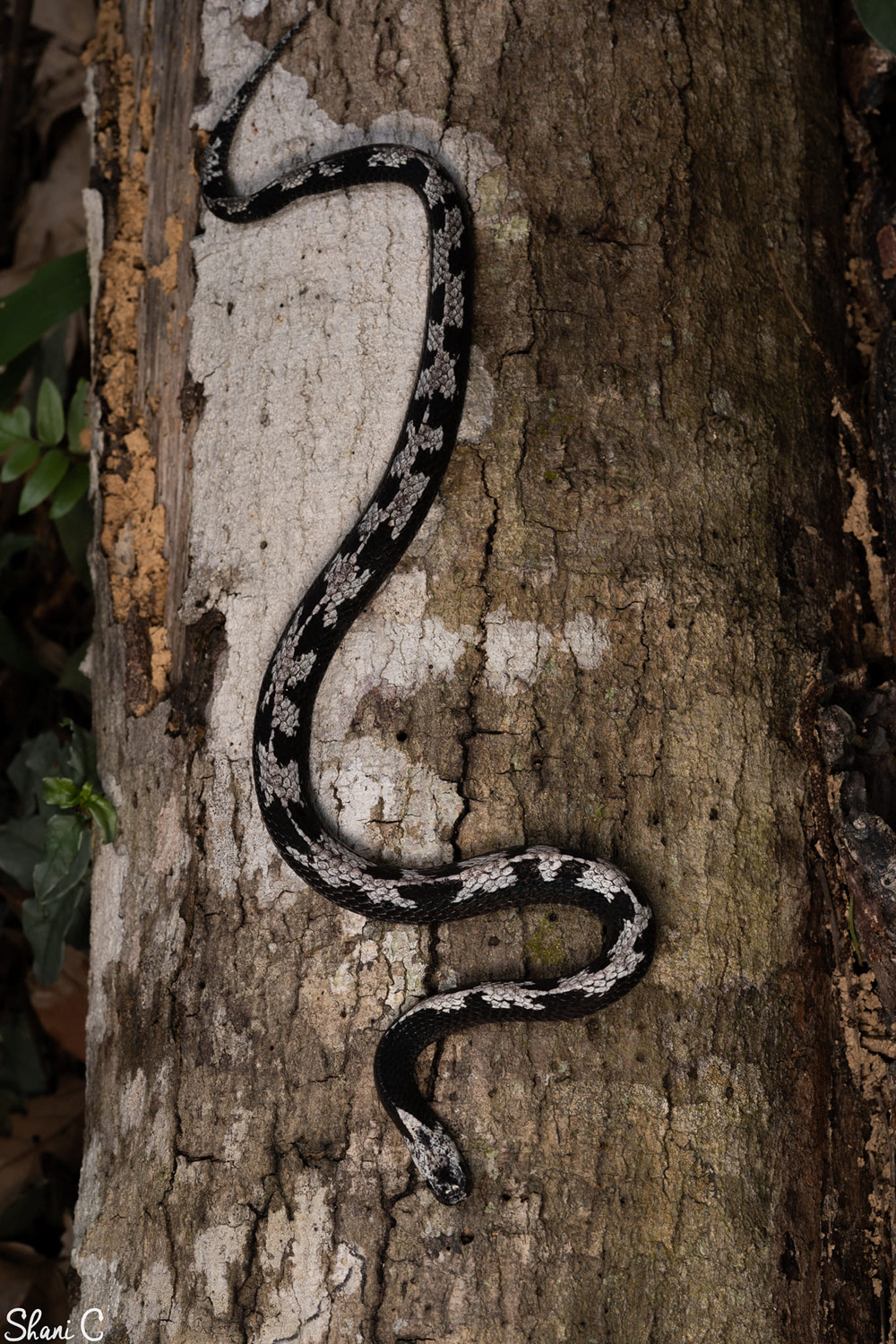
Malaccan slug snake (Asthenodipsas malaccanus).
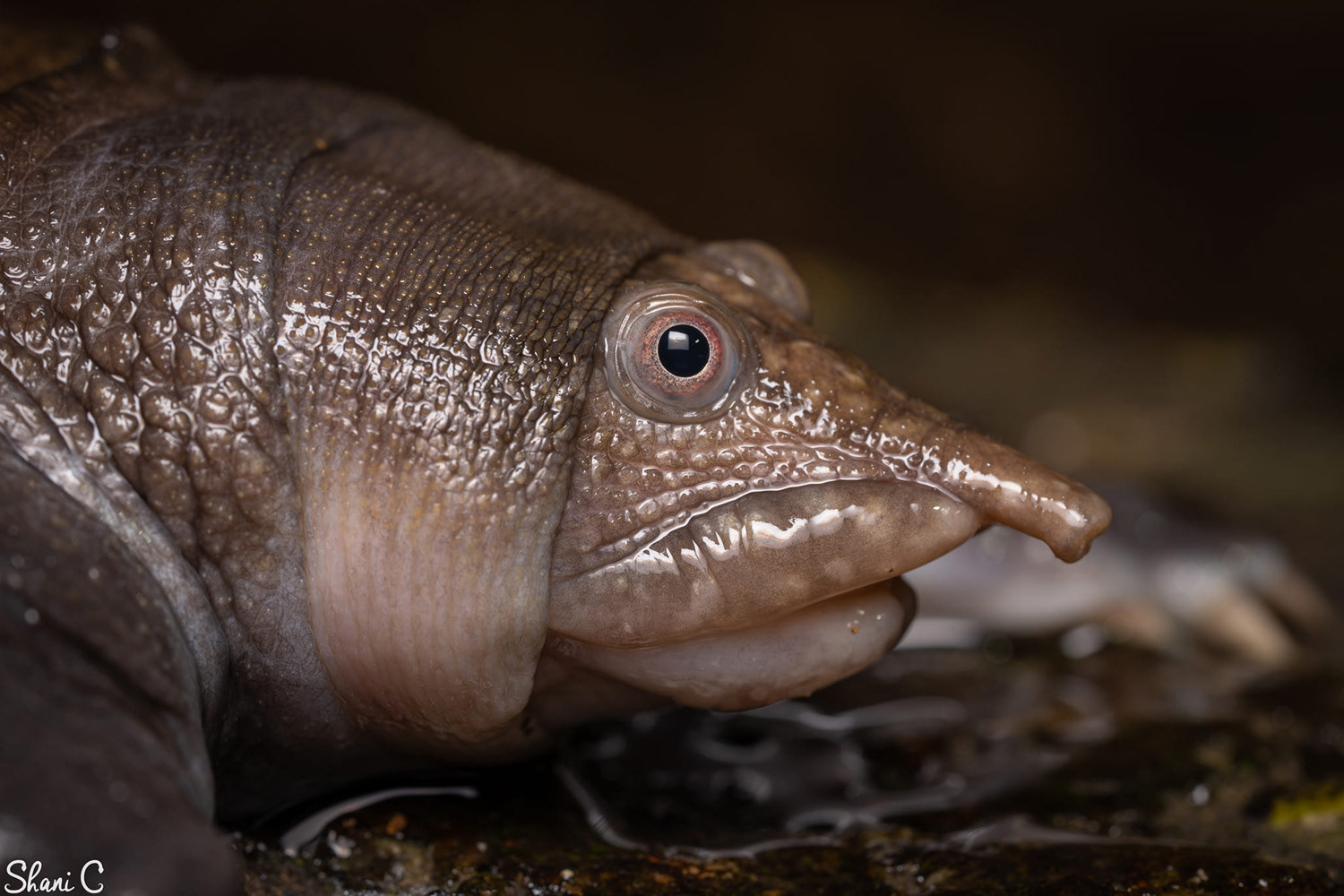
Malayan softshell (Dogania subplana).
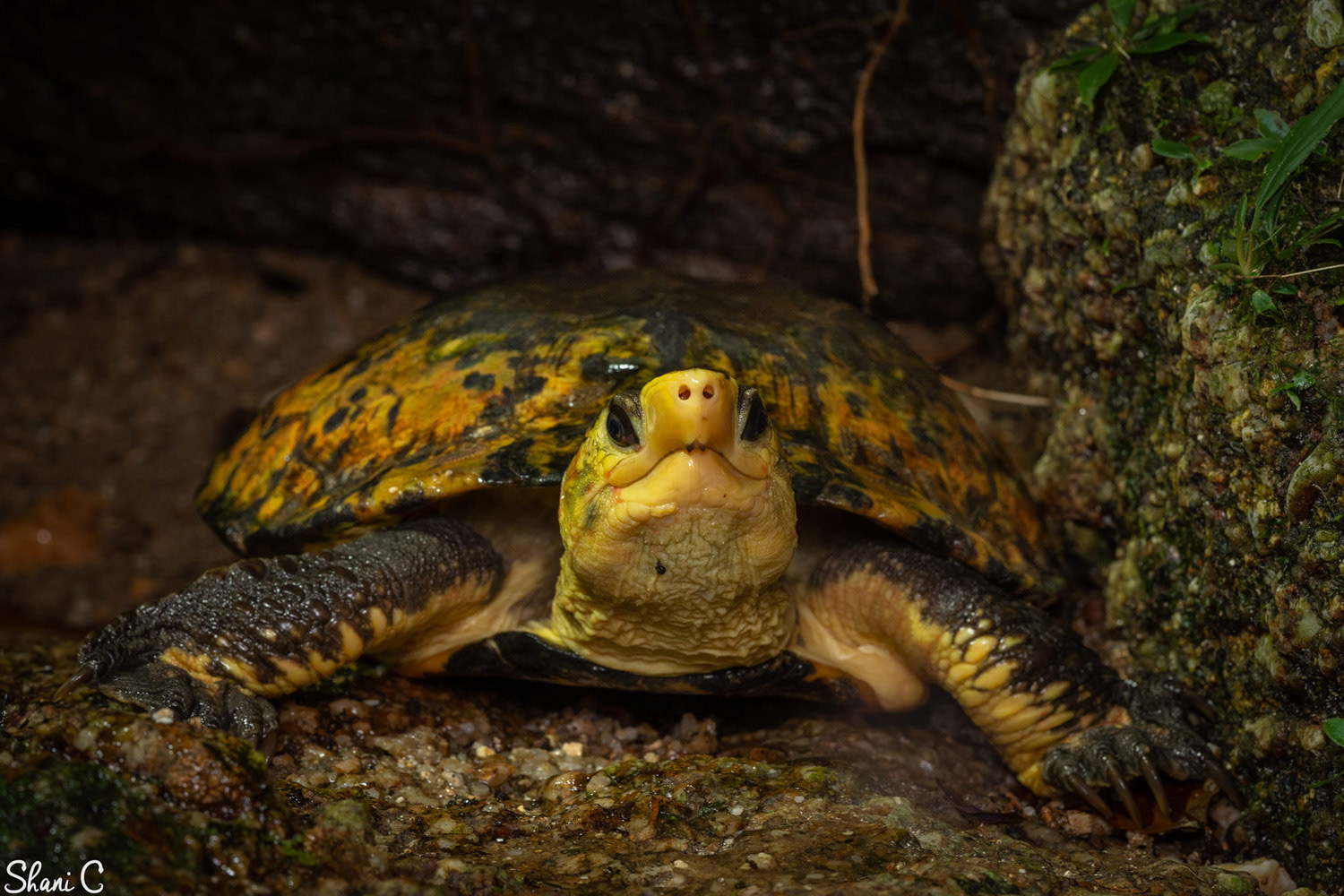
Malayan flat-shelled turtle (Notochelys platynota).
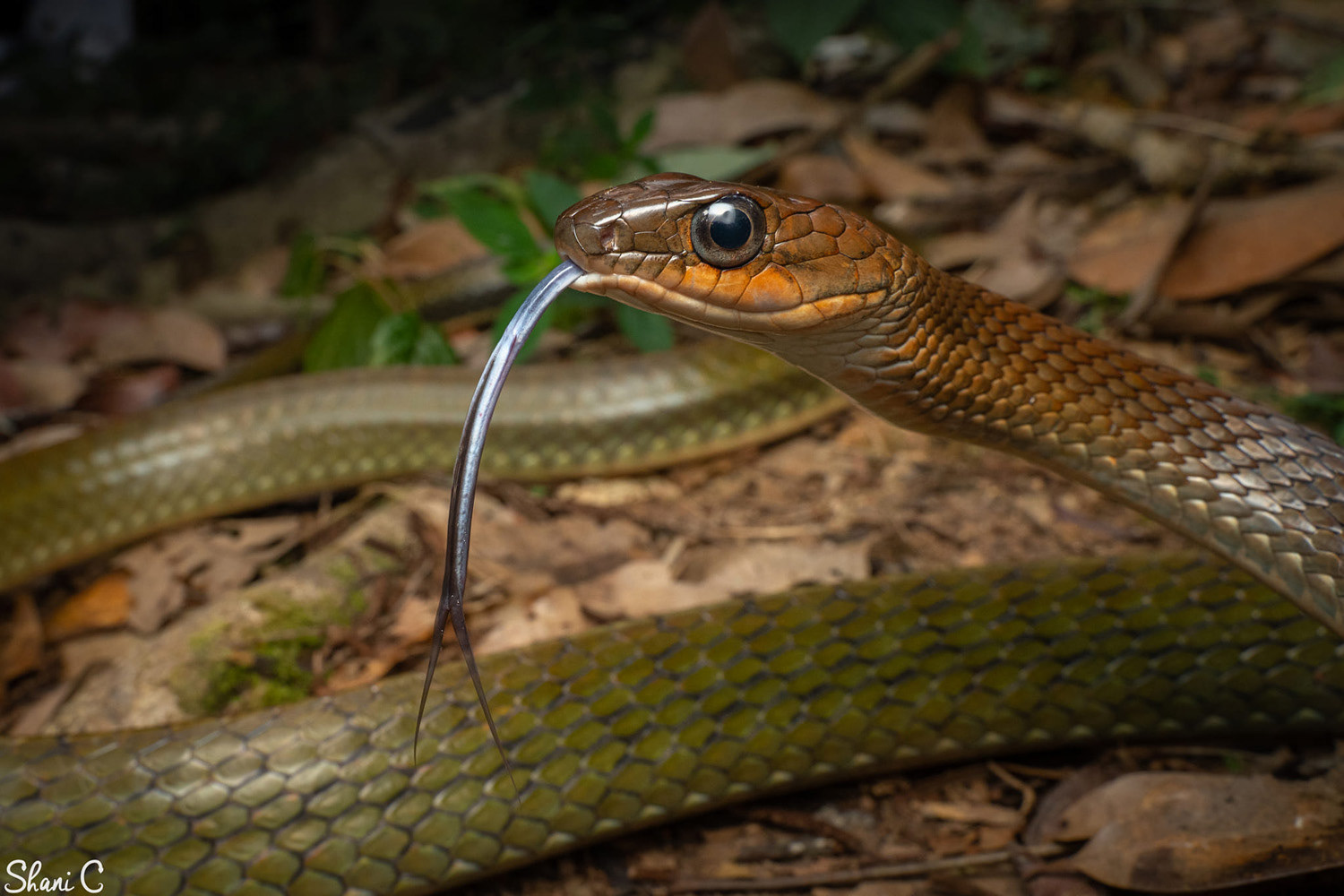
White-bellied rat snake (Ptyas fusca).
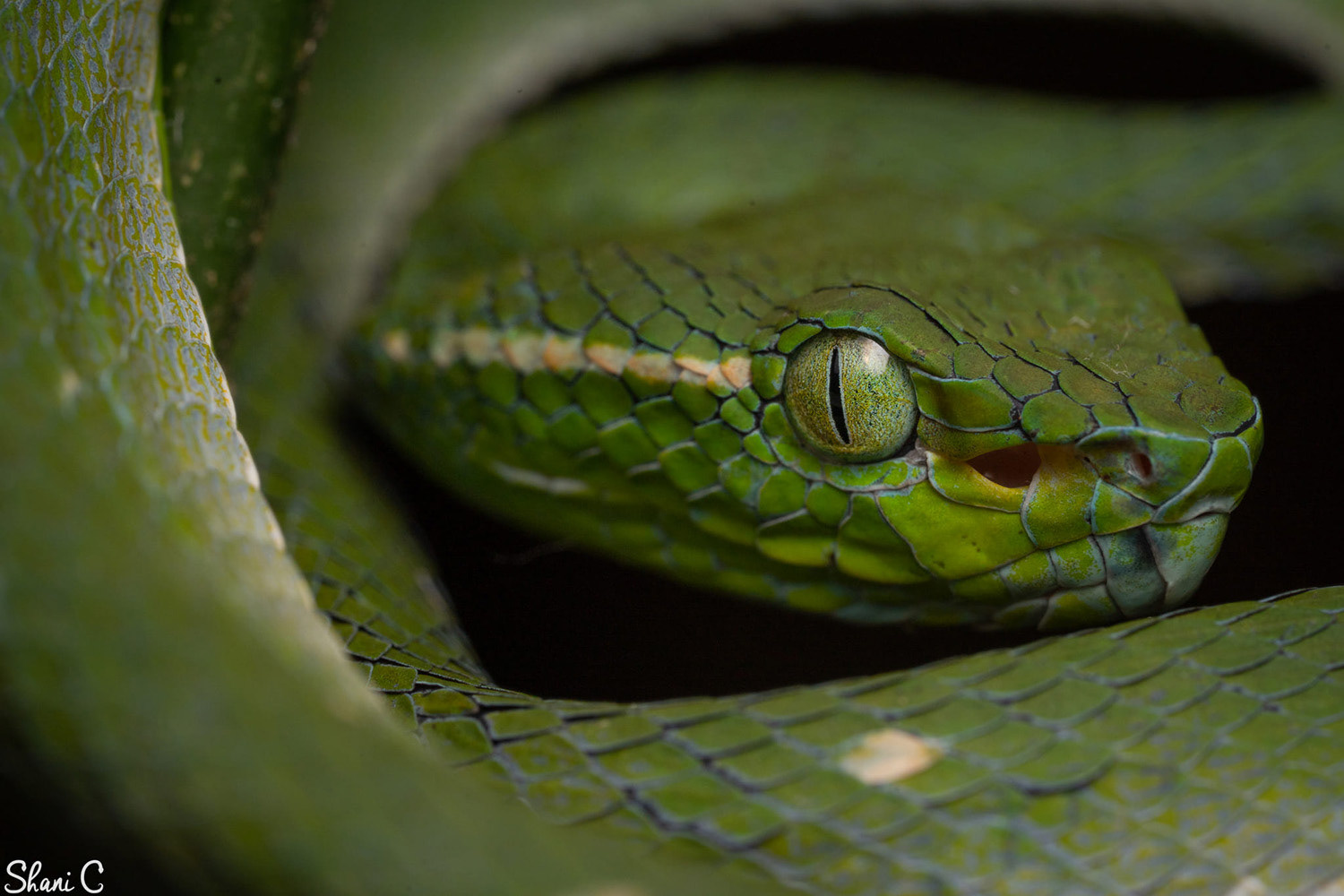
Hagen's pit viper (Trimeresurus hageni).
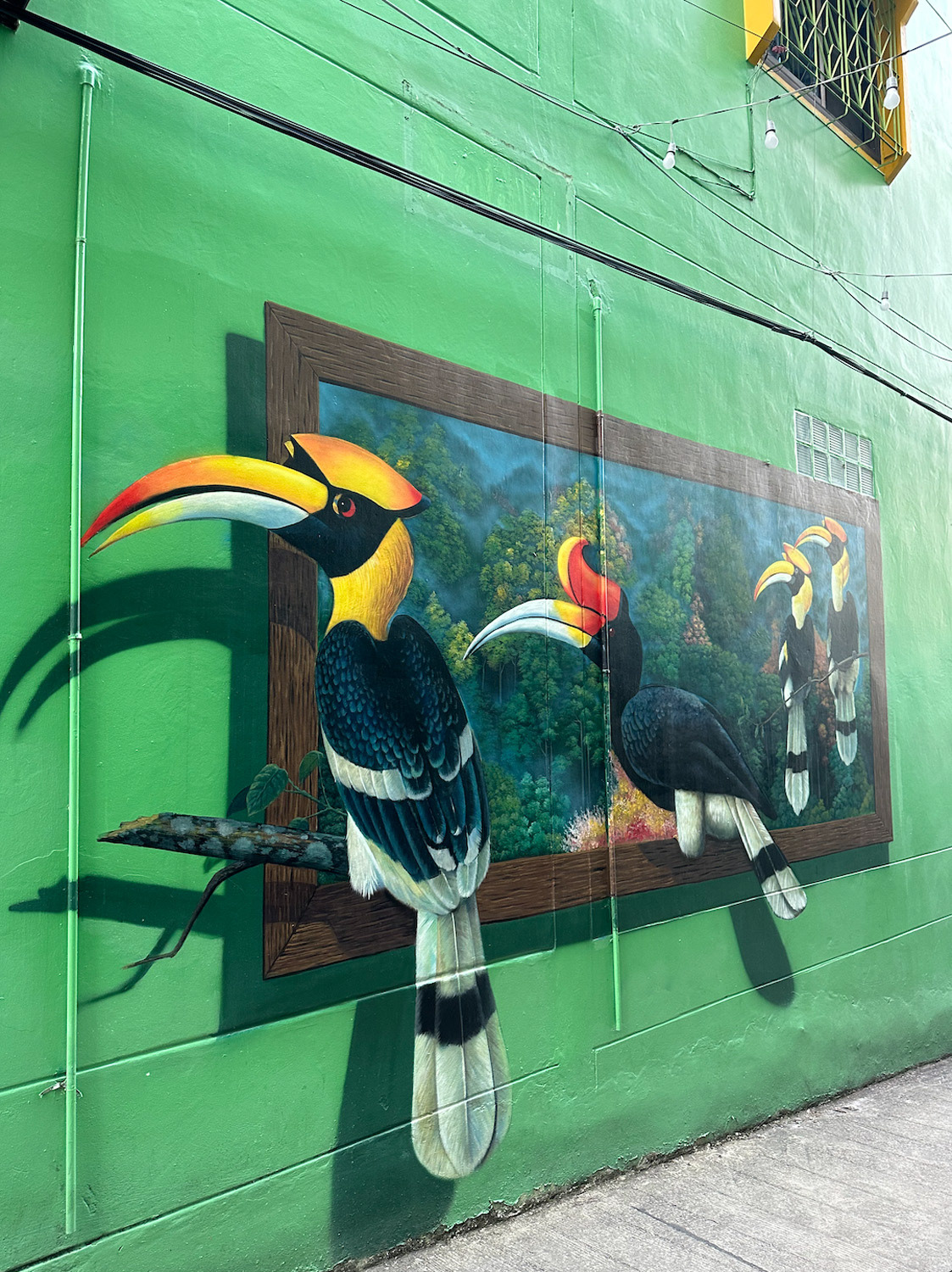
Betong murals.
Betong
After a fantastic few nights in Bang Lang, we moved on to the last location in Yala. This site is situated between 800-900m asl, so the weather is significantly cooler and it rained heavily every day that we were here. The first real rain we received on the whole expedition.
The rain benefited us greatly, as it ensured amphibian life was thriving in the area. We saw the two main target amphibians on the first night, Johor flying frog (Zhangixalus prominanus) and Nazgul’s frog (Abavorana nazgul), along with several more Wallace’s flying frogs (Rhacophorus nigropalmatus) and long-nosed horned frogs (Pelobatrachus nasuta).
The rain also brought out some new snake species for the trip, firstly an uncommon variable reed snake (Calamaria lumbricoidea), followed by a mountain slug snake (Pareas cf. macularia) and a blunt-headed slug snake (Aplopeltura boa). We also found an adult female Thai-Peninsula pit viper (Trimeresurus fucatus), a target species for the area. Other snakes seen included a striped bronzeback (Dendrelaphis caudolineatus), white-spotted cat snake (Boiga drapiezii) and Schlegel’s reed snake (Calamaria schlegeli).
Our final night in the area began tragically with a freshly hit Jasper cat snake (Boiga jaspidea), but picked up rapidly after with another variety of fantastic snakes. First, we road cruised a Malayan banded wolf snake (Lycodon subcinctus), then a short walk in the jungle produced an exquisite juvenile red-headed krait (Bungarus flaviceps). The second encounter with this rare species underpinned how strange it was that we had not seen a single Malayan krait (Bungarus candidus), usually the most commonly encountered elapid on our Southern Thailand trips. We did not need to worry long though, as our group encountered not one but two of them that night, one of which was barely 20 meters from our rooms at the accommodation. The other was chasing a caecillian (Ichthyophis cf. supachaii) across the road.
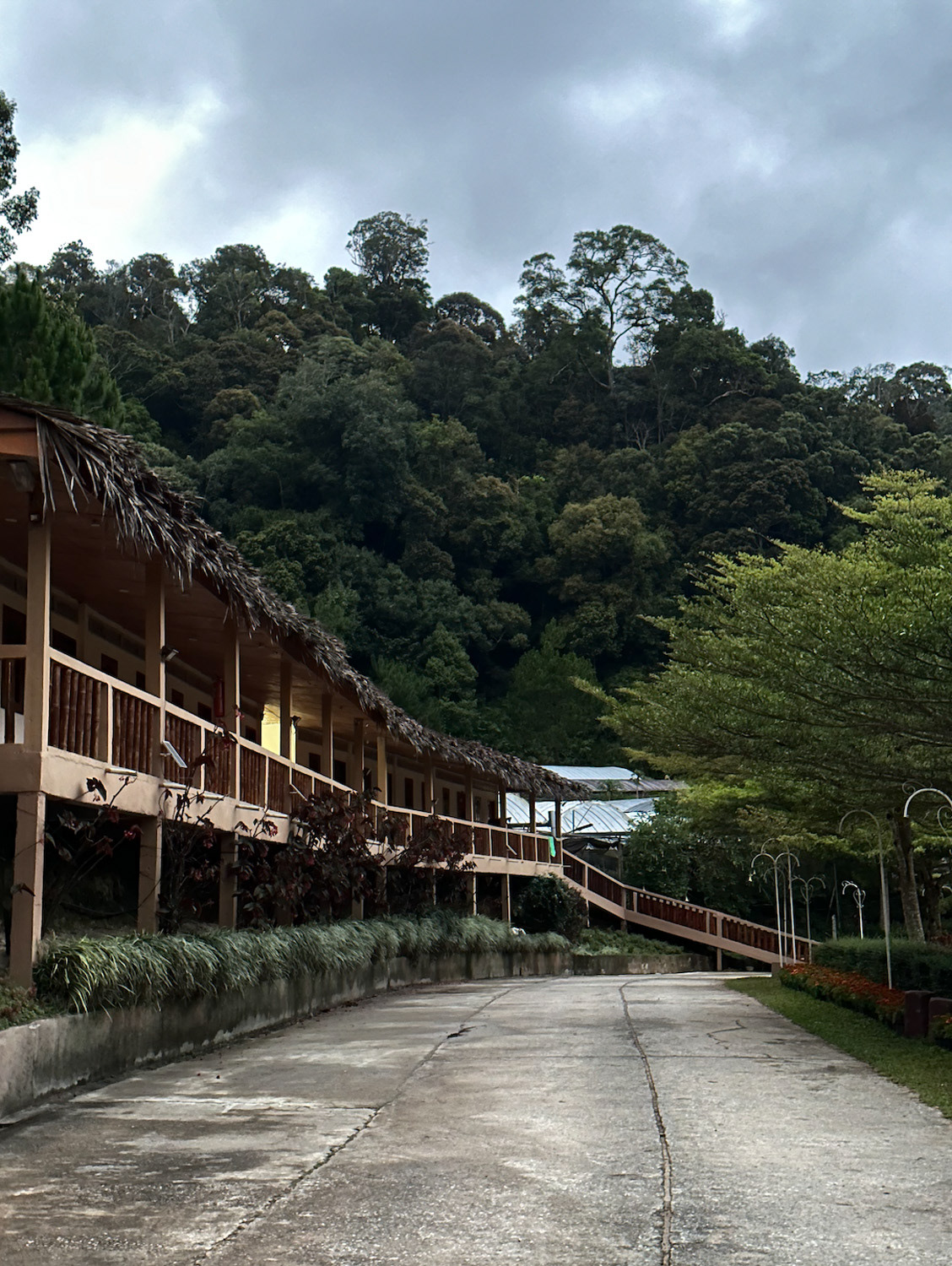
Our accommodation in the Betong highlands.
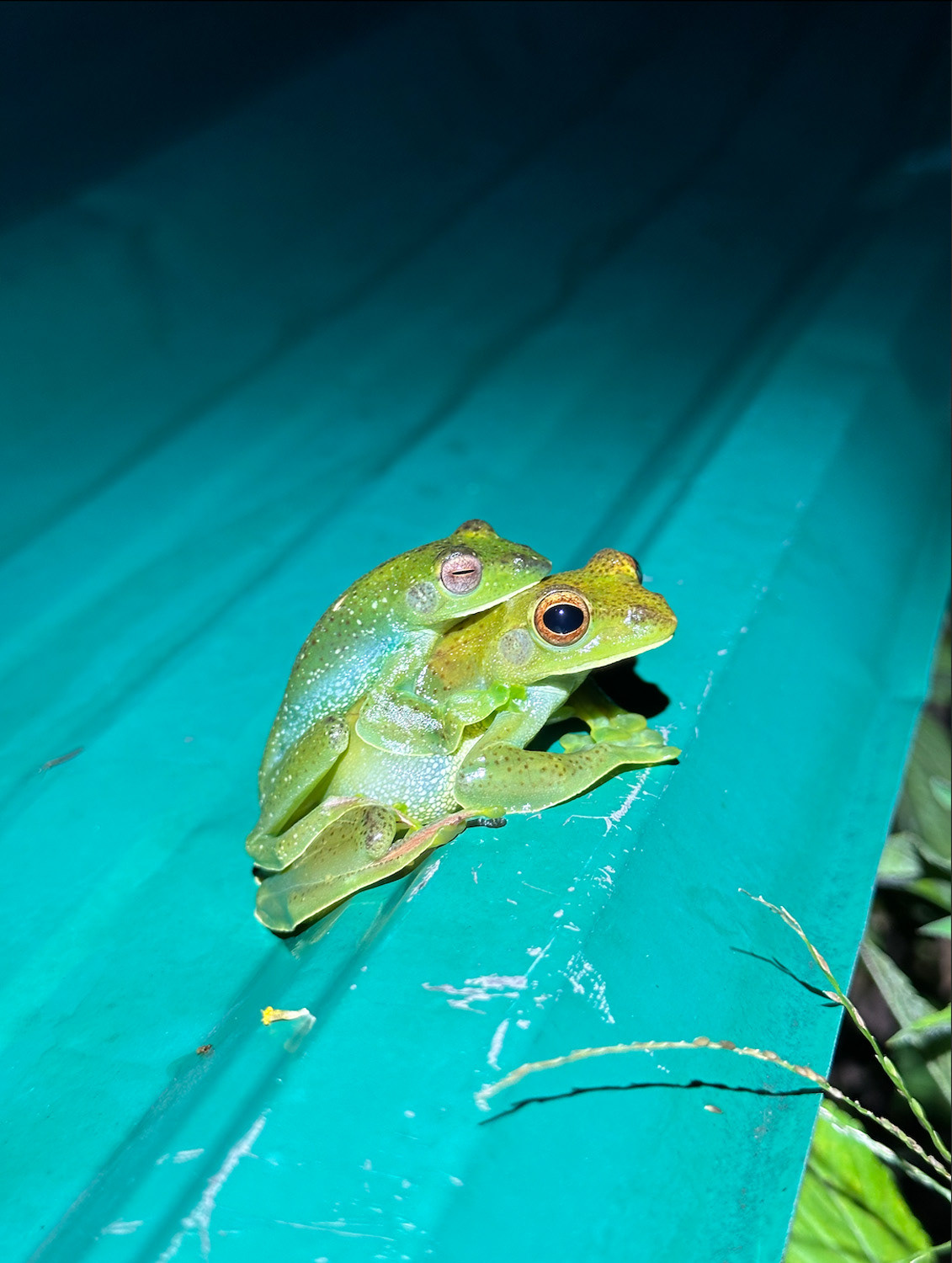
Amplexus Johor flying frogs (Zhangixalus prominanus).
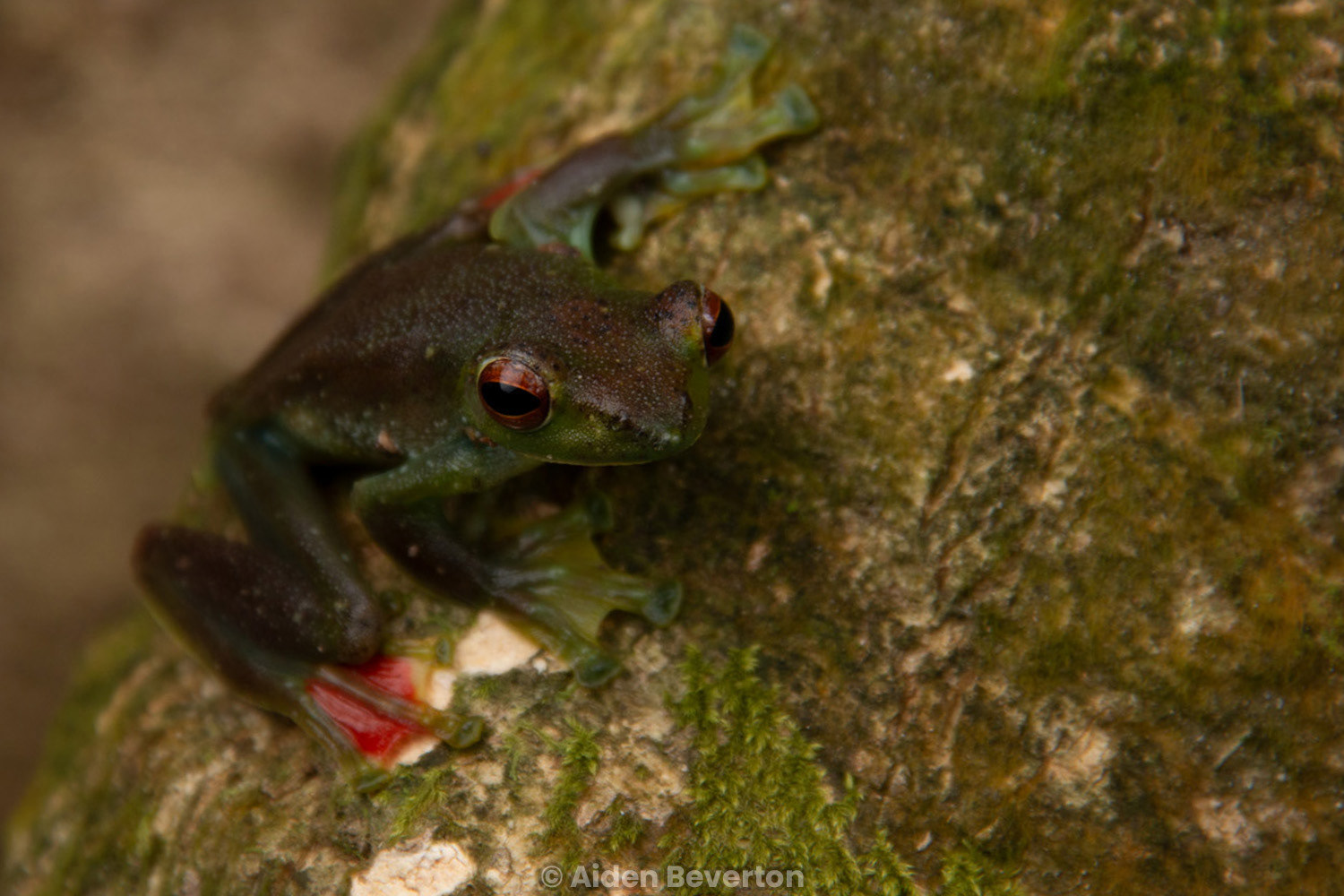
Johor flying frog (Zhangixalus prominanus).
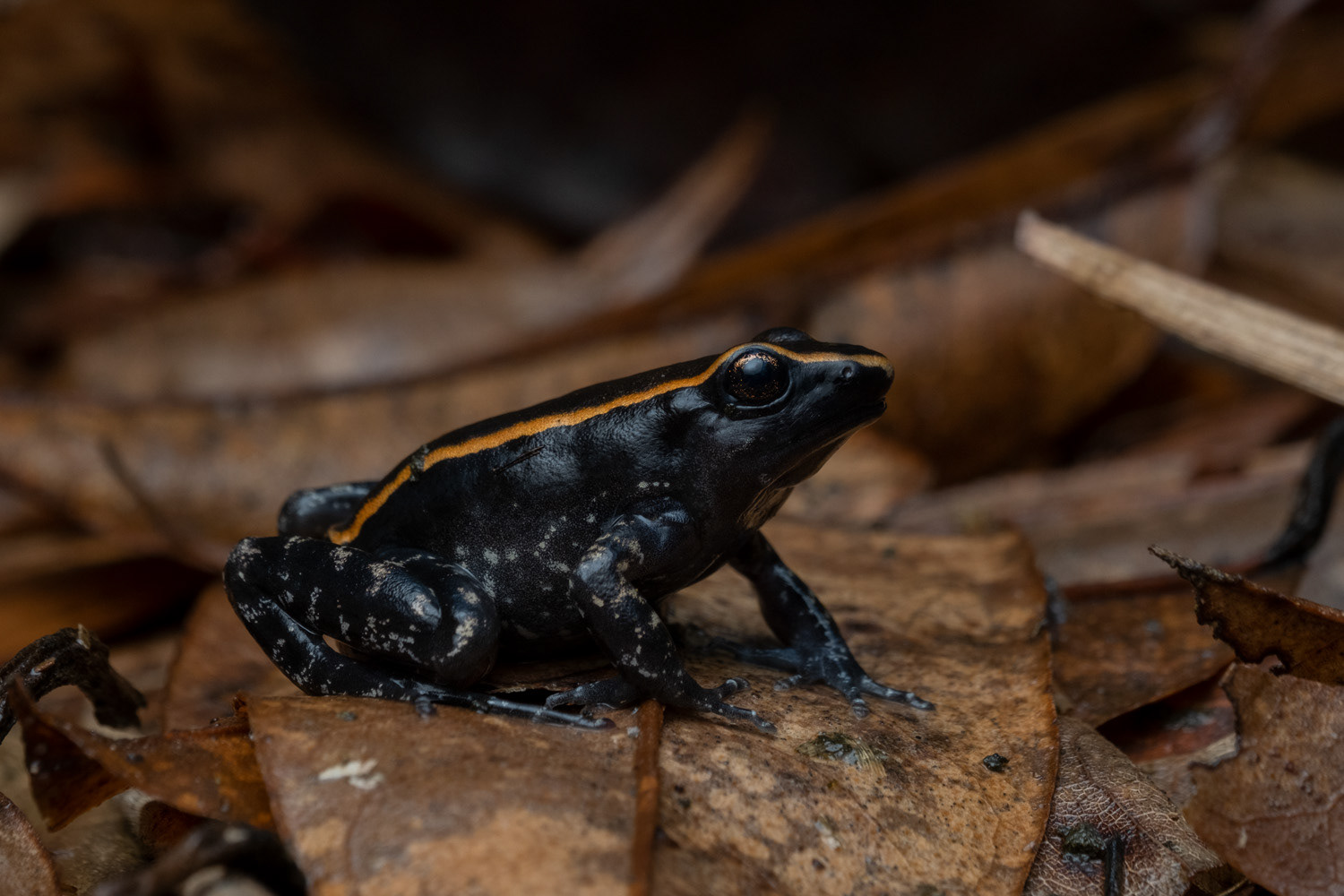
Nazgul's frog (Abavorana nazgul).
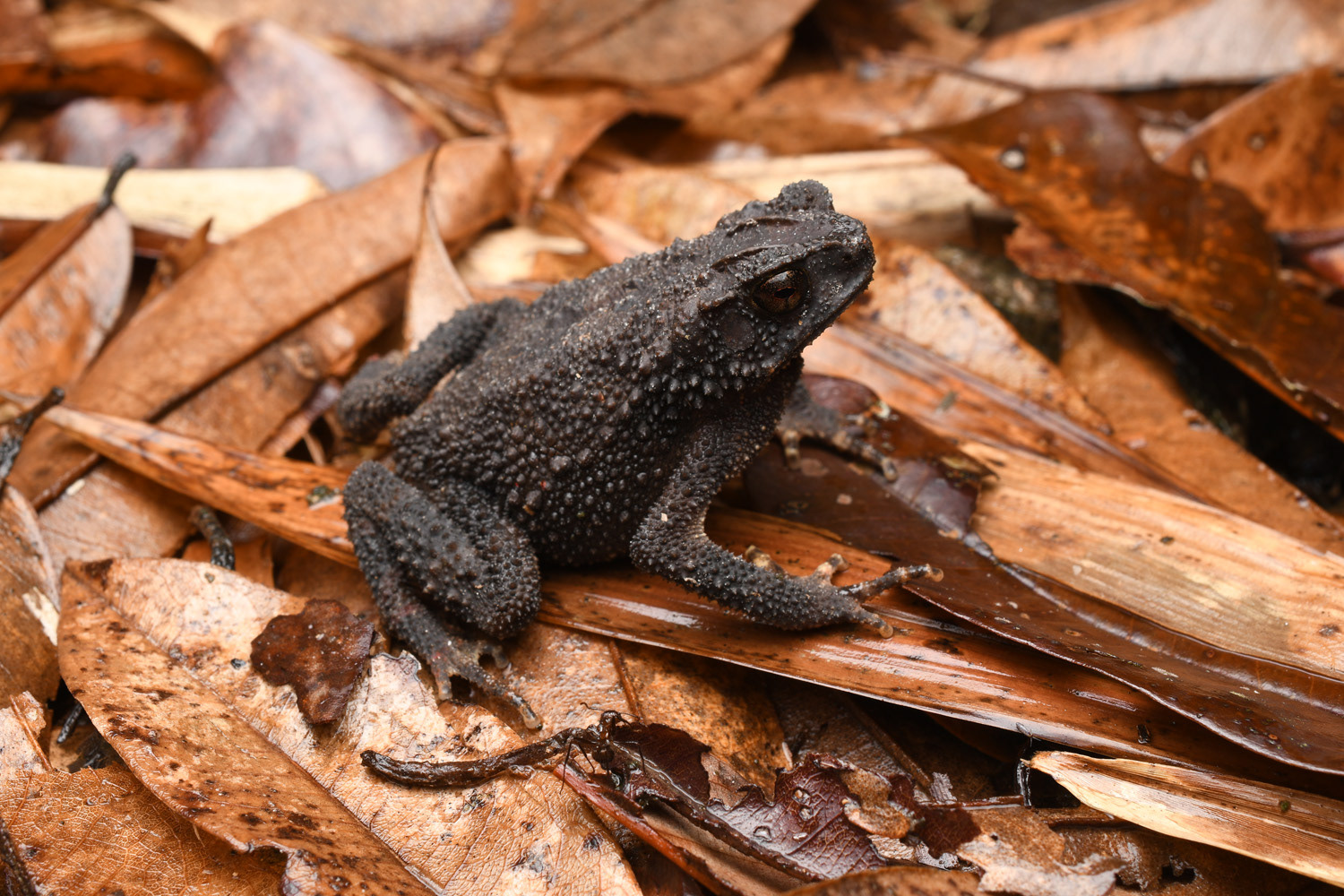
Melanistic lesser toad (Ingerophrynus parvus).
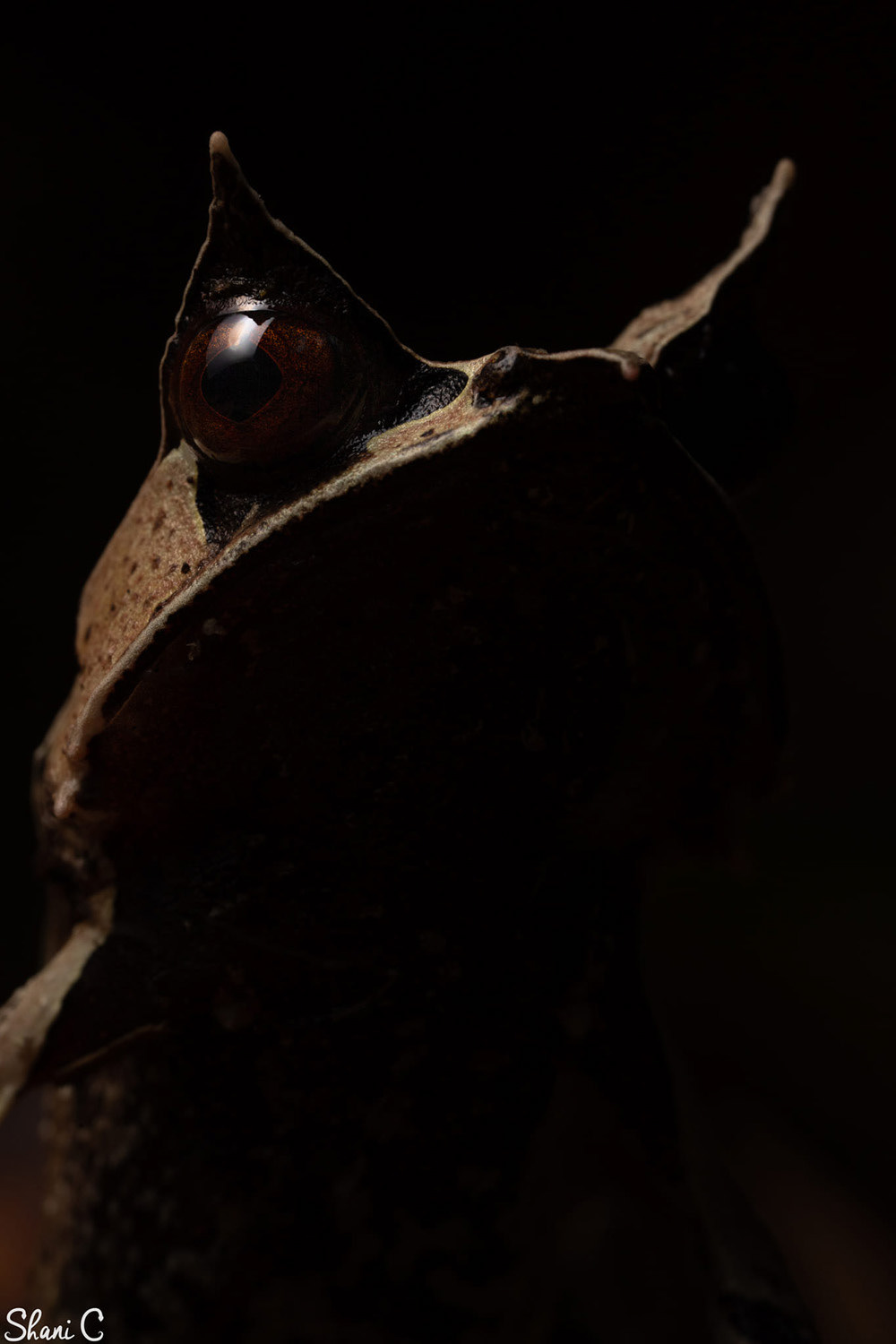
Long-nosed horned frog (Pelobatrachus nasuta).
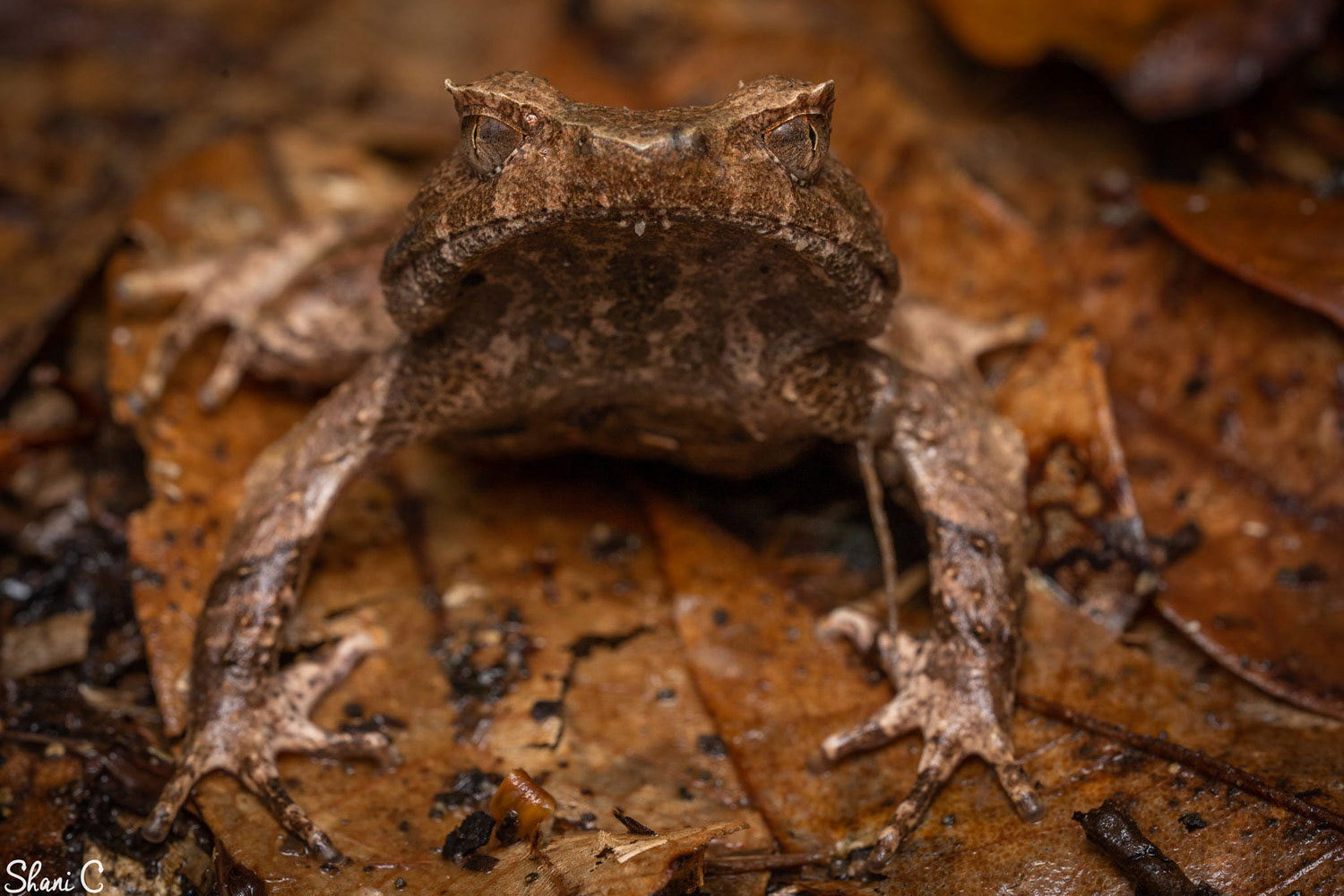
Perak horned frog (Xenophryas aceras).
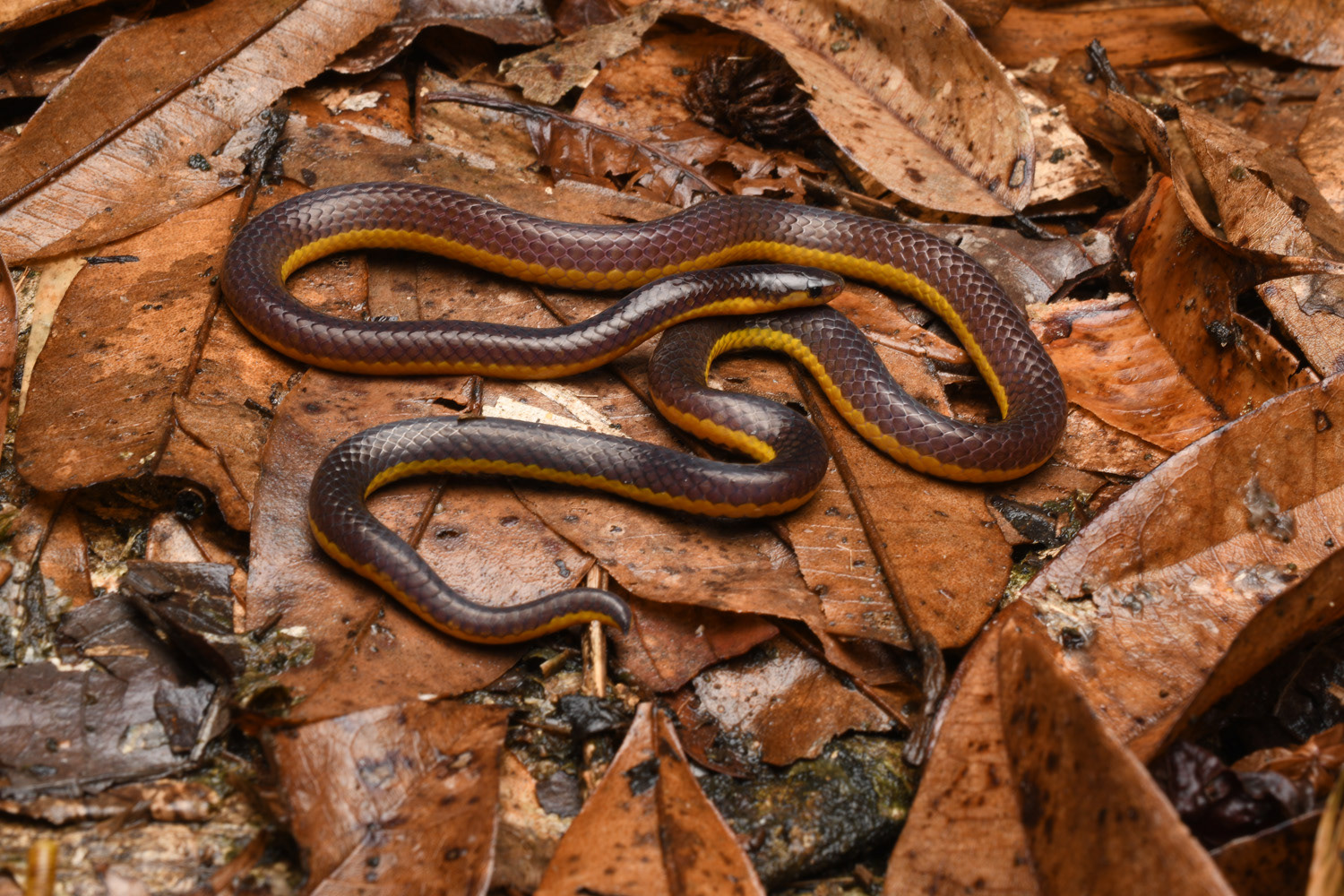
Variable reed snake (Calamaria lumbricoidea).
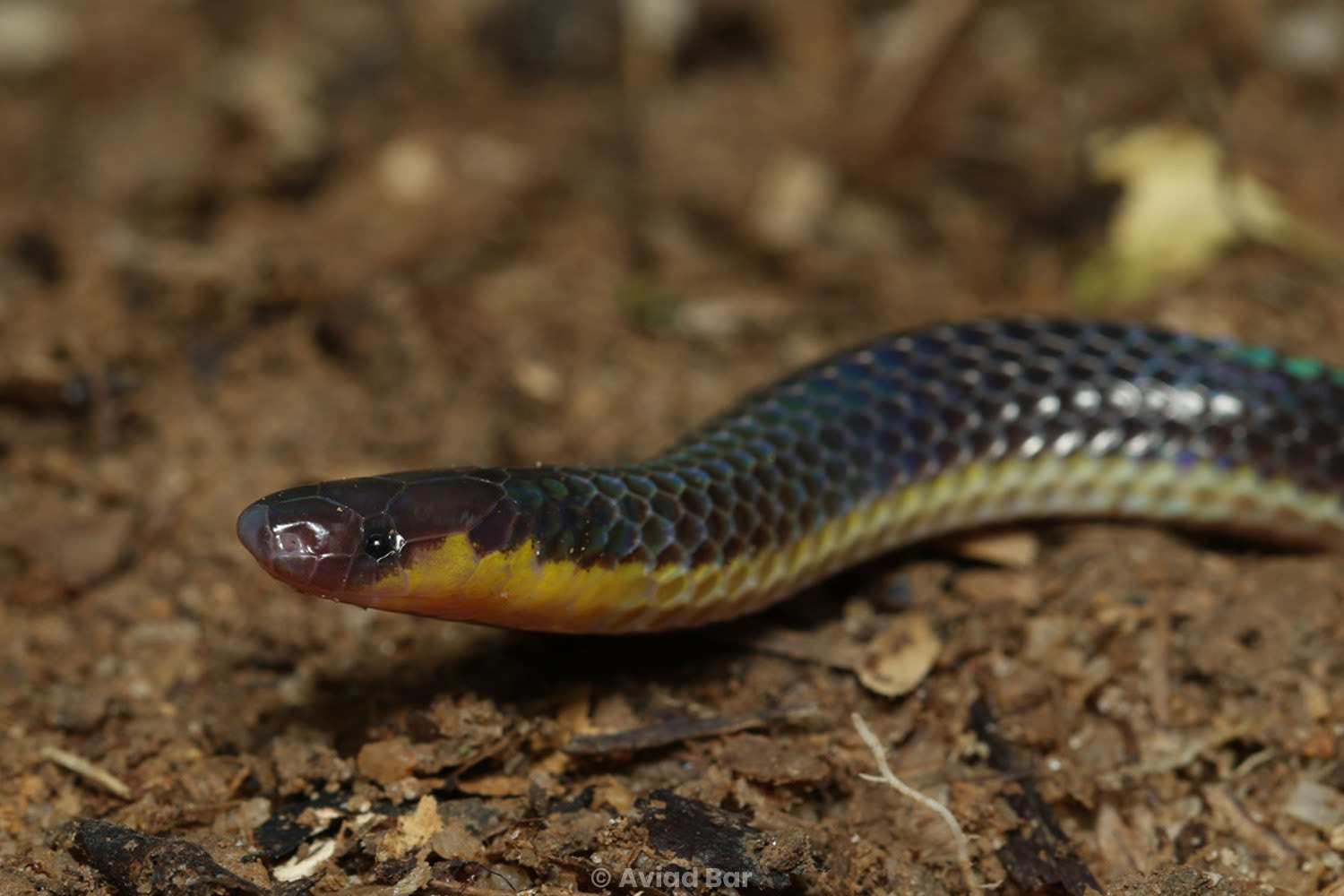
Schlegel's reed snake (Calamaria schlegeli).
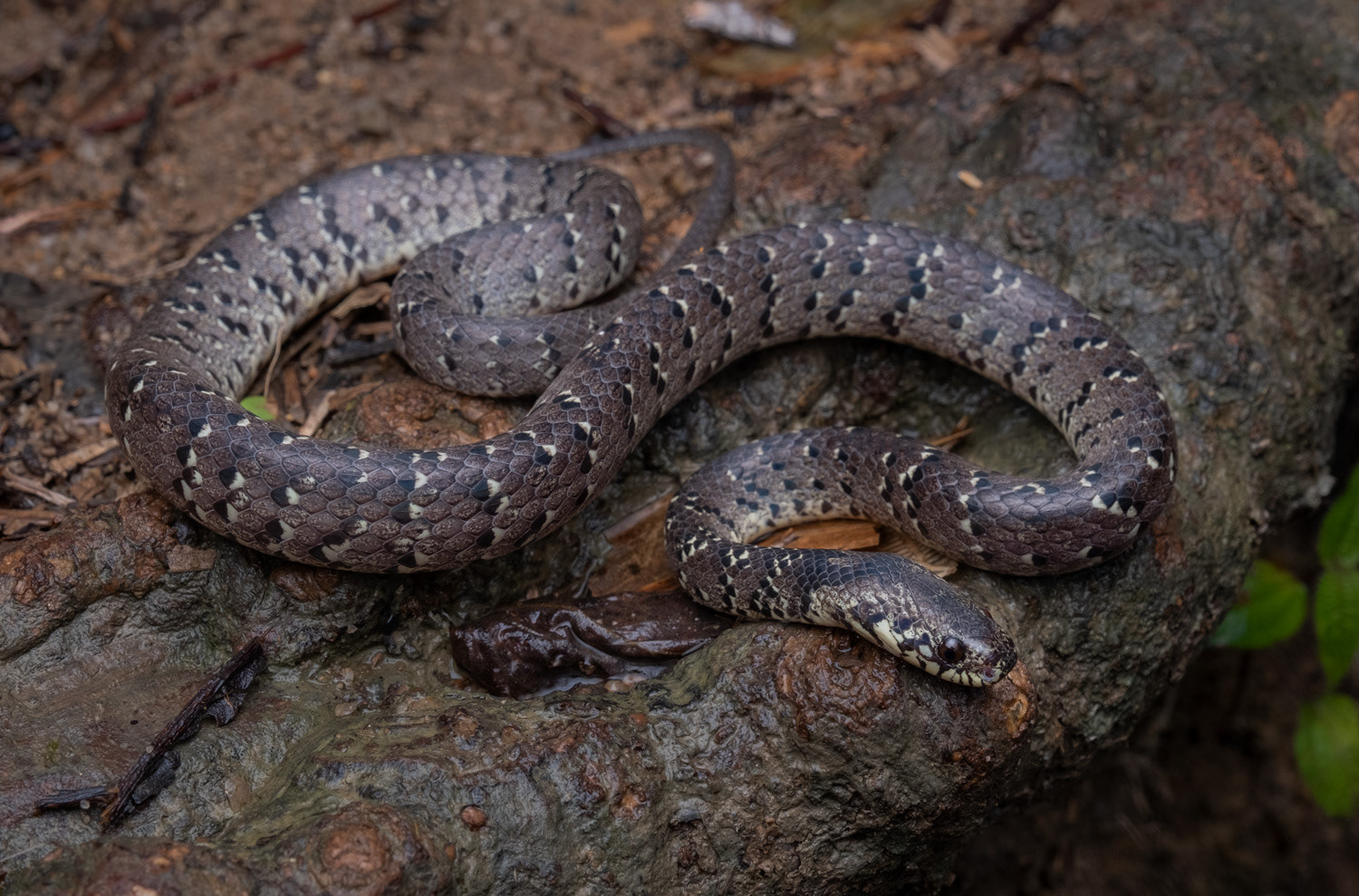
Mountain slug snake (Pareas cf. macularius).
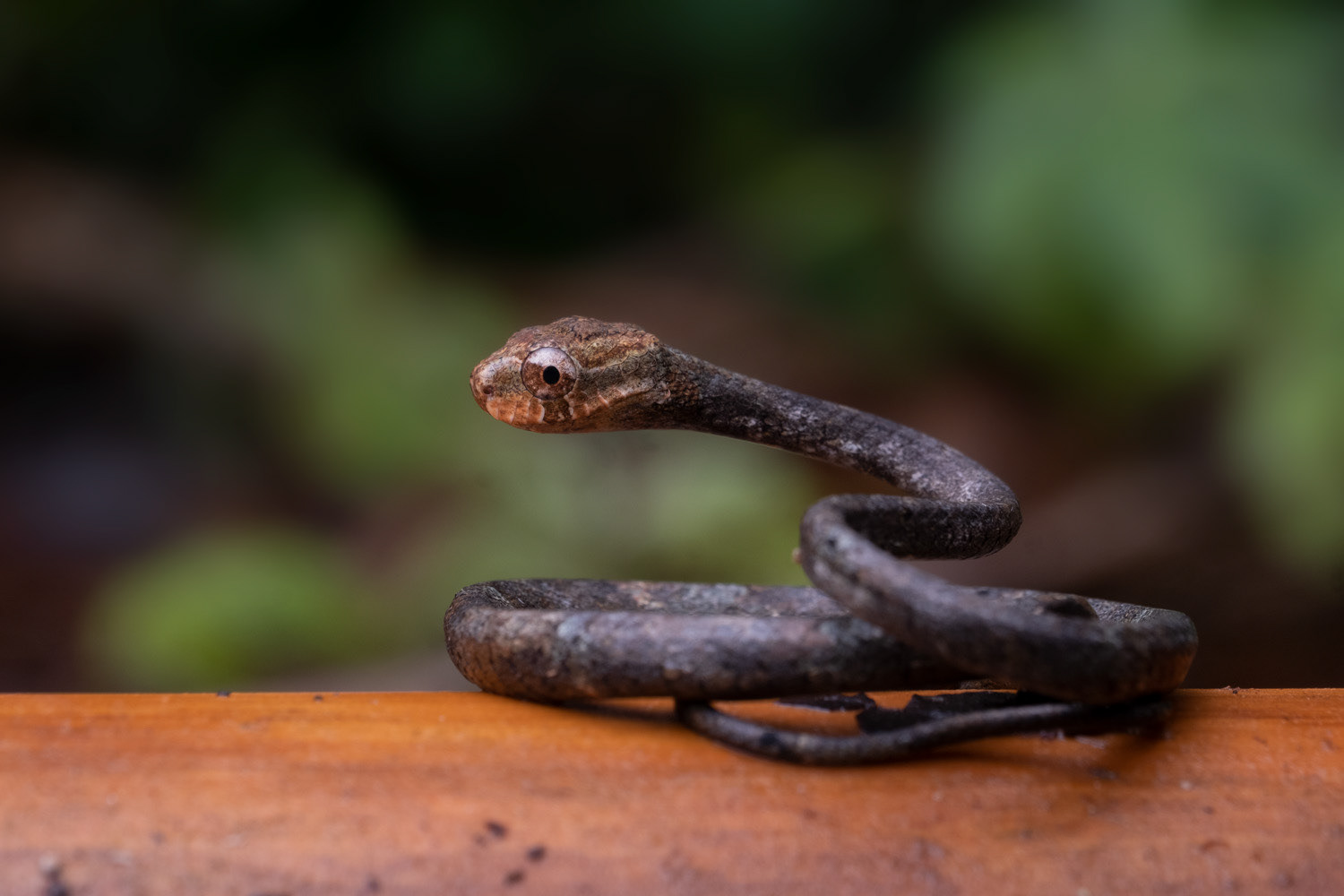
Blunt-headed slug snake (Aplopeltura boa).
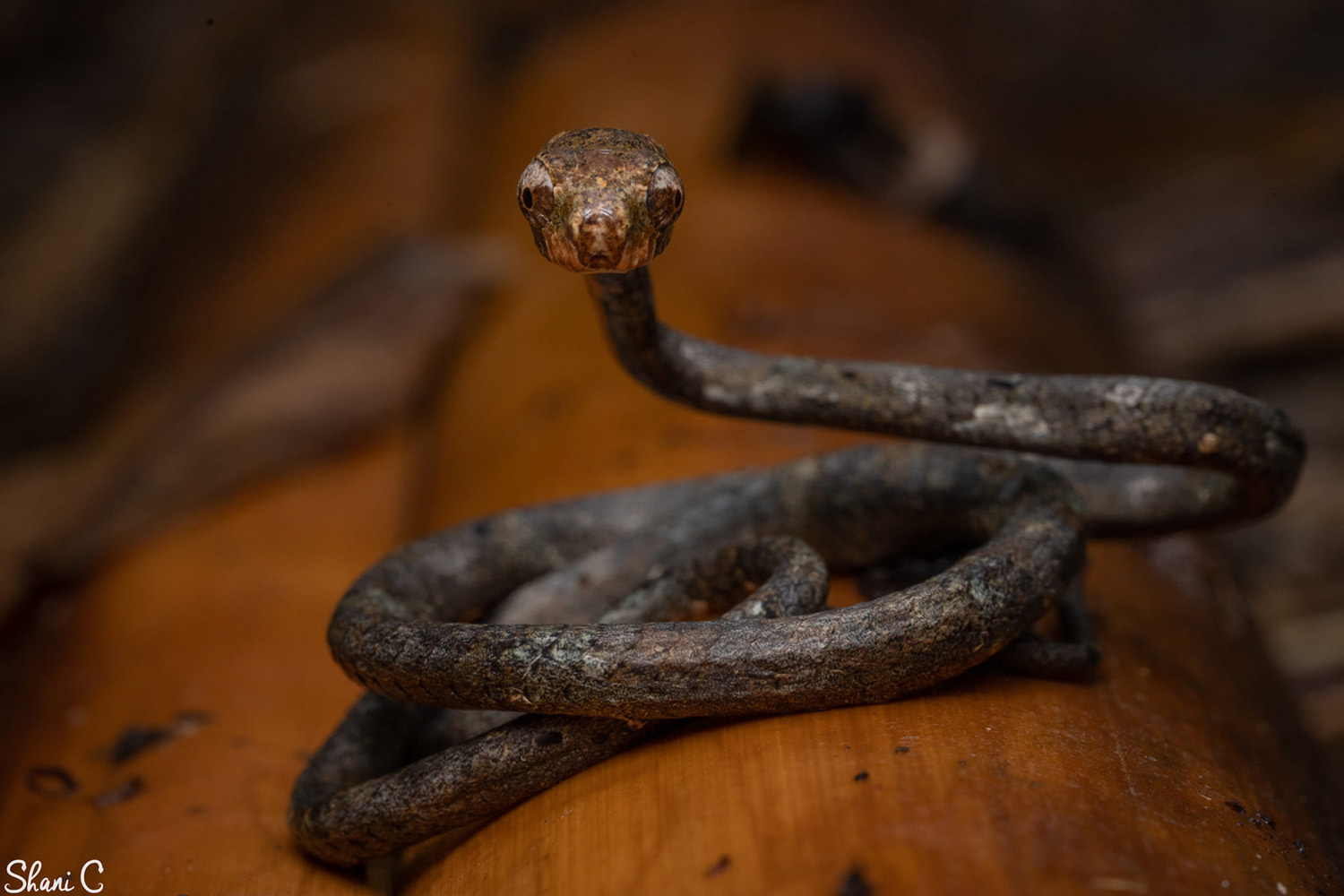
Blunt-headed slug snake (Aplopeltura boa).
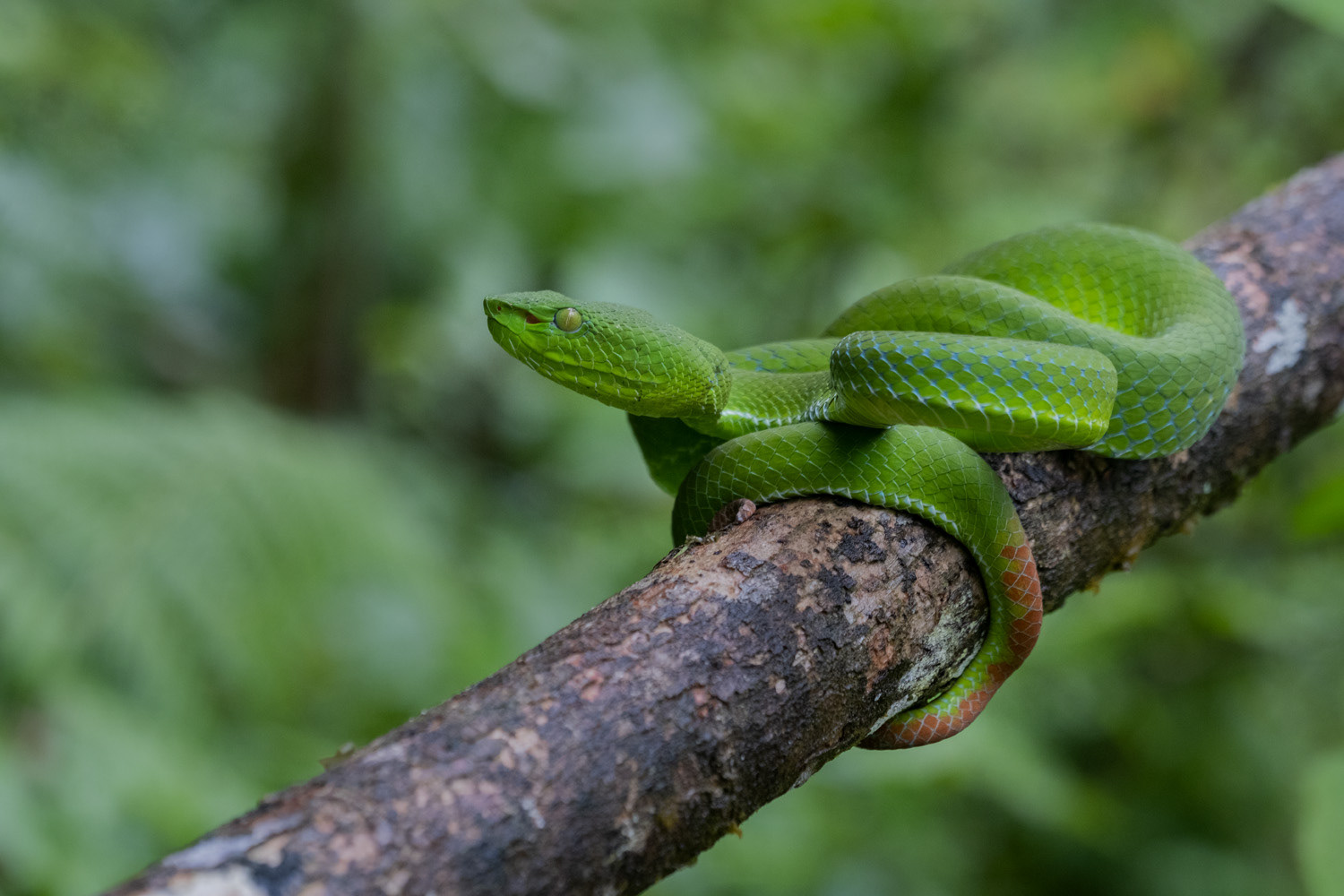
Female Sabah pit viper (Trimeresurus sabahi).
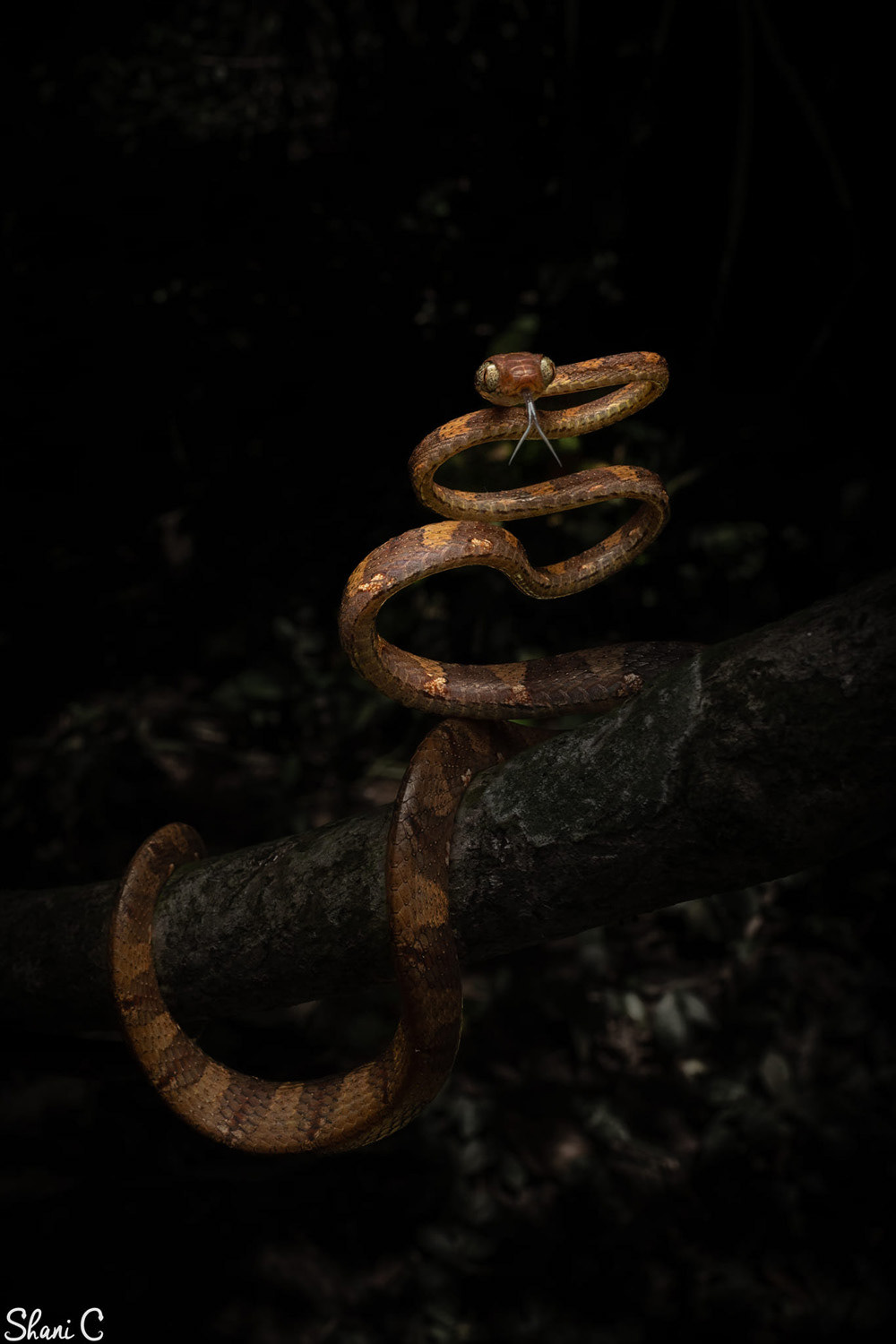
White-spotted cat snake (Boiga drapiezii).
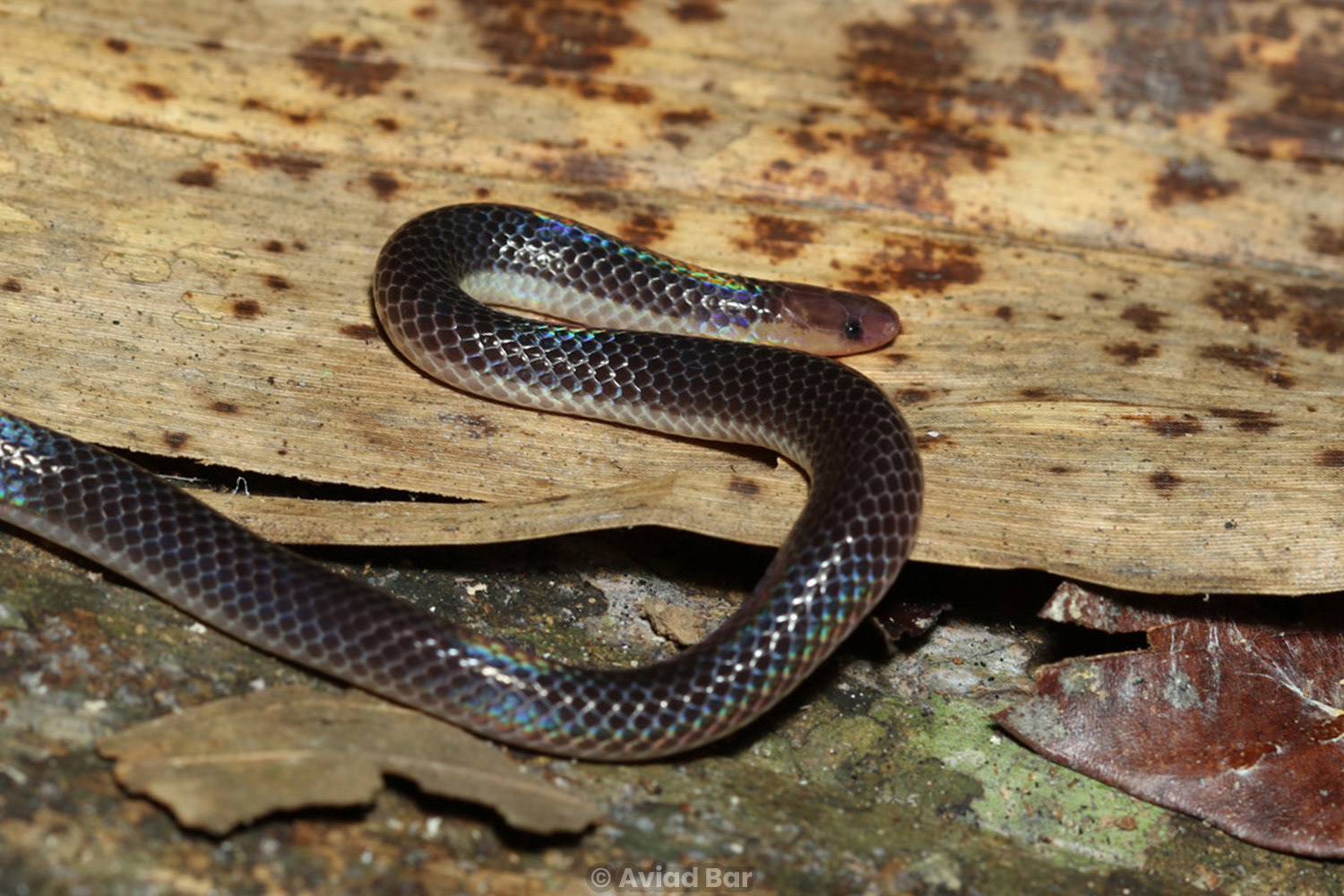
Schlegel's reed snake (Calamaria schlegeli).
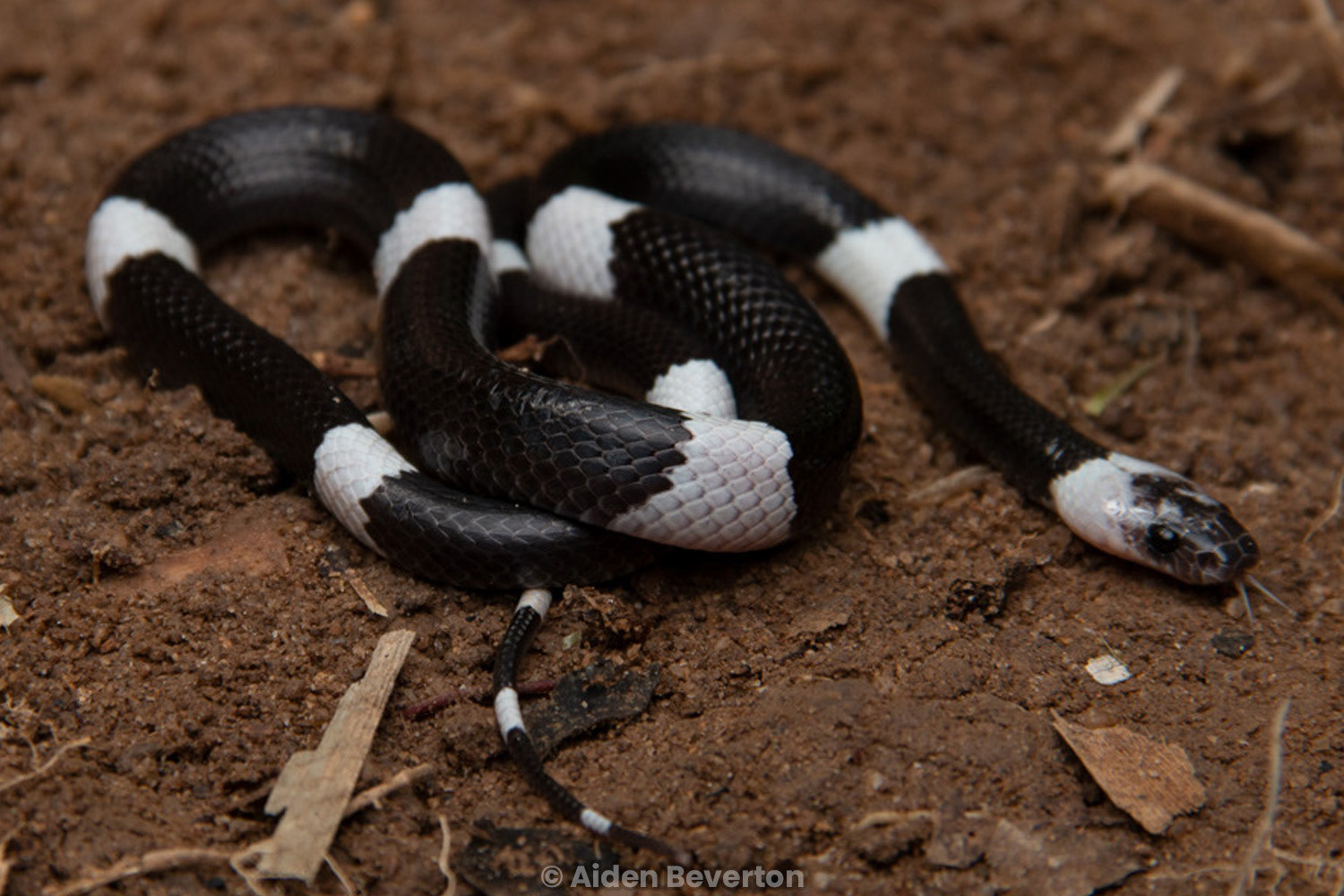
Malayan banded wolf snake (Lycodon subcinctus).
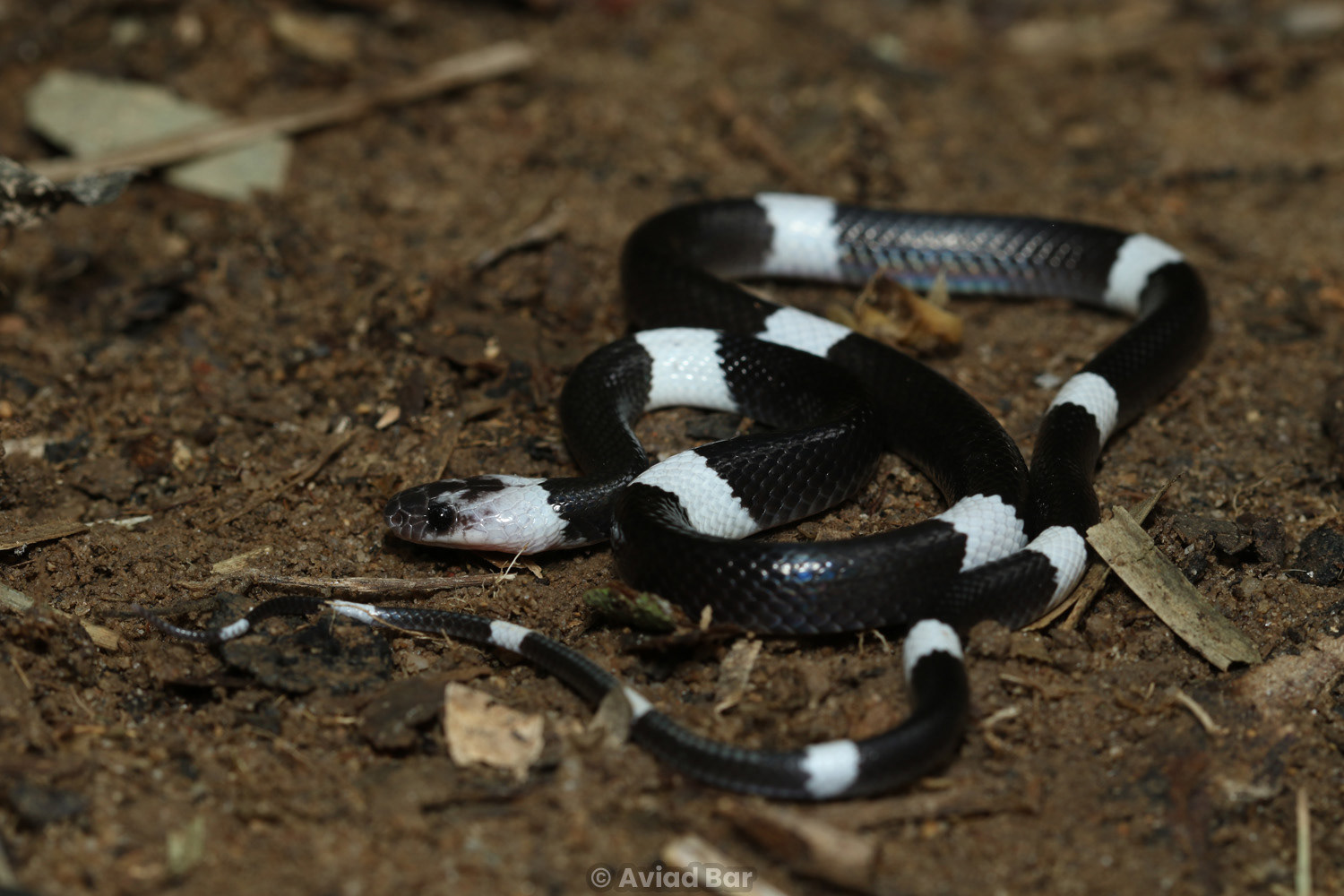
Malayan banded wolf snake (Lycodon subcinctus).
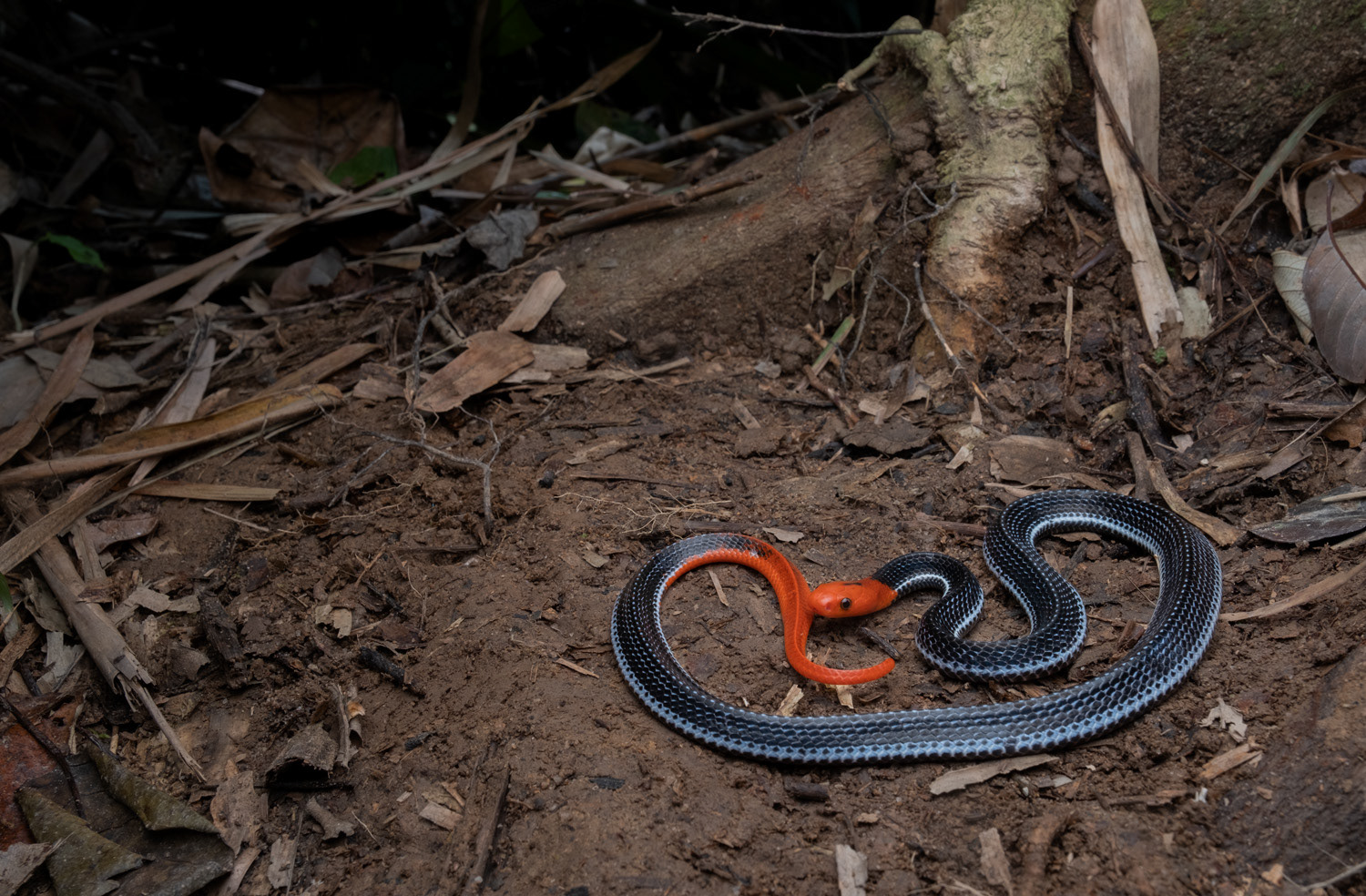
Juvenile red-headed krait (Bungarus flaviceps).
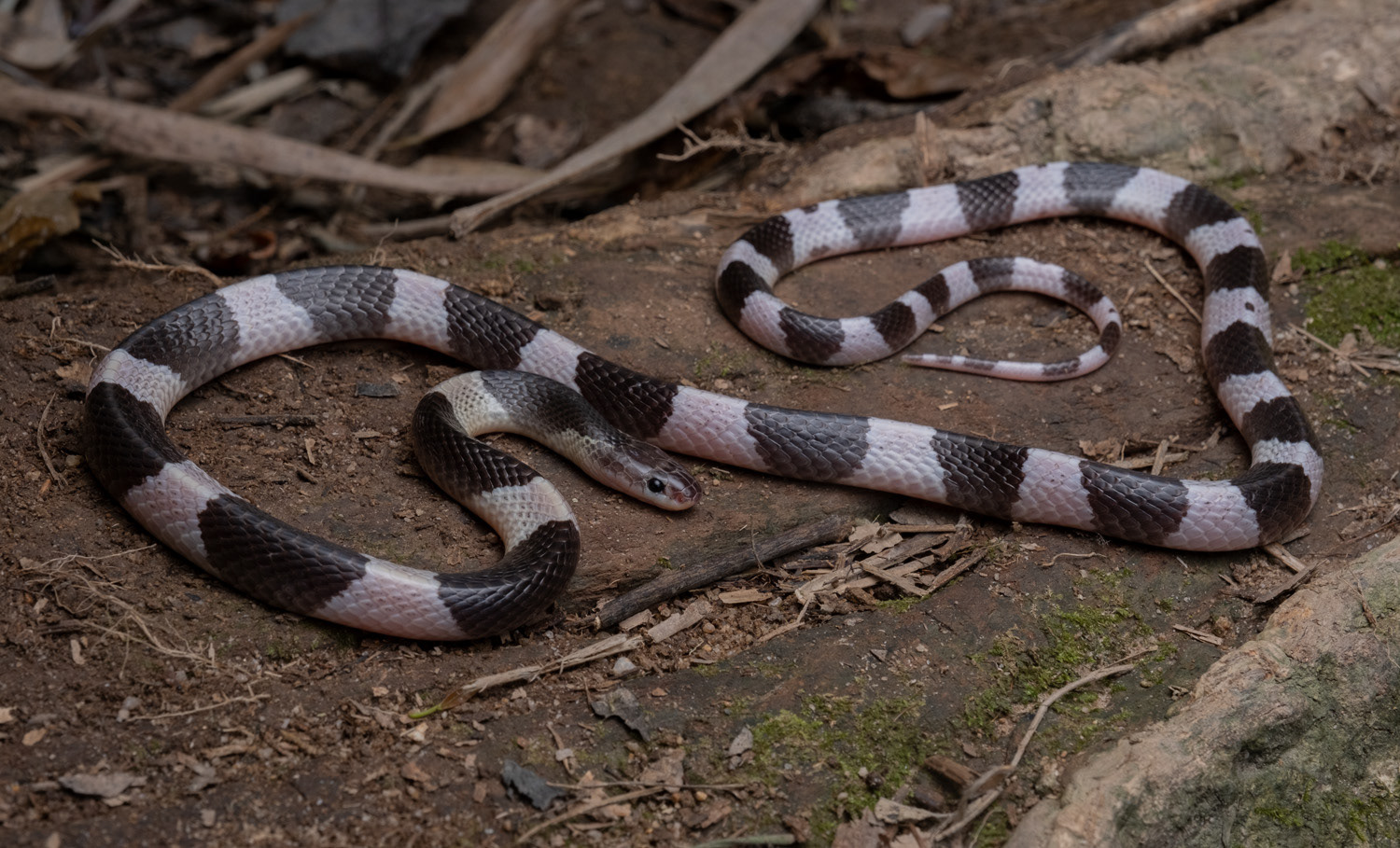
Sub-adult Malayan krait (Bungarus candidus).
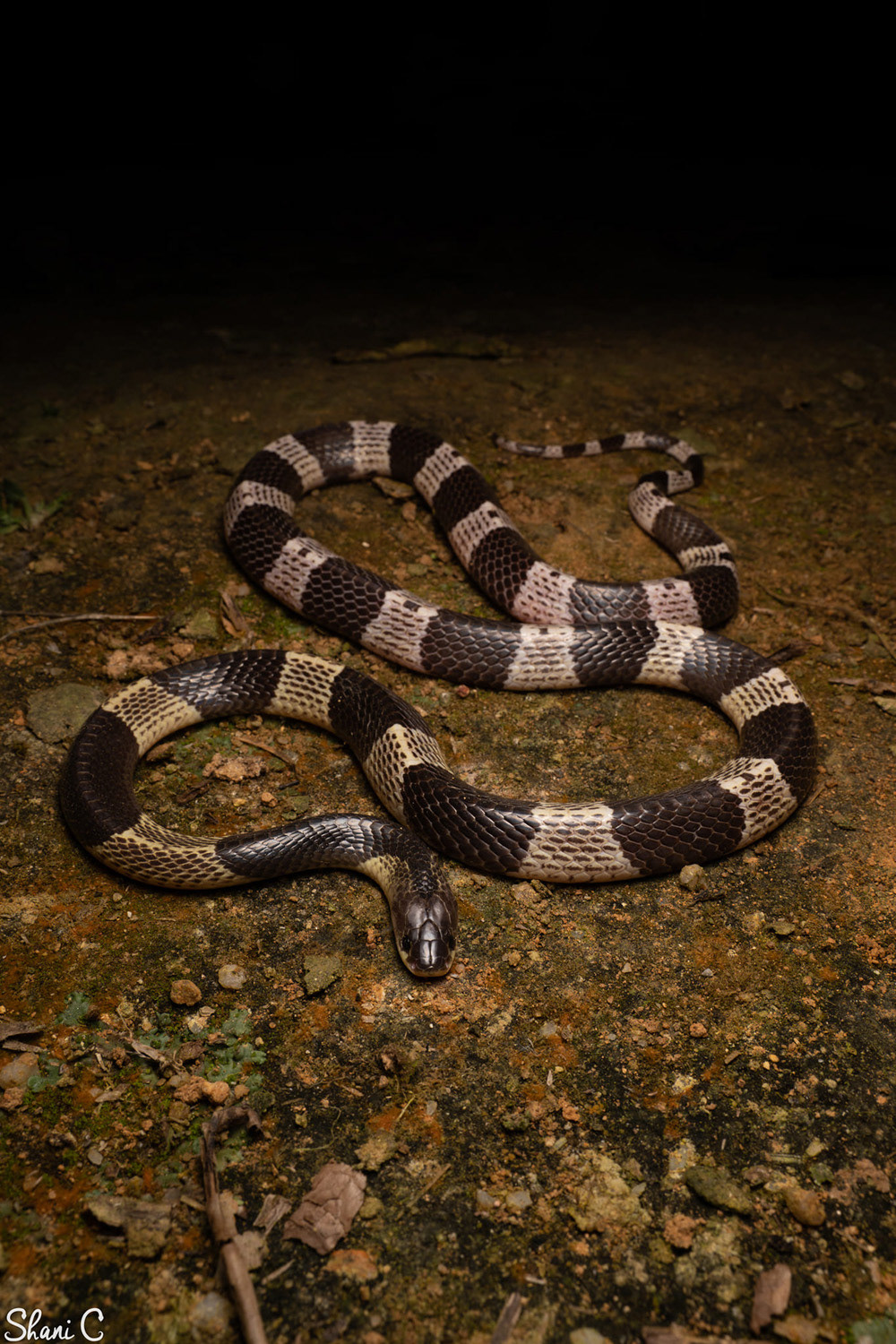
Adult Malayan krait (Bungarus candidus).,
Songkhla
The following morning, en-route back to Hat Yai, we road cruised another red-tailed racer (Gonyosoma oxycephalum) - our final snake in Yala province. After checking into our hotel in Hat Yai, we drove out to our very final herping location of the trip and cruised a large Malayan pit viper (Calloselasma rhodostoma). Once out on foot, Aiden spotted a juvenile keeled rat snake (Ptyas fusca) sleeping in some vegetation. This was our 44th species of snake. The final snake seen was a juvenile Hagen’s pit viper (Trimeresurus hageni). On top of snakes, we caught a Herbert’s supple skink (Subduloceps herberti) and a rare horrible bug-eyed frog (Theloderma horridum).
Thus concluded the expedition. We saw an unprecedented 44 species of snake and well over 110 species of herpetofauna in just 10 days, only a fraction of which were mentioned or pictured in this report.
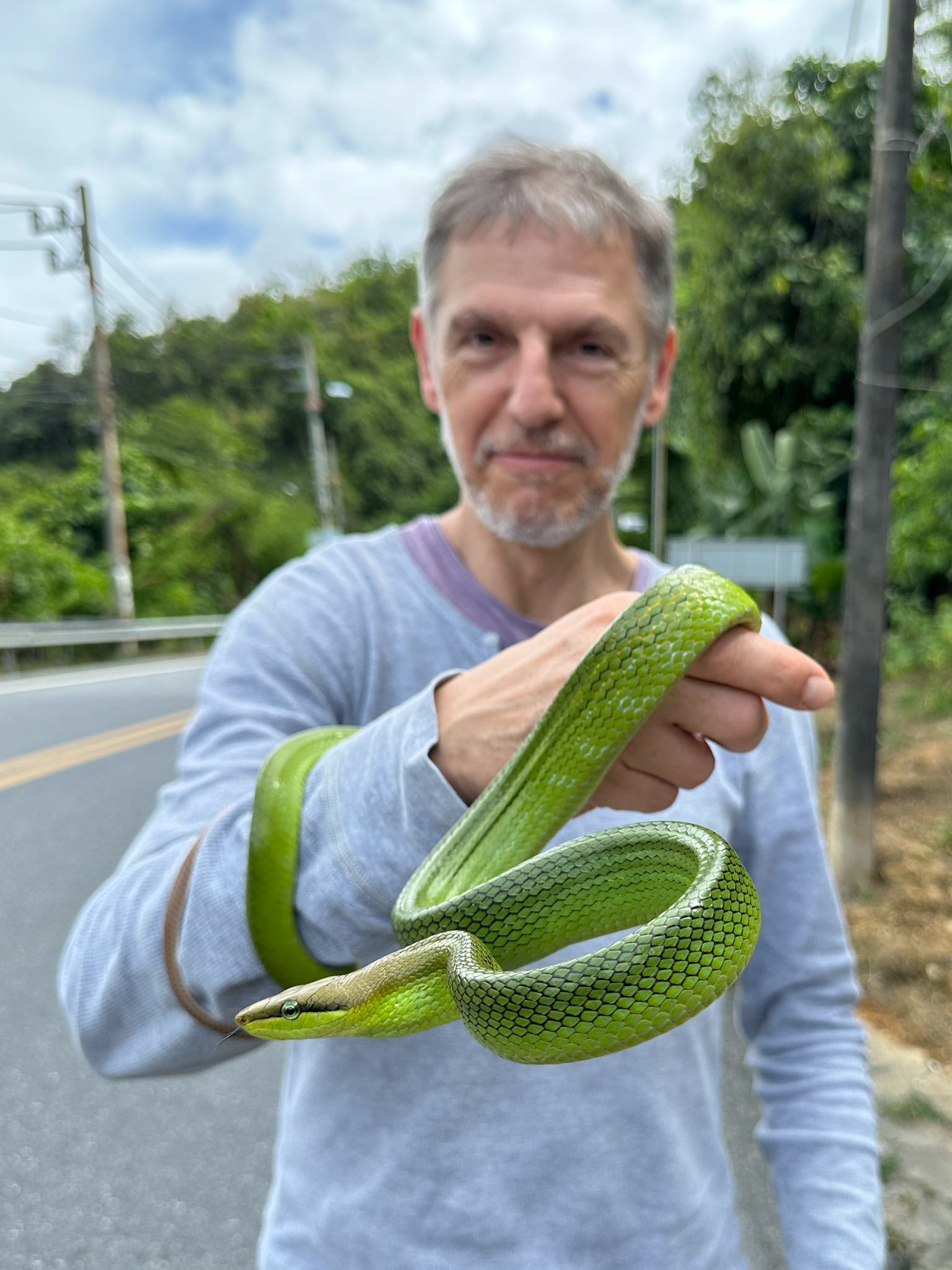
Red-tailed racer (Gonyosoma oxycephalum).
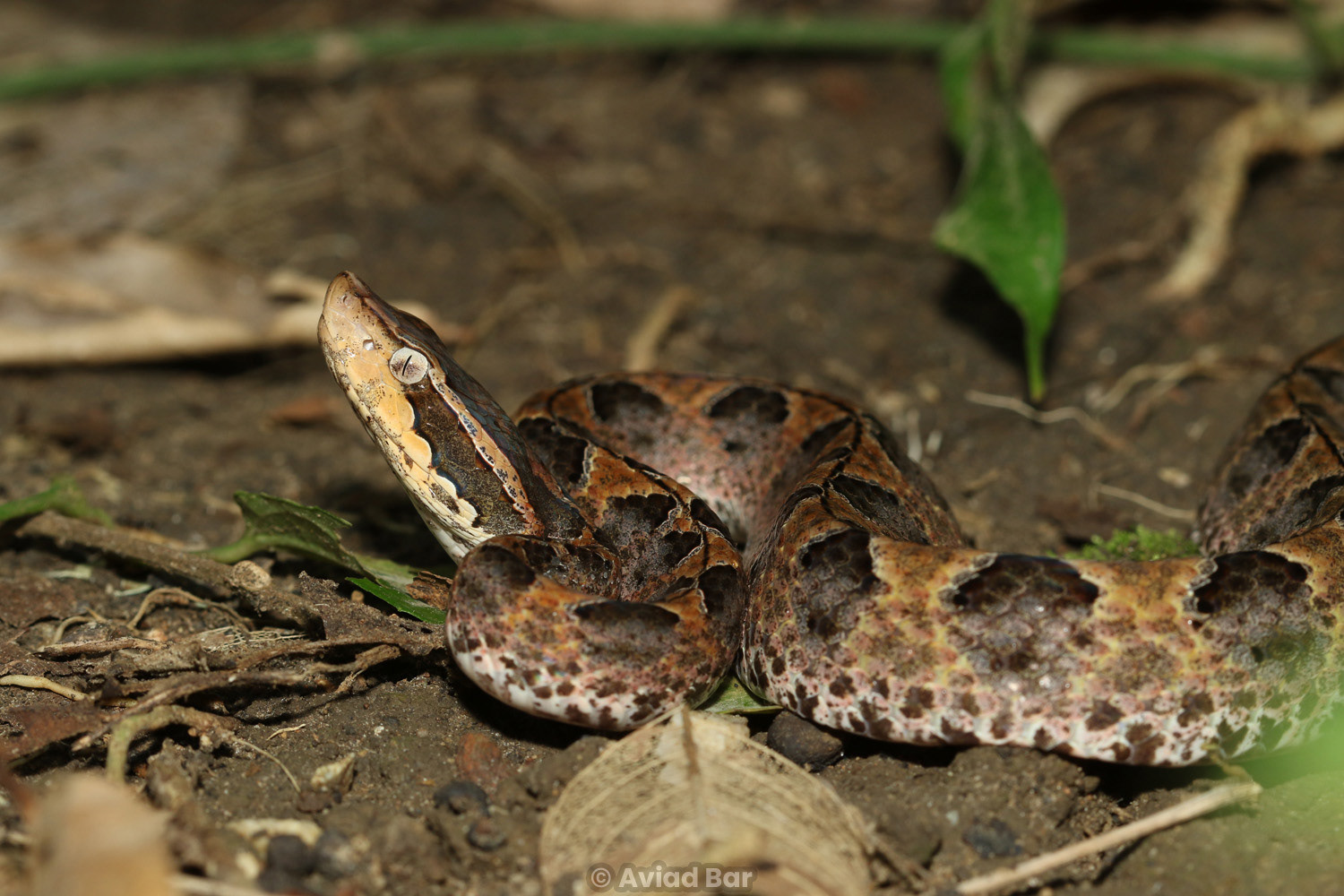
Malayan pit viper (Calloselasma rhodostoma).
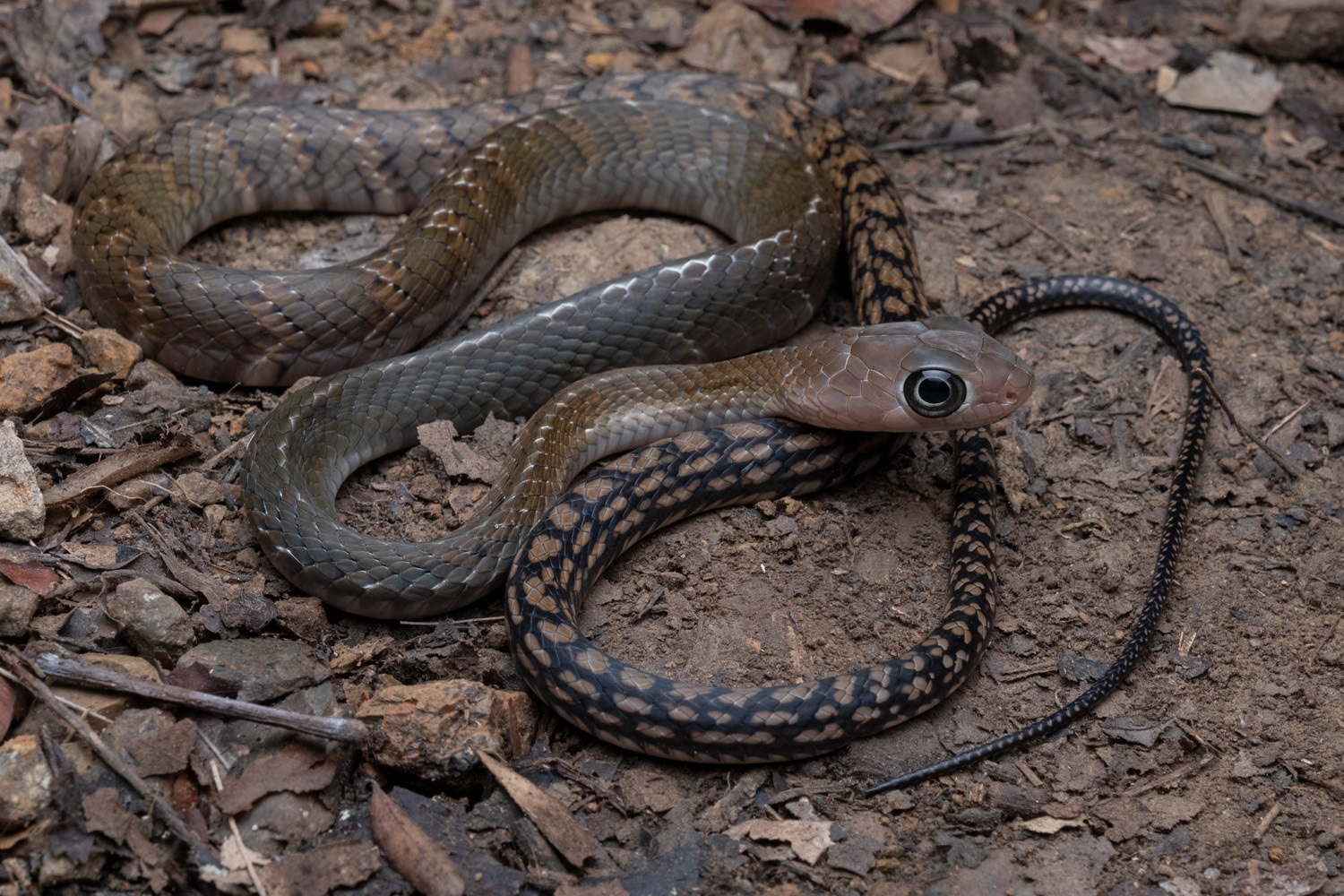
Keeled rat snake (Ptyas carinata).
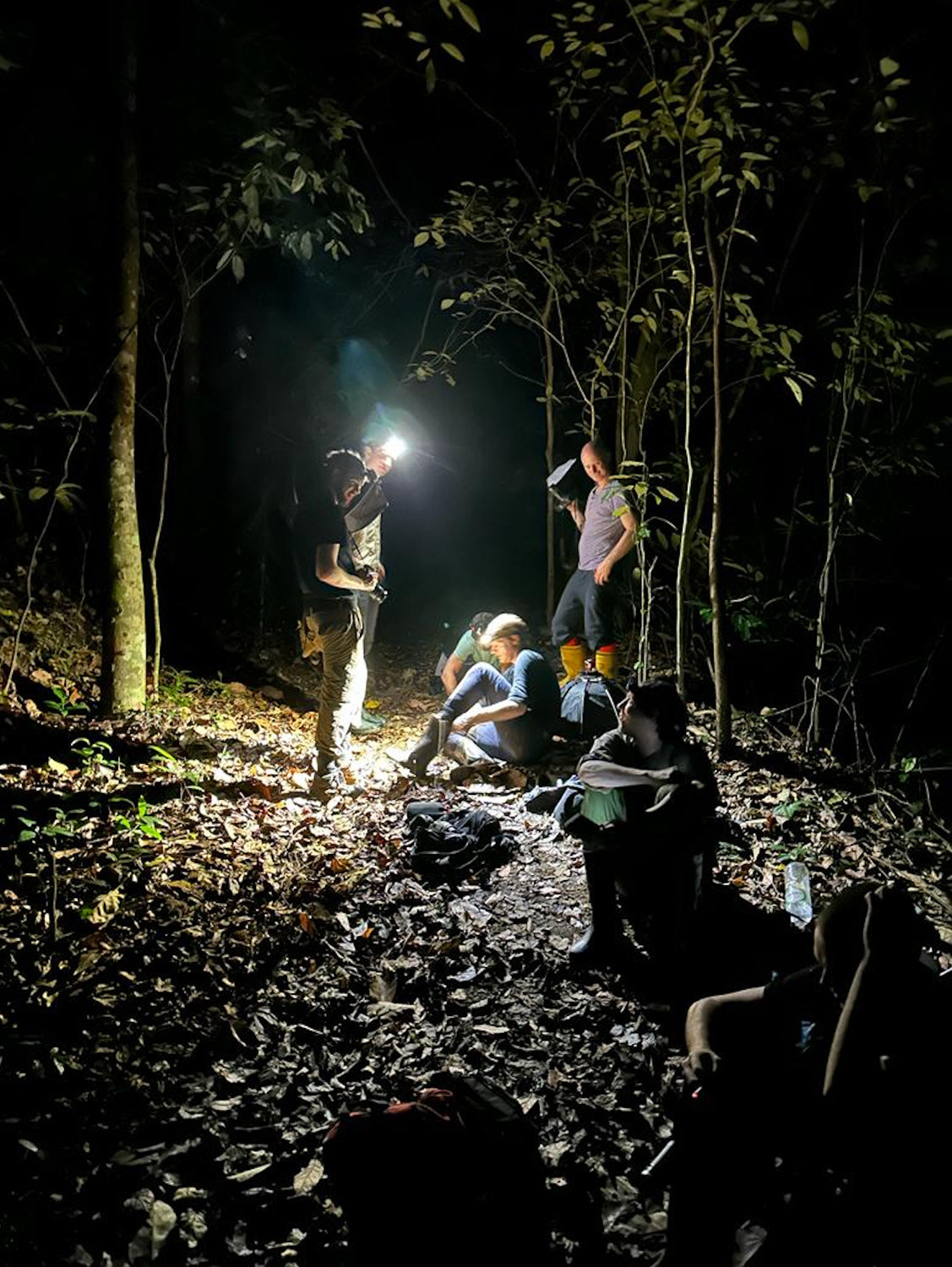
A little tired by night 10.
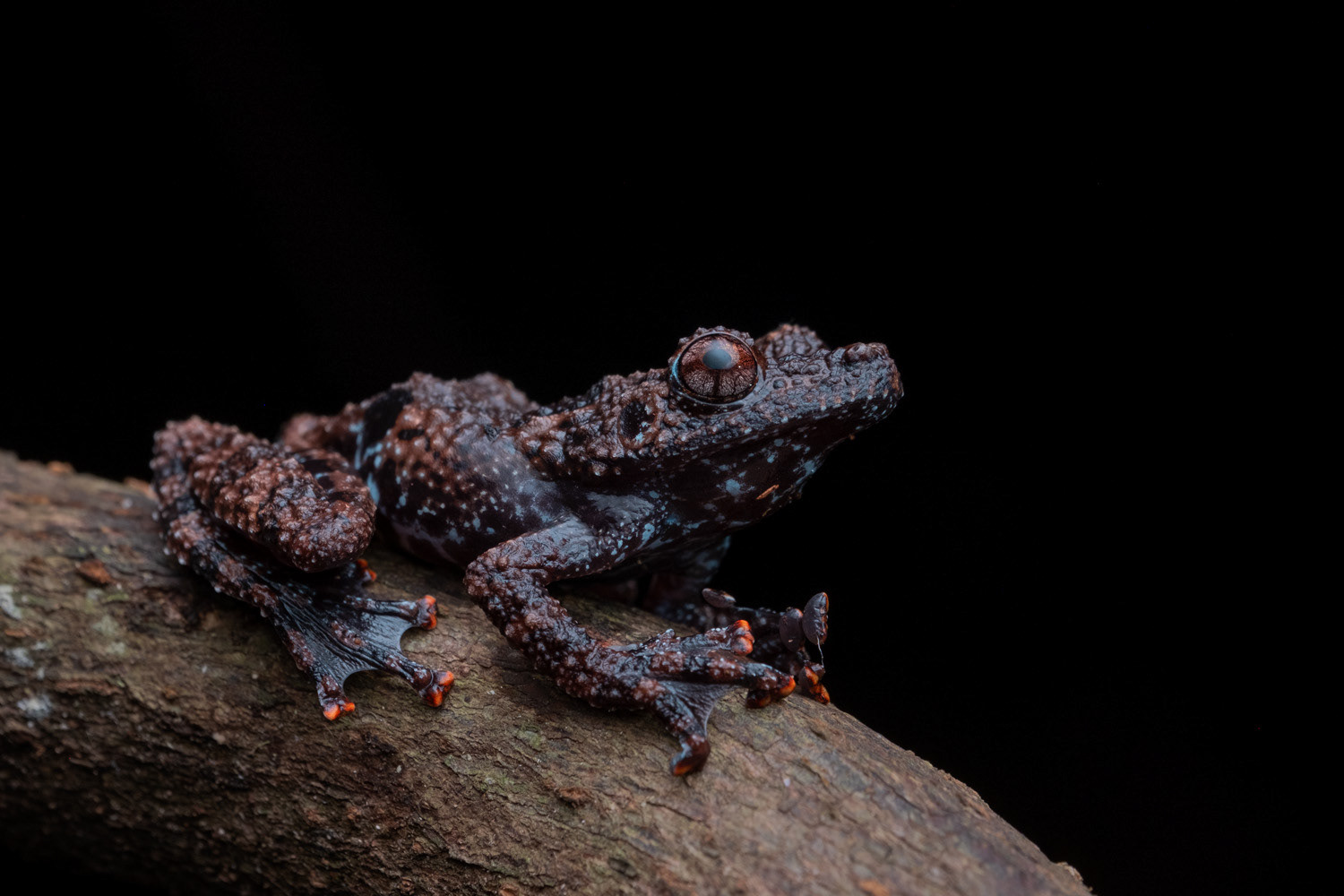
Horrible bug-eyed frog (Theloderma horridum).
